Here are my favorite famous poems categorized:
- Most famous poems of all time
- Famous short poems
- Notable poems by famous poets
So if you want the best famous poems, then you’re in the right place.
Let’s get started!
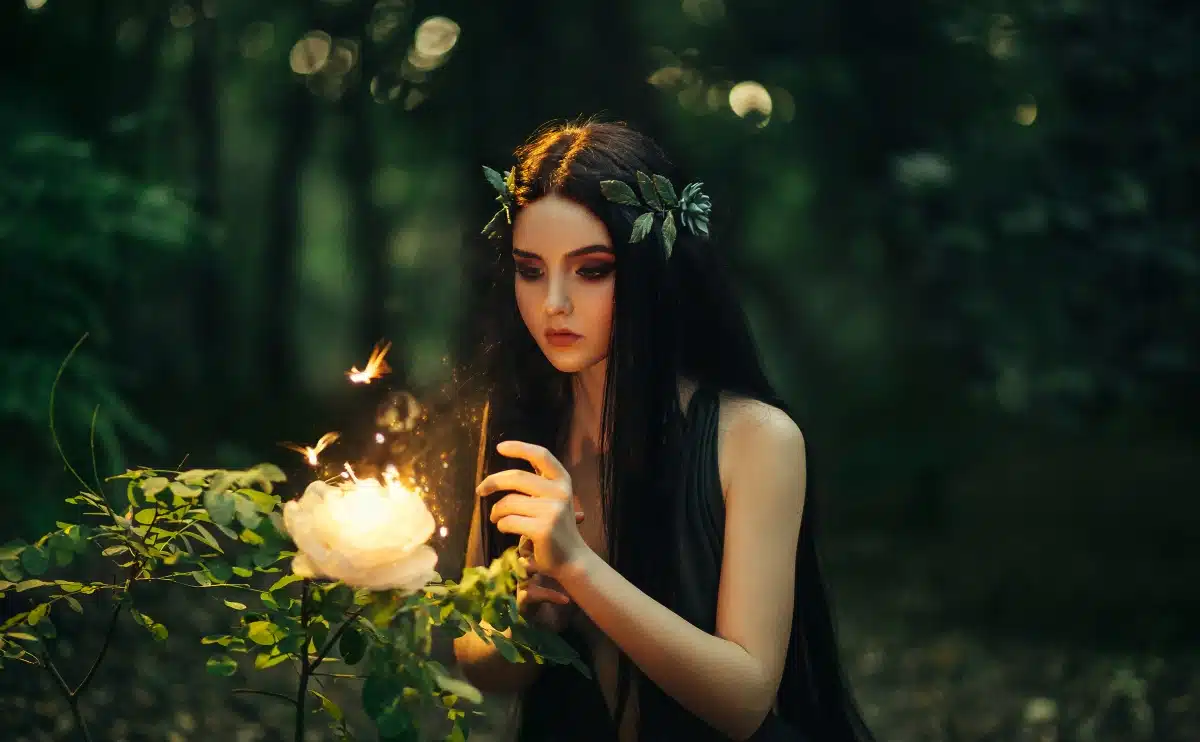
Breathtaking Famous Poems
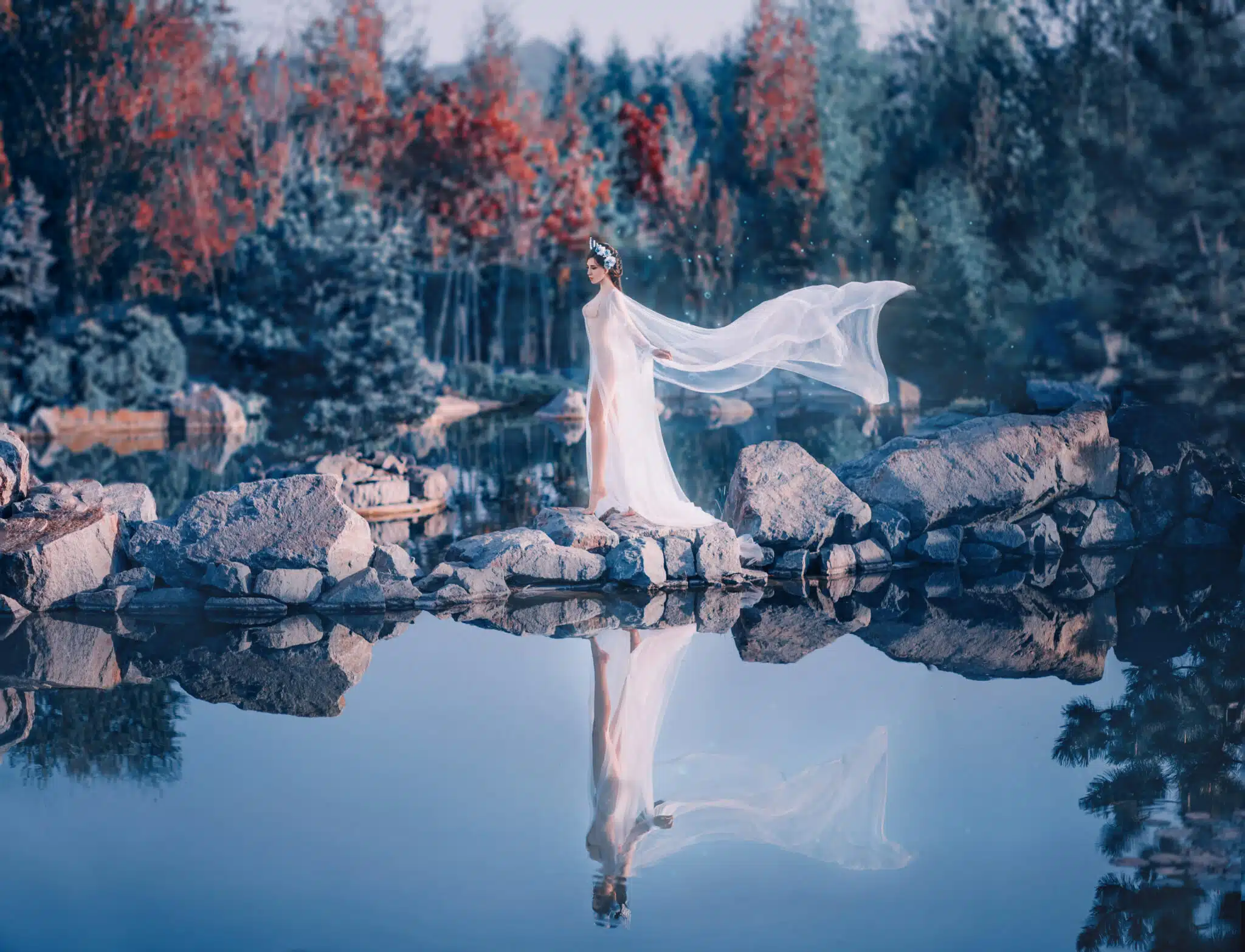
Discover a curated collection of the world’s most renowned poems, categorized for your convenience.
From the all-time greats to the most memorable short pieces, and even works suitable for young readers, find the best of the best in one convenient location.
Our handpicked selection guarantees you’ll experience the full range of human emotion and imagination, distilled into the finest examples of literary excellence. Start your journey through the world’s most celebrated poetry today.
My #1 Favorite Famous Poem
“The Road Not Taken” by Robert Frost
Two roads diverged in a yellow wood,
And sorry I could not travel both
And be one traveler, long I stood
And looked down one as far as I could
To where it bent in the undergrowth;
Then took the other, as just as fair,
And having perhaps the better claim,
Because it was grassy and wanted wear;
Though as for that the passing there
Had worn them really about the same,
And both that morning equally lay
In leaves no step had trodden black.
Oh, I kept the first for another day!
Yet knowing how way leads on to way,
I doubted if I should ever come back.
I shall be telling this with a sigh
Somewhere ages and ages hence:
Two roads diverged in a wood, and I—
I took the one less traveled by,
And that has made all the difference.
Most Famous Poems of All Time
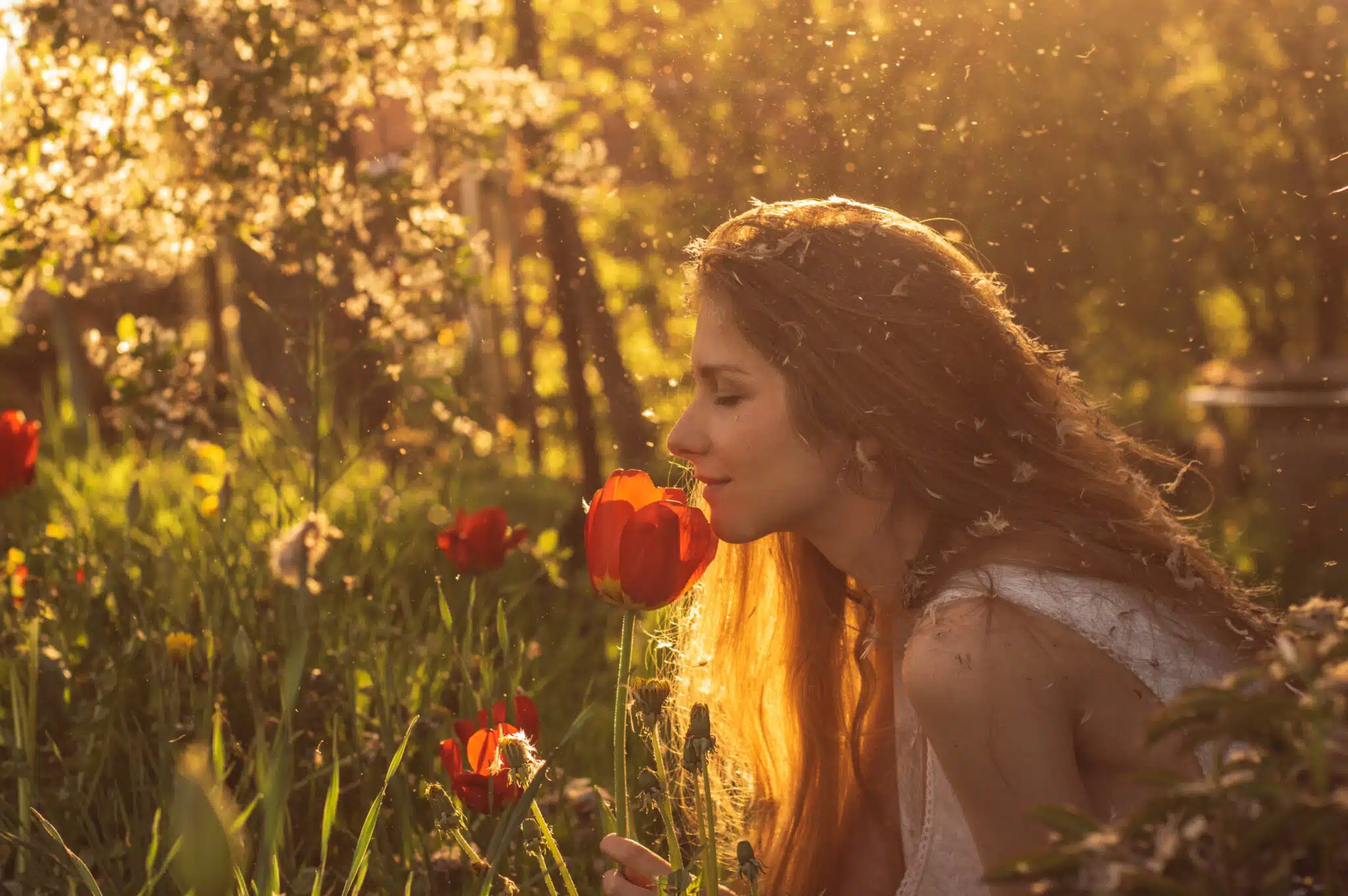
“Shall I Compare Thee to a Summer’s Day?” by William Shakespeare
Shall I compare thee to a summer’s day?
Thou art more lovely and more temperate.
Rough winds do shake the darling buds of May,
And summer’s lease hath all too short a date.
Sometime too hot the eye of heaven shines,
And often is his gold complexion dimmed;
And every fair from fair sometime declines,
By chance, or nature’s changing course, untrimmed;
But thy eternal summer shall not fade,
Nor lose possession of that fair thou ow’st,
Nor shall death brag thou wand’rest in his shade,
When in eternal lines to Time thou grow’st.
So long as men can breathe, or eyes can see,
So long lives this, and this gives life to thee.
“The Raven” by Edgar Allan Poe
Once upon a midnight dreary, while I pondered, weak and weary,
Over many a quaint and curious volume of forgotten lore,
While I nodded, nearly napping, suddenly there came a tapping,
As of some one gently rapping, rapping at my chamber door.
“‘Tis some visitor,” I muttered, “tapping at my chamber door,
Only this, and nothing more.”
Ah, distinctly I remember it was in the bleak December,
And each separate dying ember wrought its ghost upon the floor.
Eagerly I wished the morrow;, vainly I had sought to borrow
From my books surcease of sorrow, sorrow for the lost Lenore,
For the rare and radiant maiden whom the angels name Lenore,
Nameless here for evermore.
And the silken sad uncertain rustling of each purple curtain
Thrilled me, filled me with fantastic terrors never felt before;
So that now, to still the beating of my heart, I stood repeating,
“‘Tis some visitor entreating entrance at my chamber door,
Some late visitor entreating entrance at my chamber door;-
This it is, and nothing more.”
Presently my soul grew stronger; hesitating then no longer,
“Sir,” said I, “or Madam, truly your forgiveness I implore;
But the fact is I was napping, and so gently you came rapping,
And so faintly you came tapping, tapping at my chamber door,
That I scarce was sure I heard you”, here I opened wide the door;-
Darkness there, and nothing more.
Deep into that darkness peering, long I stood there wondering, fearing,
Doubting, dreaming dreams no mortals ever dared to dream before;
But the silence was unbroken, and the stillness gave no token,
And the only word there spoken was the whispered word, “Lenore!”
This I whispered, and an echo murmured back the word, “Lenore!”,
Merely this, and nothing more.
Back into the chamber turning, all my soul within me burning,
Soon again I heard a tapping somewhat louder than before.
“Surely,” said I, “surely that is something at my window lattice:
Let me see, then, what thereat is, and this mystery explore,
Let my heart be still a moment and this mystery explore;,
‘Tis the wind and nothing more.”
Open here I flung the shutter, when, with many a flirt and flutter,
In there stepped a stately raven of the saintly days of yore;
Not the least obeisance made he; not a minute stopped or stayed he;
But, with mien of lord or lady, perched above my chamber door,
Perched upon a bust of Pallas just above my chamber door,
Perched, and sat, and nothing more.
Then this ebony bird beguiling my sad fancy into smiling,
By the grave and stern decorum of the countenance it wore.
“Though thy crest be shorn and shaven, thou,” I said, “art sure no craven,
Ghastly grim and ancient raven wandering from the Nightly shore,
Tell me what thy lordly name is on the Night’s Plutonian shore!”
Quoth the Raven, “Nevermore.”
Much I marveled this ungainly fowl to hear discourse so plainly,
Though its answer little meaning, little relevancy bore;
For we cannot help agreeing that no living human being
Ever yet was blest with seeing bird above his chamber door,
Bird or beast upon the sculptured bust above his chamber door,
With such name as “Nevermore.”
But the raven, sitting lonely on the placid bust, spoke only
That one word, as if his soul in that one word he did outpour.
Nothing further then he uttered, not a feather then he fluttered,
Till I scarcely more than muttered, “other friends have flown before,
On the morrow he will leave me, as my hopes have flown before.”
Then the bird said, “Nevermore.”
Startled at the stillness broken by reply so aptly spoken,
“Doubtless,” said I, “what it utters is its only stock and store,
Caught from some unhappy master whom unmerciful Disaster
Followed fast and followed faster till his songs one burden bore,
Till the dirges of his Hope that melancholy burden bore
Of ‘Never, nevermore’.”
But the Raven still beguiling all my fancy into smiling,
Straight I wheeled a cushioned seat in front of bird, and bust and door;
Then upon the velvet sinking, I betook myself to linking
Fancy unto fancy, thinking what this ominous bird of yore,
What this grim, ungainly, ghastly, gaunt and ominous bird of yore
Meant in croaking “Nevermore.”
This I sat engaged in guessing, but no syllable expressing
To the fowl whose fiery eyes now burned into my bosom’s core;
This and more I sat divining, with my head at ease reclining
On the cushion’s velvet lining that the lamplight gloated o’er,
But whose velvet violet lining with the lamplight gloating o’er,
She shall press, ah, nevermore!
Then methought the air grew denser, perfumed from an unseen censer
Swung by Seraphim whose footfalls tinkled on the tufted floor.
“Wretch,” I cried, “thy God hath lent thee, by these angels he hath sent thee
Respite, respite and nepenthe, from thy memories of Lenore!
Quaff, oh quaff this kind nepenthe and forget this lost Lenore!”
Quoth the Raven, “Nevermore.”
“Prophet!” said I, “thing of evil!, prophet still, if bird or devil!,
Whether Tempter sent, or whether tempest tossed thee here ashore,
Desolate yet all undaunted, on this desert land enchanted,
On this home by horror haunted, tell me truly, I implore,
Is there, is there balm in Gilead?, tell me, tell me, I implore!”
Quoth the Raven, “Nevermore.”
“Prophet!” said I, “thing of evil, prophet still, if bird or devil!
By that Heaven that bends above us, by that God we both adore,
Tell this soul with sorrow laden if, within the distant Aidenn,
It shall clasp a sainted maiden whom the angels name Lenore,
Clasp a rare and radiant maiden whom the angels name Lenore.”
Quoth the Raven, “Nevermore.”
“Be that word our sign in parting, bird or fiend,” I shrieked, upstarting,
“Get thee back into the tempest and the Night’s Plutonian shore!
Leave no black plume as a token of that lie thy soul hath spoken!
Leave my loneliness unbroken!, quit the bust above my door!
Take thy beak from out my heart, and take thy form from off my
door!”
Quoth the Raven, “Nevermore.”
And the Raven, never flitting, still is sitting, still is sitting
On the pallid bust of Pallas just above my chamber door;
And his eyes have all the seeming of a demon’s that is dreaming,
And the lamplight o’er him streaming throws his shadow on the floor;
And my soul from out that shadow that lies floating on the floor
Shall be lifted, nevermore!
“Hope Is the Thing With Feathers” by Emily Dickinson
Hope is the thing with feathers
That perches in the soul,
And sings the tune without the words,
And never stops at all,
And sweetest in the gale is heard;
And sore must be the storm
That could abash the little bird
That kept so many warm.
I’ve heard it in the chillest land,
And on the strangest sea;
Yet, never, in extremity,
It asked a crumb of me.

“Ozymandias” by Percy Bysshe Shelley
I met a traveller from an antique land
Who said: Two vast and trunkless legs of stone
Stand in the desert…Near them, on the sand,
Half sunk, a shattered visage lies, whose frown,
And wrinkled lip, and sneer of cold command,
Tell that its sculptor well those passions read
Which yet survive, stamped on these lifeless things,
The hand that mocked them, and the heart that fed:
And on the pedestal these words appear:
‘My name is Ozymandias, king of kings:
Look on my works, ye Mighty, and despair!’
Nothing beside remains. Round the decay
Of that colossal wreck, boundless and bare
The lone and level sands stretch far away.
“If—” by Rudyard Kipling
If you can keep your head when all about you
Are losing theirs and blaming it on you;
If you can trust yourself when all men doubt you,
But make allowance for their doubting too;
If you can wait and not be tired by waiting,
Or, being lied about, don’t deal in lies,
Or, being hated, don’t give way to hating,
And yet don’t look too good, nor talk too wise;
If you can dream—and not make dreams your master;
If you can think—and not make thoughts your aim;
If you can meet with triumph and disaster
And treat those two impostors just the same;
If you can bear to hear the truth you’ve spoken
Twisted by knaves to make a trap for fools,
Or watch the things you gave your life to broken,
And stoop and build ’em up with wornout tools;
If you can make one heap of all your winnings
And risk it on one turn of pitch-and-toss,
And lose, and start again at your beginnings
And never breathe a word about your loss;
If you can force your heart and nerve and sinew
To serve your turn long after they are gone,
And so hold on when there is nothing in you
Except the Will which says to them: “Hold on”;
If you can talk with crowds and keep your virtue,
Or walk with kings—nor lose the common touch;
If neither foes nor loving friends can hurt you;
If all men count with you, but none too much;
If you can fill the unforgiving minute
With sixty seconds’ worth of distance run—
Yours is the Earth and everything that’s in it,
And—which is more—you’ll be a Man, my son!
“O Captain! My Captain!” by Walt Whitman
O Captain! my Captain! our fearful trip is done,
The ship has weather’d every rack, the prize we sought is won,
The port is near, the bells I hear, the people all exulting,
While follow eyes the steady keel, the vessel grim and daring;
But O heart! heart! heart!
O the bleeding drops of red,
Where on the deck my Captain lies,
Fallen cold and dead.
O Captain! my Captain! rise up and hear the bells;
Rise up- for you the flag is flung- for you the bugle trills,
For you bouquets and ribbon’d wreaths- for you the shores a-crowding,
For you they call, the swaying mass, their eager faces turning;
Here Captain! dear father!
This arm beneath your head!
It is some dream that on the deck,
You’ve fallen cold and dead.
My Captain does not answer, his lips are pale and still,
My father does not feel my arm, he has no pulse nor will,
The ship is anchor’d safe and sound, its voyage closed and done,
From fearful trip the victor ship comes in with object won;
Exult O shores, and ring O bells!
But I with mournful tread,
Walk the deck my Captain lies,
Fallen cold and dead.
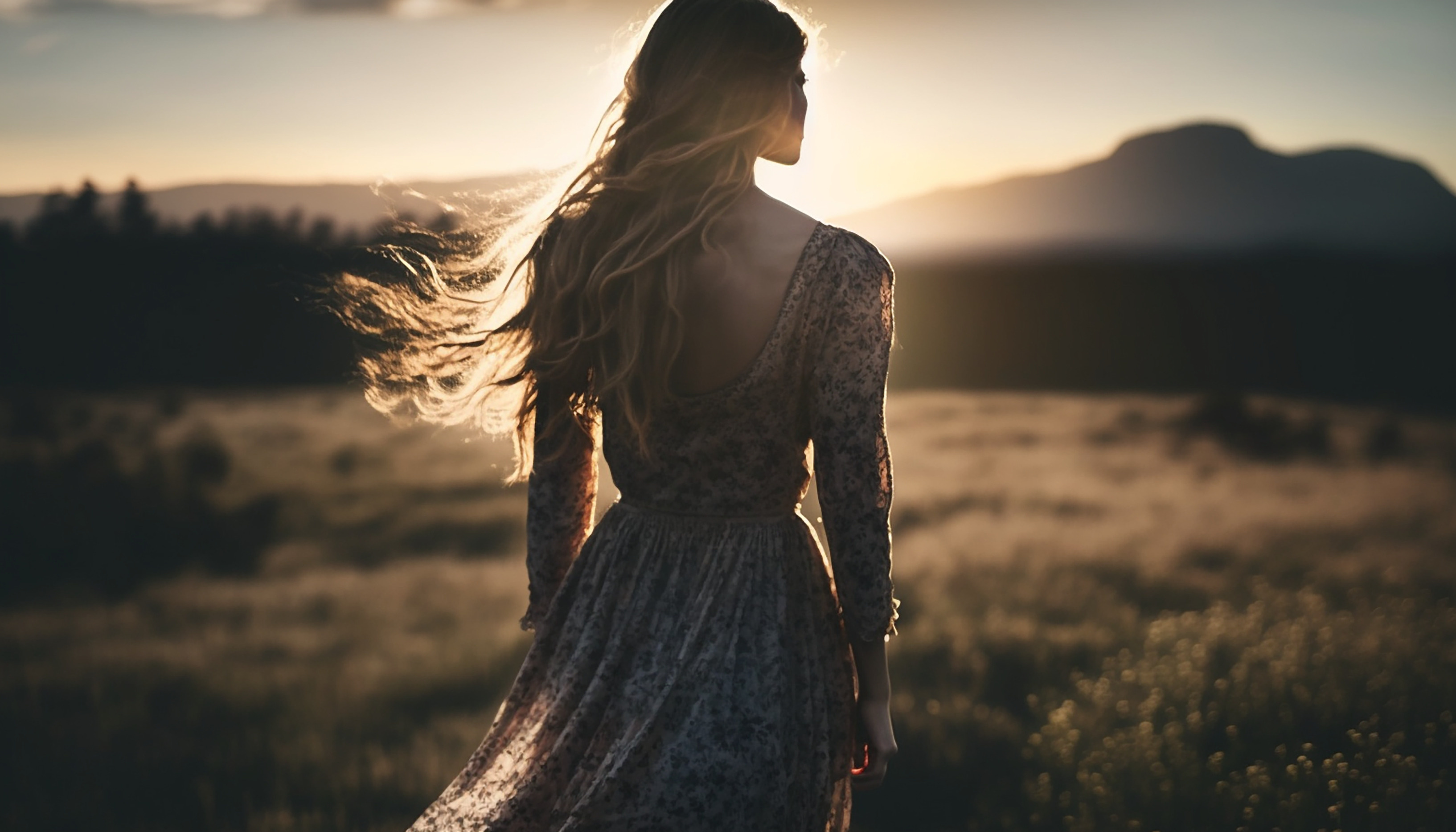
“She Walks in Beauty” by George Gordon Byron
I.
She walks in beauty, like the night
Of cloudless climes and starry skies;
And all that’s best of dark and bright
Meet in her aspect and her eyes:
Thus mellowed to that tender light
Which heaven to gaudy day denies.
II.
One shade the more, one ray the less,
Had half impaired the nameless grace
Which waves in every raven tress,
Or softly lightens o’er her face;
Where thoughts serenely sweet express
How pure, how dear their dwelling place.
III.
And on that cheek, and o’er that brow,
So soft, so calm, yet eloquent,
The smiles that win, the tints that glow,
But tell of days in goodness spent,
A mind at peace with all below,
A heart whose love is innocent!
“The Chariot” by Emily Dickinson
Because I could not stop for Death,
He kindly stopped for me;
The carriage held but just ourselves
And Immortality.
We slowly drove, he knew no haste,
And I had put away
My labor, and my leisure too,
For his civility.
We passed the school where children played,
Their lessons scarcely done;
We passed the fields of gazing grain,
We passed the setting sun.
We paused before a house that seemed
A swelling of the ground;
The roof was scarcely visible,
The cornice but a mound.
Since then ‘t is centuries; but each
Feels shorter than the day
I first surmised the horses’ heads
Were toward eternity.
“Fire and Ice” by Robert Frost
Some say the world will end in fire;
Some say in ice.
From what I’ve tasted of desire
I hold with those who favor fire.
But if it had to perish twice,
I think I know enough of hate
To know that for destruction ice
Is also great
And would suffice.
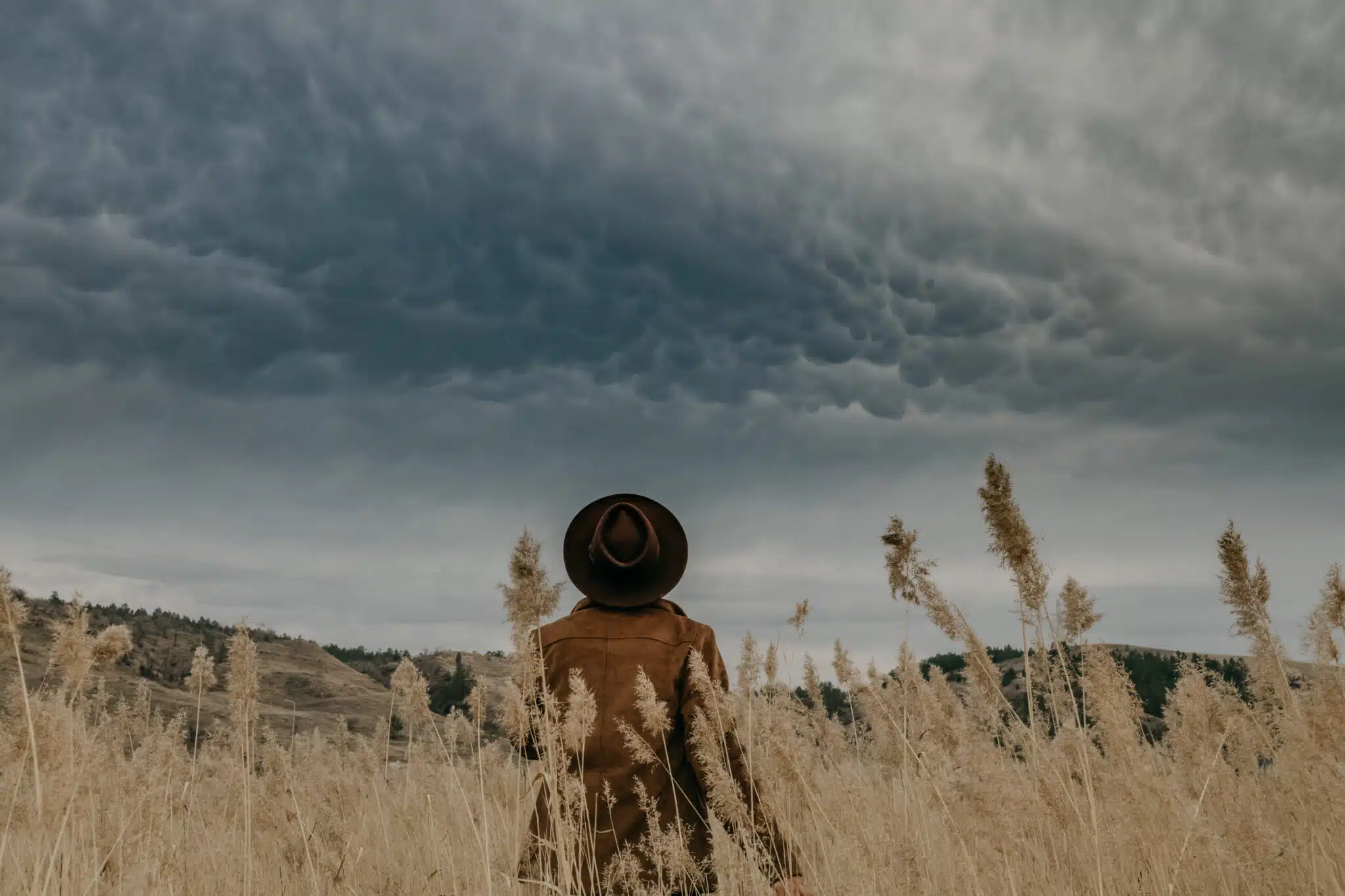
“I Wandered Lonely as a Cloud” by William Wordsworth
I wandered lonely as a cloud
That floats on high o’er vales and hills,
When all at once I saw a crowd,
A host, of golden daffodils;
Beside the lake, beneath the trees,
Fluttering and dancing in the breeze.
Continuous as the stars that shine
And twinkle on the milky way,
They stretched in never-ending line
Along the margin of a bay:
Ten thousand saw I at a glance,
Tossing their heads in sprightly dance.
The waves beside them danced; but they
Out-did the sparkling waves in glee:
A poet could not but be gay,
In such a jocund company:
I gazed, and gazed, but little thought
What wealth the show to me had brought:
For oft, when on my couch I lie
In vacant or in pensive mood,
They flash upon that inward eye
Which is the bliss of solitude;
And then my heart with pleasure fills,
And dances with the daffodils.
“The Tyger” by William Blake
Tyger! Tyger! burning bright
In the forests of the night,
What immortal hand or eye
Could frame thy fearful symmetry?
In what distant deeps or skies
Burnt the fire of thine eyes?
On what wings dare he aspire?
What the hand, dare sieze the fire?
And what shoulder, & what art,
Could twist the sinews of thy heart?
And when thy heart began to beat,
What dread hand? & what dread feet?
What the hammer? what the chain?
In what furnace was thy brain?
What the anvil? what dread grasp
Dare its deadly terrors clasp?
When the stars threw down their spears,
And water’d heaven with their tears,
Did he smile his work to see?
Did he who made the Lamb make thee?
Tyger! Tyger! burning bright
In the forests of the night,
What immortal hand or eye
Dare frame thy fearful symmetry?
“If I Can Stop One Heart From Breaking” by Emily Dickinson
If I can stop one heart from breaking,
I shall not live in vain;
If I can ease one life the aching,
Or cool one pain,
Or help one fainting robin
Unto his nest again,
I shall not live in vain.
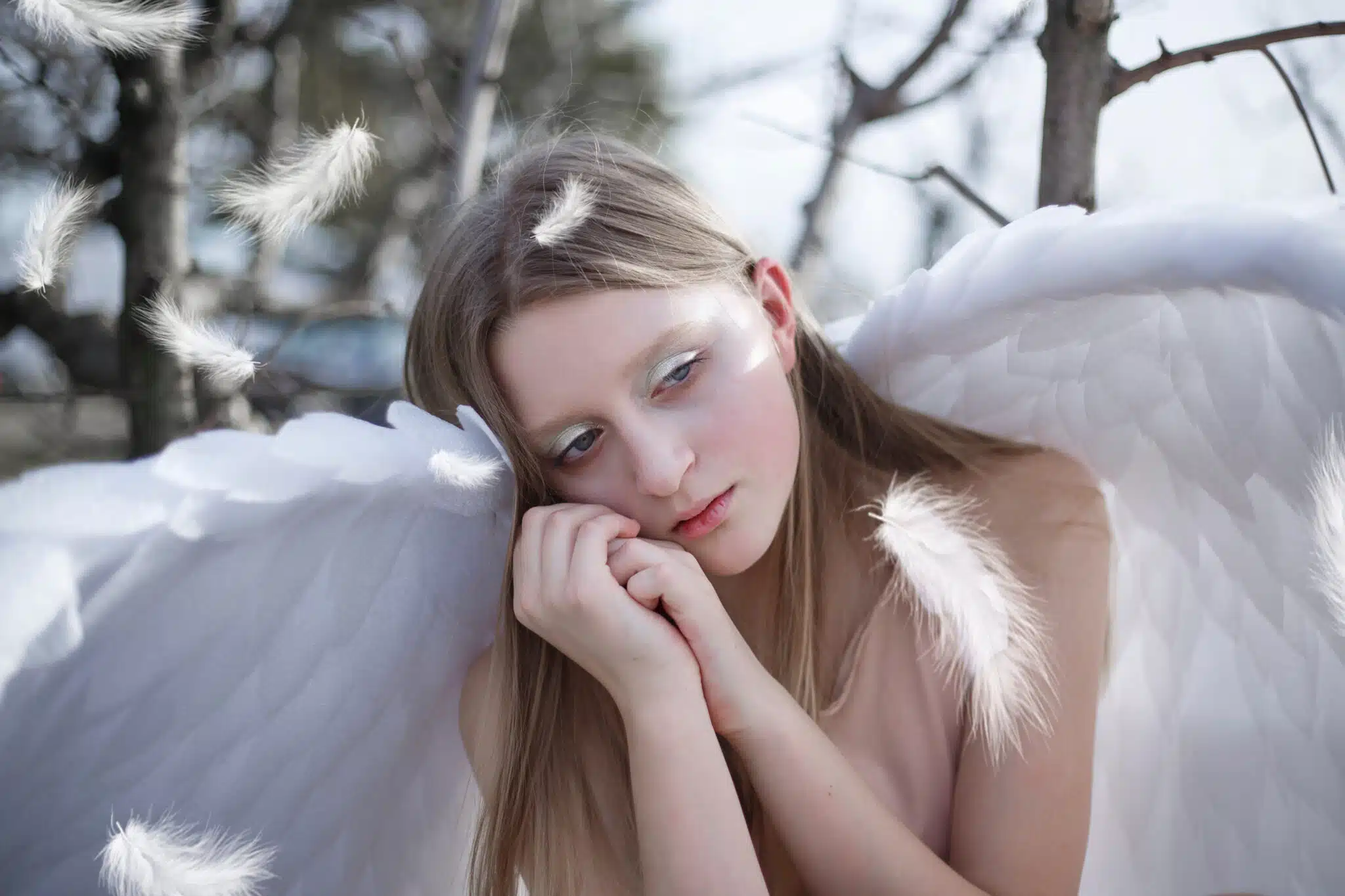
“Jabberwocky” by Lewis Carroll
‘Twas brillig, and the slithy toves
Did gyre and gimble in the wabe:
All mimsy were the borogoves,
And the mome raths outgrabe.
“Beware the Jabberwock, my son!
The jaws that bite, the claws that catch!
Beware the Jubjub bird, and shun
The frumious Bandersnatch!”
He took his vorpal sword in hand:
Long time the manxome foe he sought,
So rested he by the Tumtum tree,
And stood a while in thought.
And, as in uffish thought he stood,
The Jabberwock, with eyes of flame,
Came whiffling through the tulgey wood,
And burbled as it came!
One two! One two! And through and through
The vorpal blade went snicker-snack!
He left it dead, and with its head
He went galumphing back.
“And hast thou slain the Jabberwock?
Come to my arms, my beamish boy!
Oh frabjous day! Callooh! Callay!”
He chortled in his joy.
‘Twas brillig, and the slithy toves
Did gyre and gimble in the wabe:
All mimsy were the borogoves,
And the mome raths outgrabe.
“The Waste Land” by T. S. Eliot
IV. DEATH BY WATER
Phlebas the Phoenician, a fortnight dead,
Forgot the cry of gulls, and the deep sea swell
And the profit and loss.
A current under sea
Picked his bones in whispers. As he rose and fell
He passed the stages of his age and youth
Entering the whirlpool.
Gentile or Jew
O you who turn the wheel and look to windward,
Consider Phlebas, who was once handsome and tall as you.
“Kubla Khan” by Samuel Taylor Coleridge
In Xanadu did Kubla Khan
A stately pleasure dome decree:
Where Alph, the sacred river, ran
Through caverns measureless to man
Down to a sunless sea.
So twice five miles of fertile ground
With walls and towers were girdled round:
And there were gardens bright with sinuous rills,
Where blossomed many an incense-bearing tree;
And here were forests ancient as the hills,
Enfolding sunny spots of greenery.
But oh! that deep romantic chasm which slanted
Down the green hill athwart a cedarn cover!
A savage place! as holy and enchanted
As e’er beneath a waning moon was haunted
By woman wailing for her demon lover!
And from this chasm, with ceaseless turmoil seething,
As if this earth in fast thick pants were breathing,
A mighty fountain momently was forced:
Amid whose swift half-intermitted burst
Huge fragments vaulted like rebounding hail,
Or chaffy grain beneath the thresher’s flail:
And ’mid these dancing rocks at once and ever
It flung up momently the sacred river.
Five miles meandering with a mazy motion
Through wood and dale the sacred river ran,
Then reached the caverns measureless to man,
And sank in tumult to a lifeless ocean:
And ’mid this tumult Kubla heard from far
Ancestral voices prophesying war!
The shadow of the dome of pleasure
Floated midway on the waves;
Where was heard the mingled measure
From the fountain and the caves.
It was a miracle of rare device,
A sunny pleasure-dome with caves of ice!
A damsel with a dulcimer
In a vision once I saw;
It was an Abyssinian maid,
And on her dulcimer she played,
Singing of Mount Abora.
Could I revive within me
Her symphony and song,
To such a deep delight ’twould win me,
That with music loud and long,
I would build that dome in air,
That sunny dome! those caves of ice!
And all who heard should see them there,
And all should cry, Beware! Beware!
His flashing eyes, his floating hair!
Weave a circle round him thrice,
And close your eyes with holy dread,
For he on honey-dew hath fed,
And drunk the milk of Paradise.
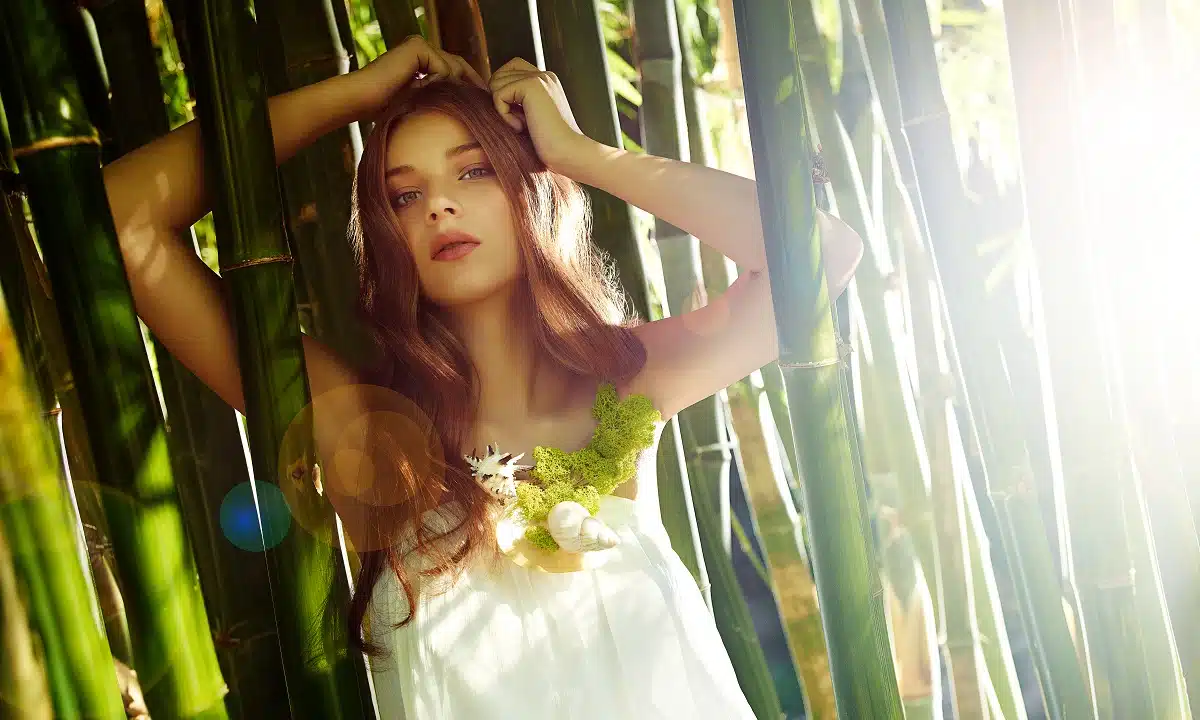
“We Wear the Mask” by Paul Laurence Dunbar
We wear the mask that grins and lies,
It hides our cheeks and shades our eyes,—
This debt we pay to human guile;
With torn and bleeding hearts we smile
And mouth with myriad subtleties,
Why should the world be over-wise,
In counting all our tears and sighs?
Nay, let them only see us, while
We wear the mask.
We smile, but oh great Christ, our cries
To thee from tortured souls arise.
We sing, but oh the clay is vile
Beneath our feet, and long the mile,
But let the world dream otherwise,
We wear the mask!
“Invictus” by William Ernest Henley
Out of the night that covers me,
Black as the Pit from pole to pole,
I thank whatever gods may be
For my unconquerable soul.
In the fell clutch of circumstance
I have not winced nor cried aloud.
Under the bludgeonings of chance
My head is bloody, but unbowed.
Beyond this place of wrath and tears
Looms but the Horror of the shade,
And yet the menace of the years
Finds, and shall find, me unafraid.
It matters not how strait the gate,
How charged with punishments the scroll,
I am the master of my fate:
I am the captain of my soul.
“Stopping by Woods on a Snowy Evening” by Robert Frost
Whose woods these are I think I know.
His house is in the village though;
He will not see me stopping here
To watch his woods fill up with snow.
My little horse must think it queer
To stop without a farmhouse near
Between the woods and frozen lake
The darkest evening of the year.
He gives his harness bells a shake
To ask if there is some mistake.
The only other sound’s the sweep
Of easy wind and downy flake.
The woods are lovely, dark and deep.
But I have promises to keep,
And miles to go before I sleep,
And miles to go before I sleep.
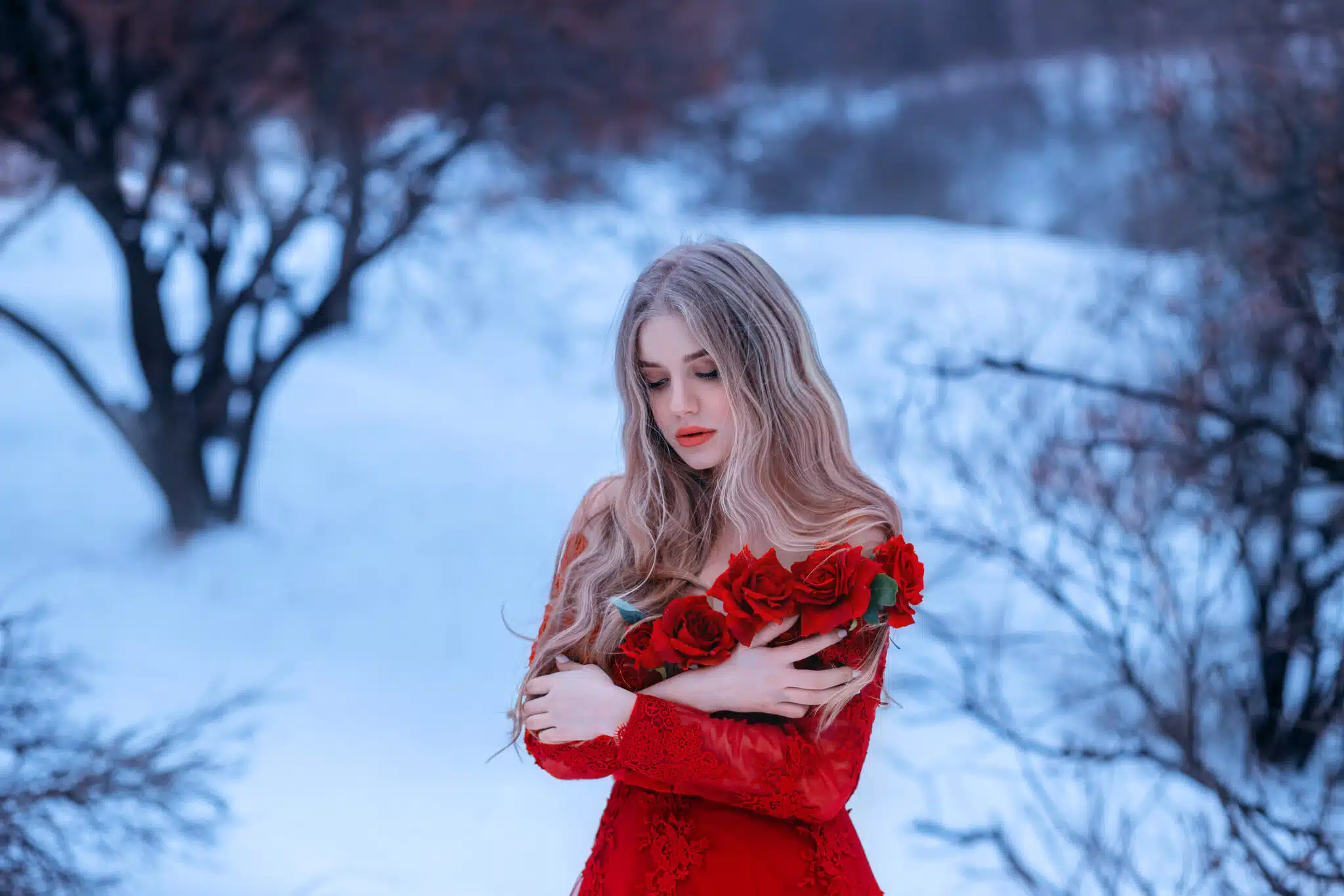
“A Red, Red Rose” by Robert Burns
O my Luve ‘s like a red, red rose
That ‘s newly sprung in June:
O my Luve ‘s like the melodie
That’s sweetly play’d in tune!
As fair art thou, my bonnie lass,
So deep in luve am I:
And I will luve thee still, my dear,
Till a’ the seas gang dry:
Till a’ the seas gang dry, my dear,
And the rocks melt wi’ the sun;
I will luve thee still, my dear,
While the sands o’ life shall run.
And fare thee weel, my only Luve,
And fare thee weel a while!
And I will come again, my Luve,
Tho’ it were ten thousand mile.
“The New Colossus” by Emma Lazarus
Not like the brazen giant of Greek fame,
With conquering limbs astride from land to land;
Here at our sea-washed, sunset gates shall stand
A mighty woman with a torch, whose flame
Is the imprisoned lightning, and her name
Mother of Exiles. From her beacon-hand
Glows world-wide welcome; her mild eyes command
The air-bridged harbor that twin cities frame.
“Keep, ancient lands, your storied pomp!” cries she
With silent lips. “Give me your tired, your poor,
Your huddled masses yearning to breathe free,
The wretched refuse of your teeming shore.
Send these, the homeless, tempest-tost to me,
I lift my lamp beside the golden door!”
“I’m Nobody!” by Emily Dickinson
I’m Nobody! Who are you?
Are you nobody too?
Then there’s a pair of us – don’t tell!
They’d banish us – you know!
How dreary to be somebody!
How public, like a frog
To tell your name the livelong day
To an admiring bog!
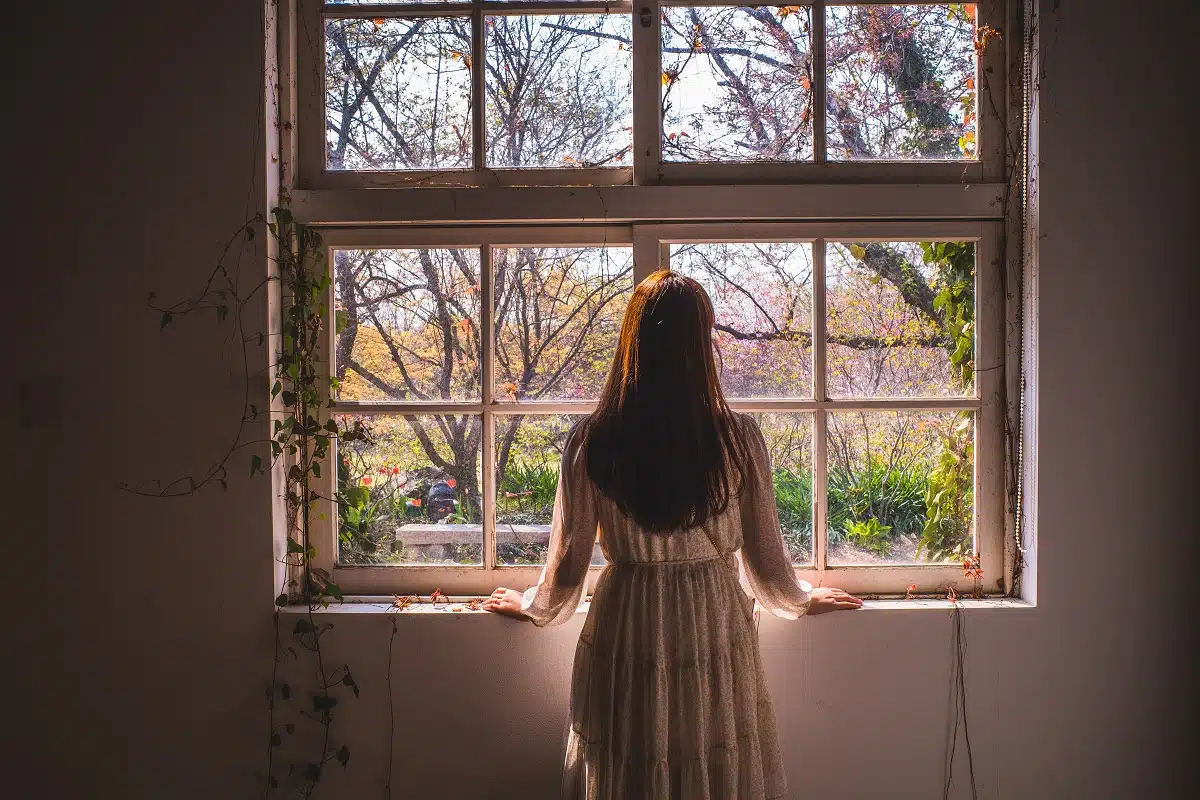
“On His Blindness” by John Milton
When I consider how my light is spent
Ere half my days in this dark world and wide,
And that one talent which is death to hide
Lodg’d with me useless, though my soul more bent
To serve therewith my Maker, and present
My true account, lest he returning chide,
“Doth God exact day-labour, light denied?”
I fondly ask. But Patience, to prevent
That murmur, soon replies: “God doth not need
Either man’s work or his own gifts: who best
Bear his mild yoke, they serve him best. His state
Is kingly; thousands at his bidding speed
And post o’er land and ocean without rest:
They also serve who only stand and wait.”
“The Second Coming” by William Butler Yeats
Turning and turning in the widening gyre
The falcon cannot hear the falconer;
Things fall apart; the centre cannot hold;
Mere anarchy is loosed upon the world,
The blood-dimmed tide is loosed, and everywhere
The ceremony of innocence is drowned;
The best lack all conviction, while the worst
Are full of passionate intensity.
Surely some revelation is at hand;
Surely the Second Coming is at hand.
The Second Coming! Hardly are those words out
When a vast image out of Spiritus Mundi
Troubles my sight: somewhere in sands of the desert
A shape with lion body and the head of a man,
A gaze blank and pitiless as the sun,
Is moving its slow thighs, while all about it
Reel shadows of the indignant desert birds.
The darkness drops again; but now I know
That twenty centuries of stony sleep
Were vexed to nightmare by a rocking cradle,
And what rough beast, its hour come round at laSt,
Slouches towards Bethlehem to be born?
“Ode to a Nightingale” by John Keats
1.
My heart aches, and a drowsy numbness pains
My sense, as though of hemlock I had drunk,
Or emptied some dull opiate to the drains
One minute past, and Lethe-wards had sunk:
‘Tis not through envy of thy happy lot,
But being too happy in thine happiness,—
That thou, light-winged Dryad of the trees,
In some melodious plot
Of beechen green, and shadows numberless,
Singest of summer in full-throated ease.
2.
O, for a draught of vintage! that hath been
Cool’d a long age in the deep-delved earth,
Tasting of Flora and the country green,
Dance, and Provencal song, and sunburnt mirth!
O for a beaker full of the warm South,
Full of the true, the blushful Hippocrene,
With beaded bubbles winking at the brim,
And purple-stained mouth;
That I might drink, and leave the world unseen,
And with thee fade away into the forest dim:
3.
Fade far away, dissolve, and quite forget
What thou among the leaves hast never known,
The weariness, the fever, and the fret
Here, where men sit and hear each other groan;
Where palsy shakes a few, sad, last gray hairs,
Where youth grows pale, and spectre-thin, and dies;
Where but to think is to be full of sorrow
And leaden-eyed despairs,
Where Beauty cannot keep her lustrous eyes,
Or new Love pine at them beyond to-morrow.
4.
Away! away! for I will fly to thee,
Not charioted by Bacchus and his pards,
But on the viewless wings of Poesy,
Though the dull brain perplexes and retards:
Already with thee! tender is the night,
And haply the Queen-Moon is on her throne,
Cluster’d around by all her starry Fays;
But here there is no light,
Save what from heaven is with the breezes blown
Through verdurous glooms and winding mossy ways.
5.
I cannot see what flowers are at my feet,
Nor what soft incense hangs upon the boughs,
But, in embalmed darkness, guess each sweet
Wherewith the seasonable month endows
The grass, the thicket, and the fruit-tree wild;
White hawthorn, and the pastoral eglantine;
Fast fading violets cover’d up in leaves;
And mid-May’s eldest child,
The coming musk-rose, full of dewy wine,
The murmurous haunt of flies on summer eves.
6.
Darkling I listen; and, for many a time
I have been half in love with easeful Death,
Call’d him soft names in many a mused rhyme,
To take into the air my quiet breath;
Now more than ever seems it rich to die,
To cease upon the midnight with no pain,
While thou art pouring forth thy soul abroad
In such an ecstasy!
Still wouldst thou sing, and I have ears in vain—
To thy high requiem become a sod.
7.
Thou wast not born for death, immortal Bird!
No hungry generations tread thee down;
The voice I hear this passing night was heard
In ancient days by emperor and clown:
Perhaps the self-same song that found a path
Through the sad heart of Ruth, when, sick for home,
She stood in tears amid the alien corn;
The same that oft-times hath
Charm’d magic casements, opening on the foam
Of perilous seas, in faery lands forlorn.
8.
Forlorn! the very word is like a bell
To toil me back from thee to my sole self!
Adieu! the fancy cannot cheat so well
As she is fam’d to do, deceiving elf.
Adieu! adieu! thy plaintive anthem fades
Past the near meadows, over the still stream,
Up the hill-side; and now ’tis buried deep
In the next valley-glades:
Was it a vision, or a waking dream?
Fled is that music:—Do I wake or sleep?
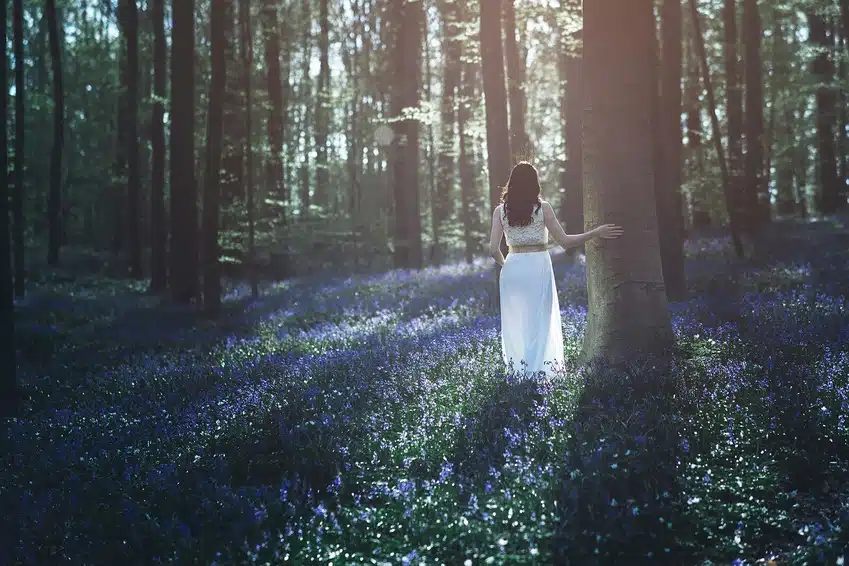
“Sonnet 43” by William Shakespeare
When most I wink, then do mine eyes best see,
For all the day they view things unrespected;
But when I sleep, in dreams they look on thee,
And darkly bright are bright in dark directed.
Then thou, whose shadow shadows doth make bright,
How would thy shadow’s form form happy show
To the clear day with thy much clearer light,
When to unseeing eyes thy fair imperfect shade shines so!
How would, I say, mine eyes be blessed made
By looking on thee in the living day,
When in dead night thy fair imperfect shade
Through heavy sleep on sightless eyes doth stay!
All days are nights to see till I see thee,
And nights bright days when dreams do show thee me.
“To a Mouse, On Turning Her Up in Her Nest with the Plough” by Robert Burns
Wee, sleekit, cow’rin, tim’rous beastie,
O’ what a panic’s in thy breastie!
Thou need na start awa sae hasty,
Wi’ bickering brattle!
I wad be laith to rin an’ chase thee,
Wi’ murdering pattle.
I’m truly sorry man’s dominion
Has broken Nature’s social union,
An’ justifies that ill opinion,
Which maks thee startle
At me, thy poor, earth-born companion
An’ fellow mortal!
I doubt na’ whyles, but thou may thieve;
What then? poor beastie, thou maun live!
A daimen icker in a thrave
‘S a sma’ request:
I’ll get a blessin wi’ the lave,
And never miss’t!
Thy wee bit housie, too, in ruin!
It’s silly wa’s the win’s are strewin!
An’ naething, now, to big a new ane,
O’ foggage green!
An’ bleak December’s win’s ensuin,
Baith snell and keen!
Thou saw the fields laid bare an’ waste,
An’ weary winter comin fast,
An’ cozie here, beneath the blast,
Thou thought to dwell,
Till crash! the cruel coulter past
Out thro’ thy cell.
That wee bit heap o’ leaves an’ stibble,
Has cost thee monie a weary nibble!
Now thou’s turned out, for a’ thy trouble,
But house or hald,
To thole the winter’s sleety dribble,
An’ cranreuch cauld.
But Mousie, thou art no thy lane,
In proving foresight may be vain:
The best-laid schemes o’ mice an’ men,
Gang aft a-gley,
An’ lea’e us nought but grief an’ pain,
For promis’d joy.
Still thou are blest, compared wi’ me!
The present only toucheth thee:
But Och! I backward cast my e’e,
On prospects drear!
An’ forward, tho’ I canna see,
I guess an’ fear!
“Fog” by Carl Sandburg
The fog comes
on little cat feet.
It sits looking
over harbor and city
on silent haunches
and then moves on.
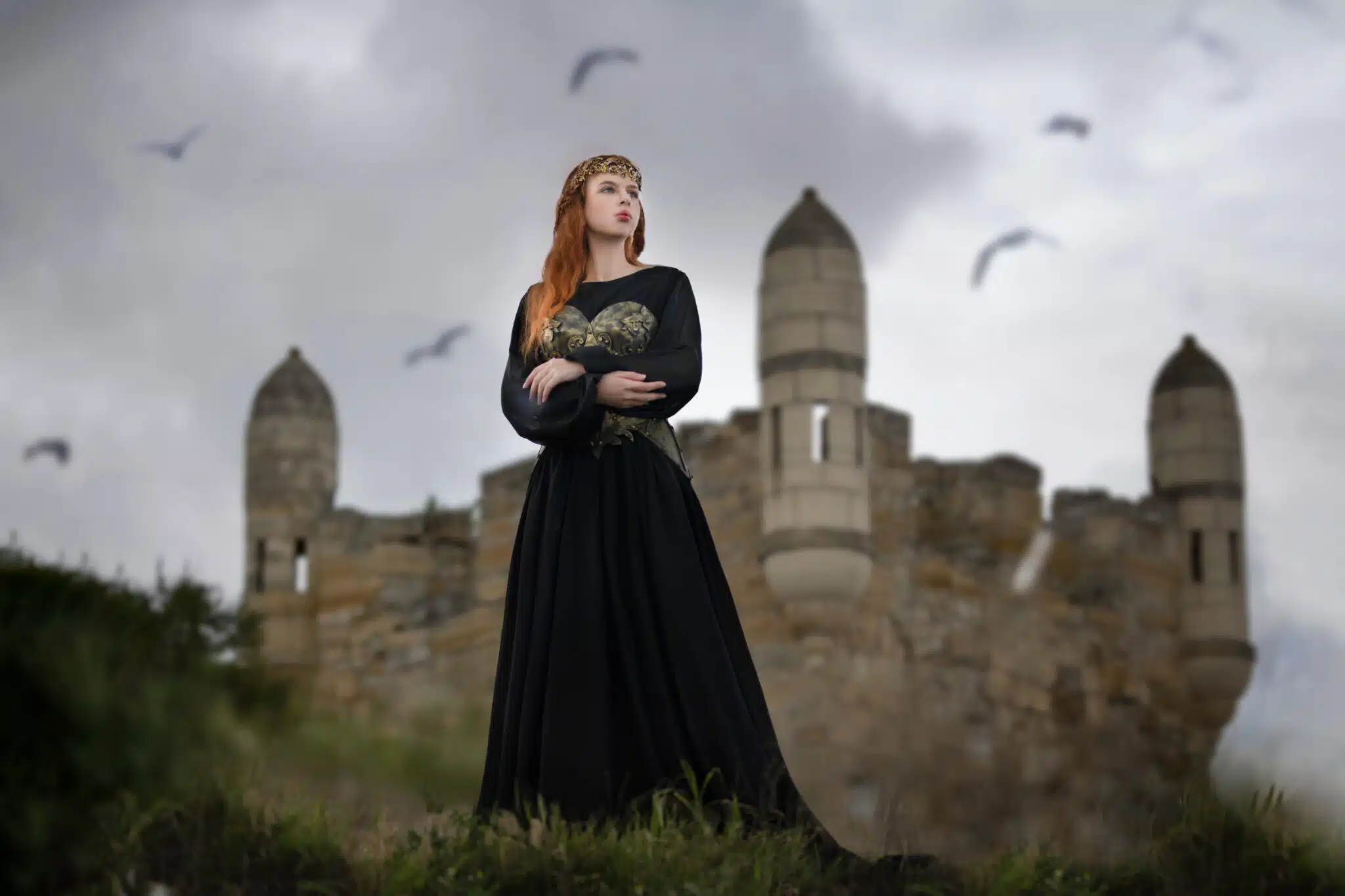
“The Lady of Shalott” by Alfred Lord Tennyson
On either side the river lie
Long fields of barley and of rye,
That clothe the wold and meet the sky;
And through the field the road run by
To many-tower’d Camelot;
And up and down the people go,
Gazing where the lilies blow
Round an island there below,
The island of Shalott.
Willows whiten, aspens quiver,
Little breezes dusk and shiver
Through the wave that runs for ever
By the island in the river
Flowing down to Camelot.
Four grey walls, and four grey towers,
Overlook a space of flowers,
And the silent isle imbowers
The Lady of Shalott.
Only reapers, reaping early,
In among the beared barley
Hear a song that echoes cheerly
From the river winding clearly;
Down to tower’d Camelot;
And by the moon the reaper weary,
Piling sheaves in uplands airy,
Listening, whispers, ” ‘Tis the fairy
The Lady of Shalott.”
There she weaves by night and day
A magic web with colours gay.
She has heard a whisper say,
A curse is on her if she stay
To look down to Camelot.
She knows not what the curse may be,
And so she weaveth steadily,
And little other care heat she,
The Lady of Shalott.
And moving through a mirror clear
That hangs before her all the year,
Shadows of the world appear.
There she sees the highway near
Winding down to Camelot;
And sometimes through the mirror blue
The knights come riding two and two.
She hath no loyal Knight and true,
The Lady of Shalott.
But in her web she still delights
To weave the mirror’s magic sights,
For often through the silent nights
A funeral, with plumes and lights
And music, went to Camelot;
Or when the Moon was overhead,
Came two young lovers lately wed.
“I am half sick of shadows,” said
The Lady of Shalott.
A bow-shot from her bower-eaves,
He rode between the barley sheaves,
The sun came dazzling thro’ the leaves,
And flamed upon the brazen greaves
Of bold Sir Lancelot.
A red-cross knight for ever kneel’d
To a lady in his shield,
That sparkled on the yellow field,
Beside remote Shalott.
His broad clear brow in sunlight glow’d;
On burnish’d hooves his war-horse trode;
From underneath his helmet flow’d
His coal-black curls as on he rode,
As he rode down to Camelot.
From the bank and from the river
He flashed into the crystal mirror,
“Tirra lirra,” by the river
Sang Sir Lancelot.
She left the web, she left the loom,
She made three paces through the room,
She saw the helmet and the plume,
She look’d down to Camelot.
Out flew the web and floated wide;
The mirror crack’d from side to side;
“The curse is come upon me,” cried
The Lady of Shalott.
In the stormy east-wind straining,
The pale yellow woods were waning,
The broad stream in his banks complaining.
Heavily the low sky raining
Over tower’d Camelot;
Down she came and found a boat
Beneath a willow left afloat,
And around about the prow she wrote
The Lady of Shalott.
And down the river’s dim expanse
Like some bold seer in a trance,
Seeing all his own mischance –
With a glassy countenance
Did she look to Camelot.
And at the closing of the day
She loosed the chain, and down she lay;
The broad stream bore her far away,
The Lady of Shalott.
Heard a carol, mournful, holy,
Chanted loudly, chanted lowly,
Till her blood was frozen slowly,
And her eyes were darkened wholly,
Turn’d to tower’d Camelot.
For ere she reach’d upon the tide
The first house by the water-side,
Singing in her song she died,
The Lady of Shalott.
Under tower and balcony,
By garden-wall and gallery,
A gleaming shape she floated by,
Dead-pale between the houses high,
Silent into Camelot.
Out upon the wharfs they came,
Knight and Burgher, Lord and Dame,
And around the prow they read her name,
The Lady of Shalott.
Who is this? And what is here?
And in the lighted palace near
Died the sound of royal cheer;
And they crossed themselves for fear,
All the Knights at Camelot;
But Lancelot mused a little space
He said, “She has a lovely face;
God in his mercy lend her grace,
The Lady of Shalott.”
“Remember” by Christina Rossetti
Remember me when I am gone away,
Gone far away into the silent land;
When you can no more hold me by the hand,
Nor I half turn to go yet turning stay.
Remember me when no more day by day
You tell me of our future that you planned:
Only remember me; you understand
It will be late to counsel then or pray.
Yet if you should forget me for a while
And afterwards remember, do not grieve:
For if the darkness and corruption leave
A vestige of the thoughts that once I had,
Better by far you should forget and smile
Than that you should remember and be sad.
“In Flanders Fields” by John McCrae
In Flanders fields the poppies blow
Between the crosses, row on row,
That mark our place; and in the sky
The larks, still bravely singing, fly
Scarce heard amid the guns below.
We are the Dead. Short days ago
We lived, felt dawn, saw sunset glow,
Loved and were loved, and now we lie,
In Flanders fields.
Take up our quarrel with the foe:
To you from failing hands we throw
The torch; be yours to hold it high.
If ye break faith with us who die
We shall not sleep, though poppies grow
In Flanders fields.
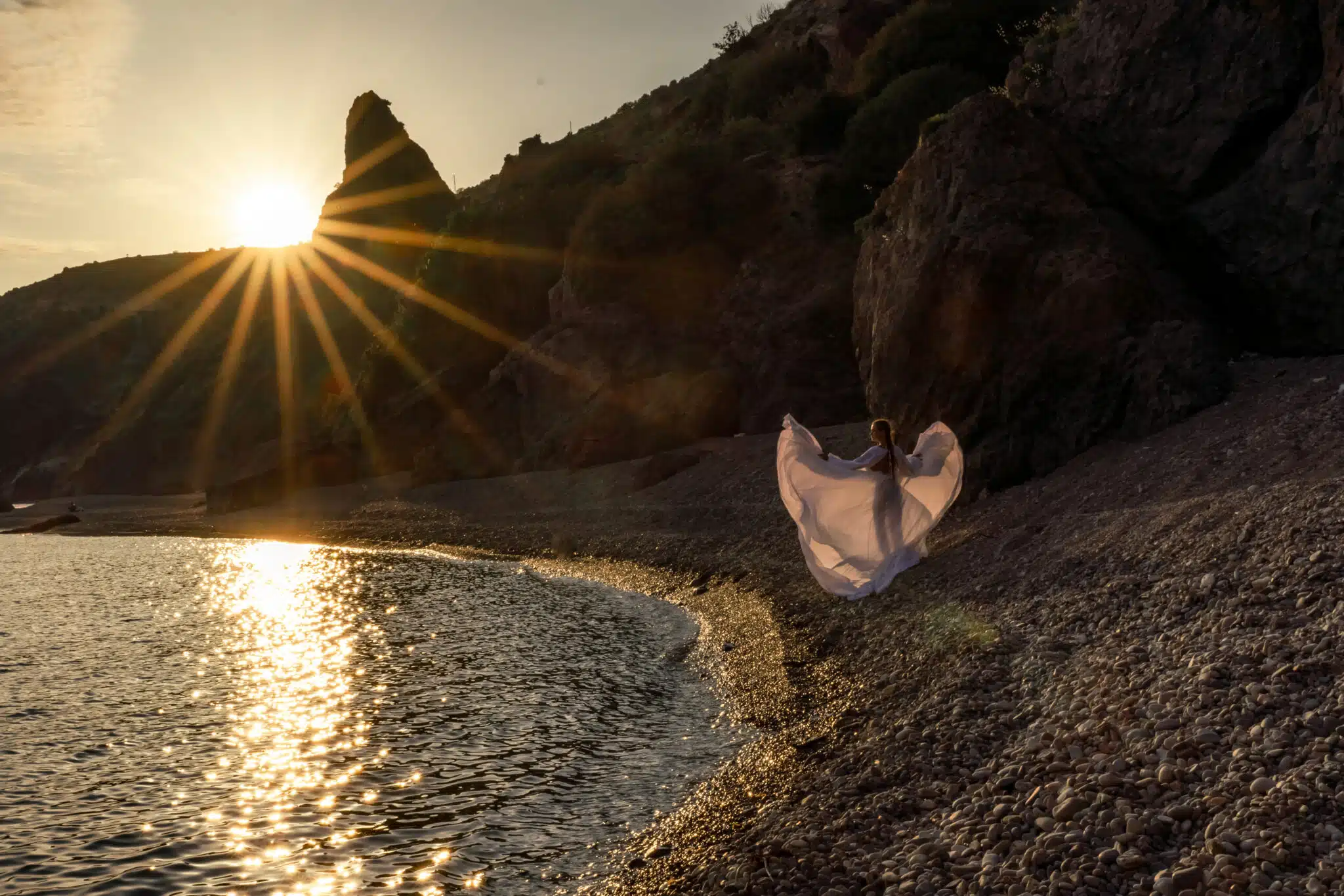
“Crossing the Bar” by Alfred Lord Tennyson
Sunset and evening star,
And one clear call for me!
And may there be no moaning of the bar,
When I put out to sea,
But such a tide as moving seems asleep,
Too full for sound and foam,
When that which drew from out the boundless deep
Turns again home.
Twilight and evening bell,
And after that the dark!
And may there be no sadness of farewell,
When I embark;
For through from out our bourne of Time and Place
The flood may bear me far,
I hope to see my Pilot face to face
When I have crossed the bar.
“A Dream Within a Dream” by Edgar Allan Poe
Take this kiss upon the brow!
And, in parting from you now,
Thus much let me avow,
You are not wrong, who deem
That my days have been a dream;
Yet if hope has flown away
In a night, or in a day,
In a vision, or in none,
Is it therefore the less gone?
All that we see or seem
Is but a dream within a dream.
I stand amid the roar
Of a surf-tormented shore,
And I hold within my hand
Grains of the golden sand,
How few! yet how they creep
Through my fingers to the deep,
While I weep, while I weep!
O God! can I not grasp
Them with a tighter clasp?
O God! can I not save
One from the pitiless wave?
Is all that we see or seem
But a dream within a dream?
“A Psalm of Life” by Henry Wadsworth Longfellow
What the Heart of the Young Man Said to the Psalmist
Tell me not, in mournful numbers,
“Life is but an empty dream!”
For the soul is dead that slumbers,
And things are not what they seem.
Life is real! Life is earnest!
And the grave is not its goal;
“Dust thou art, to dust returnest,”
Was not spoken of the soul.
Not enjoyment, and not sorrow,
Is our destined end or way;
But to act, that each to-morrow
Finds us farther than to-day.
Art is long, and Time is fleeting,
And our hearts, though stout and brave,
Still, like muffled drums, are beating
Funeral marches to the grave.
In the world’s broad field of battle,
In the bivouac of Life,
Be not like dumb, driven cattle!
Be a hero in the strife!
Trust no Future, howe’er pleasant!
Let the dead Past bury its dead!
Act,–act in the living Present!
Heart within, and God o’erhead!
Lives of great men all remind us
We can make our lives sublime,
And, departing, leave behind us
Footprints on the sands of time;
Footprints, that perhaps another,
Sailing o’er life’s solemn main,
A forlorn and shipwrecked brother,
Seeing, shall take heart again.
Let us, then, be up and doing,
With a heart for any fate;
Still achieving, still pursuing
Learn to labor and to wait.

“Ode on a Grecian Urn” by John Keats
Thou still unravish’d bride of quietness,
Thou foster-child of Silence and slow Time,
Sylvan historian, who canst thus express
A flowery tale more sweetly than our rhyme:
What leaf-fring’d legend haunts about thy shape
Of deities or mortals, or of both,
In Tempe or the dales of Arcady?
What men or gods are these? What maidens loth?
What mad pursuit? What struggle to escape?
What pipes and timbrels? What wild ecstasy?
Heard melodies are sweet, but those unheard
Are sweeter; therefore, ye soft pipes, play on;
Not to the sensual ear, but, more endear’d,
Pipe to the spirit ditties of no tone:
Fair youth, beneath the trees, thou canst not leave
Thy song, nor ever can those trees be bare;
Bold lover, never, never canst thou kiss,
Though winning near the goal—yet, do not grieve;
She cannot fade, though thou hast not thy bliss,
For ever wilt thou love, and she be fair!
Ah, happy, happy boughs! that cannot shed
Your leaves, nor ever bid the Spring adieu;
And, happy melodist, unwearied,
For ever piping songs for ever new;
More happy love! more happy, happy love!
For ever warm and still to be enjoy’d,
For ever panting, and for ever young;
All breathing human passion far above,
That leaves a heart high-sorrowful and cloy’d,
A burning forehead, and a parching tongue.
Who are these coming to the sacrifice?
To what green altar, O mysterious priest,
Lead’st thou that heifer lowing at the skies,
And all her silken flanks with garlands drest?
What little town by river or sea shore,
Or mountain-built with peaceful citadel,
Is emptied of this folk, this pious morn?
And, little town, thy streets for evermore
Will silent be; and not a soul to tell
Why thou art desolate, can e’er return.
O Attic shape! Fair attitude! with brede
Of marble men and maidens overwrought,
With forest branches and the trodden weed;
Thou, silent form, dost tease us out of thought
As doth eternity: Cold pastoral!
When old age shall this generation waste,
Thou shalt remain, in midst of other woe
Than ours, a friend to man, to whom thou say’st,
“Beauty is truth, truth beauty”—that is all
Ye know on earth, and all ye need to know.
“Sonnet 73” by William Shakespeare
That time of year thou mayst in me behold
When yellow leaves, or none, or few, do hang
Upon those boughs which shake against the cold,
Bare ruined choirs, where late the sweet birds sang.
In me thou see’st the twilight of such day
As after sunset fadeth in the west;
Which by and by black night doth take away,
Death’s second self, that seals up all in rest.
In me thou see’st the glowing of such fire,
That on the ashes of his youth doth lie,
As the deathbed whereon it must expire,
Consumed with that which it was nourished by.
This thou perceiv’st, which makes thy love more strong,
To love that well which thou must leave ere long.
“Nothing Gold Can Stay” by Robert Frost
Nature’s first green is gold,
Her hardest hue to hold.
Her early leaf’s a flower;
But only so an hour.
Then leaf subsides to leaf.
So Eden sank to grief,
So dawn goes down to day.
Nothing gold can stay.

“Song of Myself, 26” by Walt Whitman
Now I will do nothing but listen,
To accrue what I hear into this song, to let sounds contribute toward it.
I hear bravuras of birds, bustle of growing wheat, gossip of flames, clack of sticks cooking my meals,
I hear the sound I love, the sound of the human voice,
I hear all sounds running together, combined, fused or following,
Sounds of the city and sounds out of the city, sounds of the day and night,
Talkative young ones to those that like them, the loud laugh of work-people at their meals,
The angry base of disjointed friendship, the faint tones of the sick,
The judge with hands tight to the desk, his pallid lips pronouncing a death-sentence,
The heave’e’yo of stevedores unlading ships by the wharves, the refrain of the anchor-lifters,
The ring of alarm-bells, the cry of fire, the whirr of swift-streaking engines and hose-carts with premonitory tinkles and color’d lights,
The steam-whistle, the solid roll of the train of approaching cars,
The slow march play’d at the head of the association marching two and two,
(They go to guard some corpse, the flag-tops are draped with black muslin.)
I hear the violoncello, (’tis the young man’s heart’s complaint,)
I hear the key’d cornet, it glides quickly in through my ears,
It shakes mad-sweet pangs through my belly and breast.
I hear the chorus, it is a grand opera,
Ah this indeed is music—this suits me.
A tenor large and fresh as the creation fills me,
The orbic flex of his mouth is pouring and filling me full.
I hear the train’d soprano (what work with hers is this?)
The orchestra whirls me wider than Uranus flies,
It wrenches such ardors from me I did not know I possess’d them,
It sails me, I dab with bare feet, they are lick’d by the indolent waves,
I am cut by bitter and angry hail, I lose my breath,
Steep’d amid honey’d morphine, my windpipe throttled in fakes of death,
At length let up again to feel the puzzle of puzzles,
And that we call Being.
“Success” by Emily Dickinson
Success is counted sweetest,
By those who ne’er succeed.
To comprehend a nectar
Requires sorest need.
Not one of all the purpose Host
Who took the Flag today
Can tell the definition
So clear of Victory
As he defeated – dying –
On whose forbidden ear
The distant strains of triumph
Burst agonized and clear!
“Holy Sonnet 10” by John Donne
Death, be not proud, though some have called thee
Mighty and dreadful, for thou are not so;
For those whom thou think’st thou dost overthrow
Die not, poor Death, nor yet canst thou kill me.
From rest and sleep, which but thy pictures be,
Much pleasure; then from thee much more must flow,
And soonest our best men with thee do go,
Rest of their bones, and soul’s delivery.
Thou’art slave to fate, chance, kings, and desperate men,
And dost with poison, war, and sickness dwell,
And poppy’or charms can make us sleep as well
And better than thy stroke; why swell’st thou then?
One short sleep past, we wake eternally,
And death shall be no more; Death, thou shalt die.
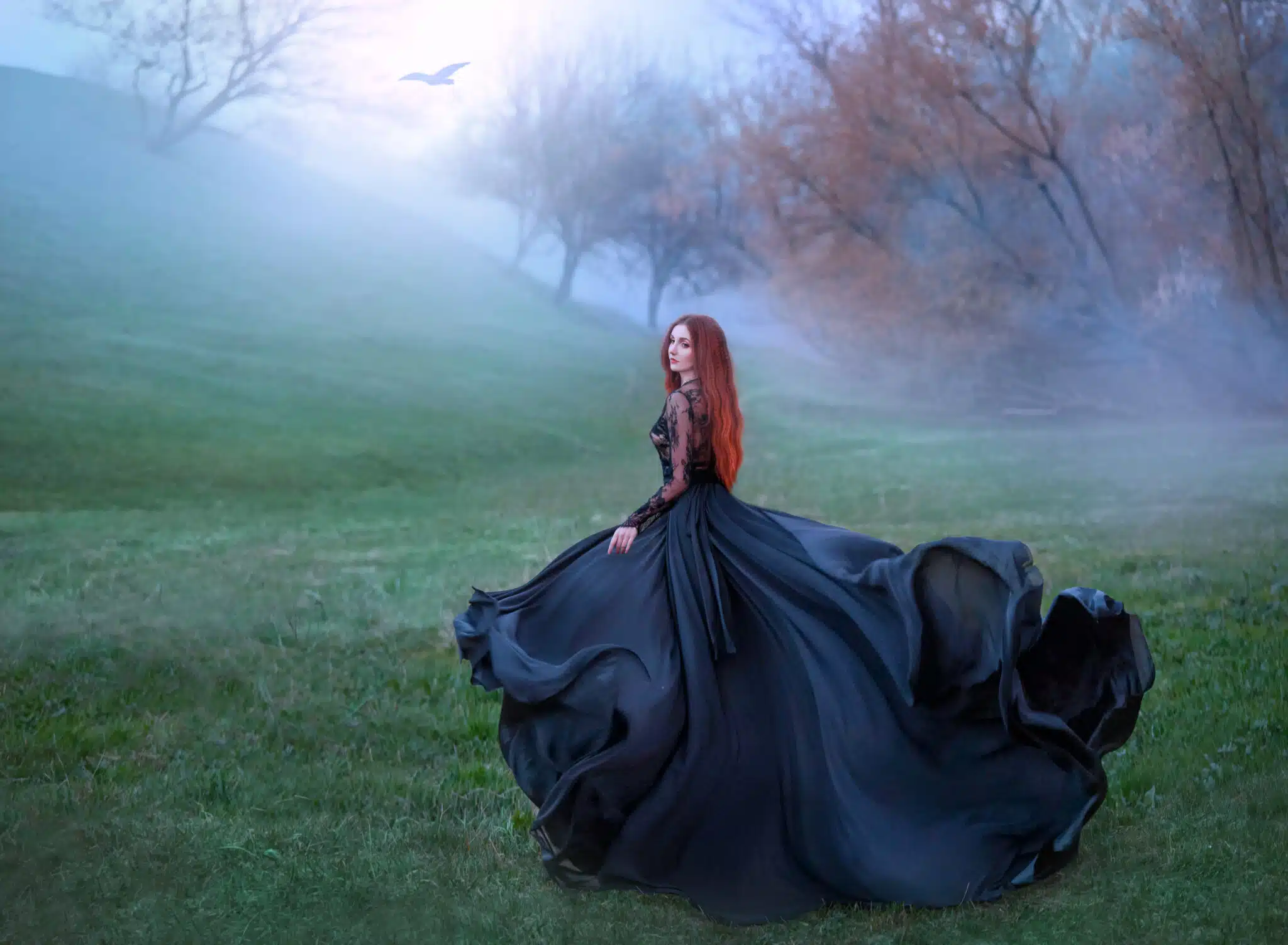
“Annabel Lee” by Edgar Allan Poe
It was many and many a year ago,
In a kingdom by the sea,
That a maiden there lived whom you may know
By the name of ANNABEL LEE;
And this maiden she lived with no other thought
Than to love and be loved by me.
I was a child and she was a child,
In this kingdom by the sea;
But we loved with a love that was more than love,
I and my Annabel Lee;
With a love that the winged seraphs of heaven
Coveted her and me.
And this was the reason that, long ago,
In this kingdom by the sea,
A wind blew out of a cloud, chilling
My beautiful Annabel Lee;
So that her highborn kinsman came
And bore her away from me,
To shut her up in a sepulchre
In this kingdom by the sea.
The angels, not half so happy in heaven,
Went envying her and me,
Yes!, that was the reason (as all men know,
In this kingdom by the sea)
That the wind came out of the cloud by night,
Chilling and killing my Annabel Lee.
But our love it was stronger by far than the love
Of those who were older than we,
Of many far wiser than we,
And neither the angels in heaven above,
Nor the demons down under the sea,
Can ever dissever my soul from the soul
Of the beautiful Annabel Lee.
For the moon never beams without bringing me dreams
Of the beautiful Annabel Lee;
And the stars never rise but I feel the bright eyes
Of the beautiful Annabel Lee;
And so, all the night-tide, I lie down by the side
Of my darling, my darling, my life and my bride,
In the sepulchre there by the sea,
In her tomb by the sounding sea.
“How Do I Love Thee?” by Elizabeth Barrett Browning
How do I love thee? Let me count the ways.
I love thee to the depth and breadth and height
My soul can reach, when feeling out of sight
For the ends of being and ideal grace.
I love thee to the level of every day’s
Most quiet need, by sun and candle-light.
I love thee freely, as men strive for right.
I love thee purely, as they turn from praise.
I love thee with the passion put to use
In my old griefs, and with my childhood’s faith.
I love thee with a love I seemed to lose
With my lost saints. I love thee with the breath,
Smiles, tears, of all my life; and, if God choose,
I shall but love thee better after death.
“Sonnet 116” by William Shakespeare
Let me not to the marriage of true minds
Admit impediments. Love is not love
Which alters when it alteration finds,
Or bends with the remover to remove:
O, no! it is an ever-fixed mark,
That looks on tempests and is never shaken;
It is the star to every wandering bark,
Whose worth’s unknown, although his height be taken.
Love’s not Time’s fool, though rosy lips and cheeks
Within his bending sickle’s compass come;
Love alters not with his brief hours and weeks,
But bears it out even to the edge of doom.
If this be error, and upon me prov’d,
I never writ, nor no man ever lov’d.
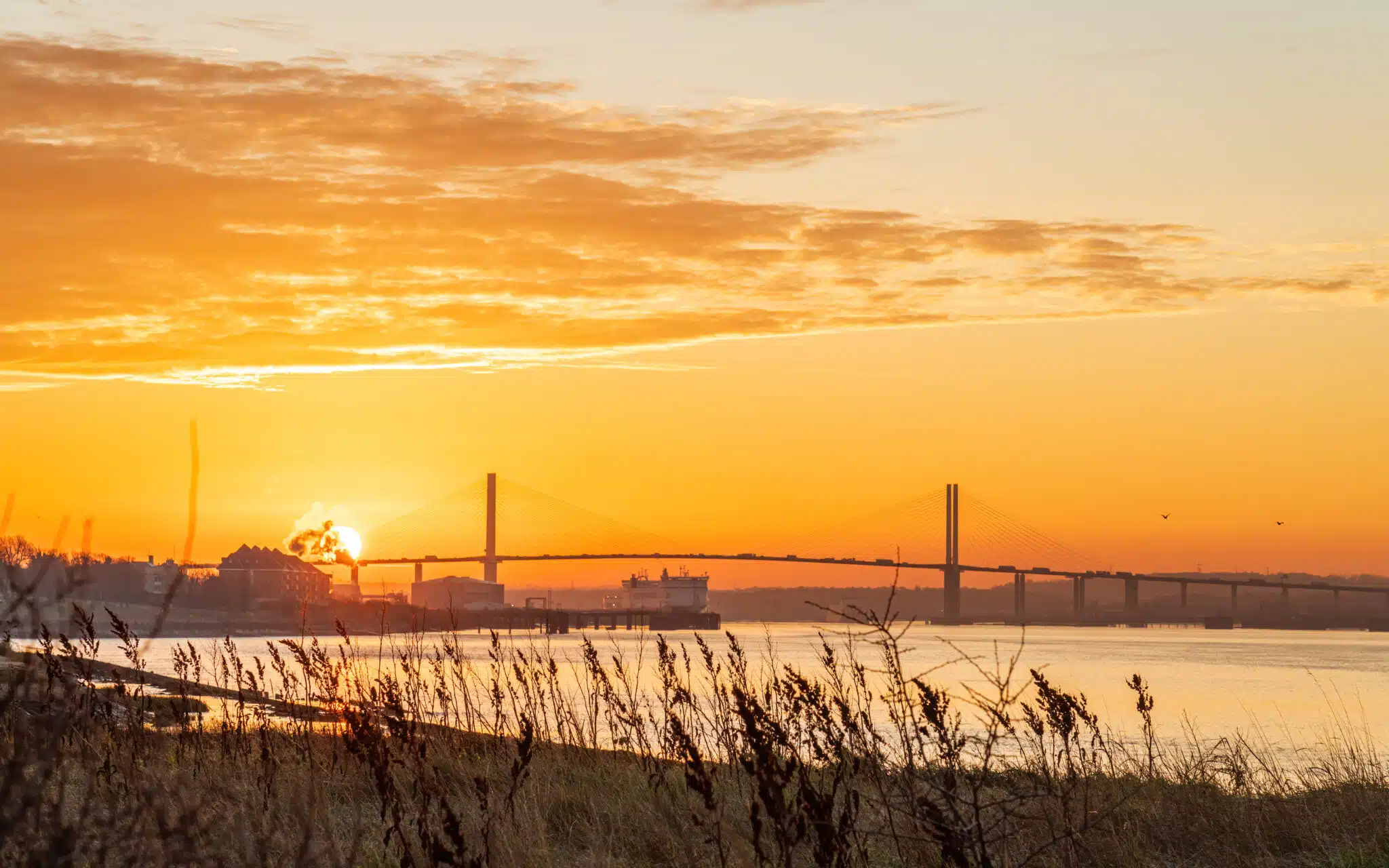
“Composed Upon Westminster Bridge, September 3, 1802” by William Wordsworth
Earth has not anything to show more fair:
Dull would he be of soul who could pass by
A sight so touching in its majesty:
This City now doth, like a garment, wear
The beauty of the morning; silent, bare,
Ships, towers, domes, theatres, and temples lie
Open unto the fields, and to the sky;
All bright and glittering in the smokeless air.
Never did sun more beautifully steep
In his first splendour, valley, rock, or hill;
Ne’er saw I, never felt, a calm so deep!
The river glideth at his own sweet will:
Dear God! the very houses seem asleep;
And all that mighty heart is lying still!
“The Eagle” by Alfred Lord Tennyson
He clasps the crag with crooked hands;
Close to the sun in lonely lands,
Ring’d with the azure world, he stands.
The wrinkled sea beneath him crawls;
He watches from his mountain walls,
And like a thunderbolt he falls.
“From The Love Song of J. Alfred Prufrock” by T. S. Eliot
Let us go then, you and I,
When the evening is spread out against the sky
Like a patient etherized upon a table;
Let us go, through certain half-deserted streets,
The muttering retreats
Of restless nights in one-night cheap hotels
And sawdust restaurants with oyster-shells:
Streets that follow like a tedious argument
Of insidious intent
To lead you to an overwhelming question…
Oh, do not ask, “What is it?”
Let us go and make our visit.
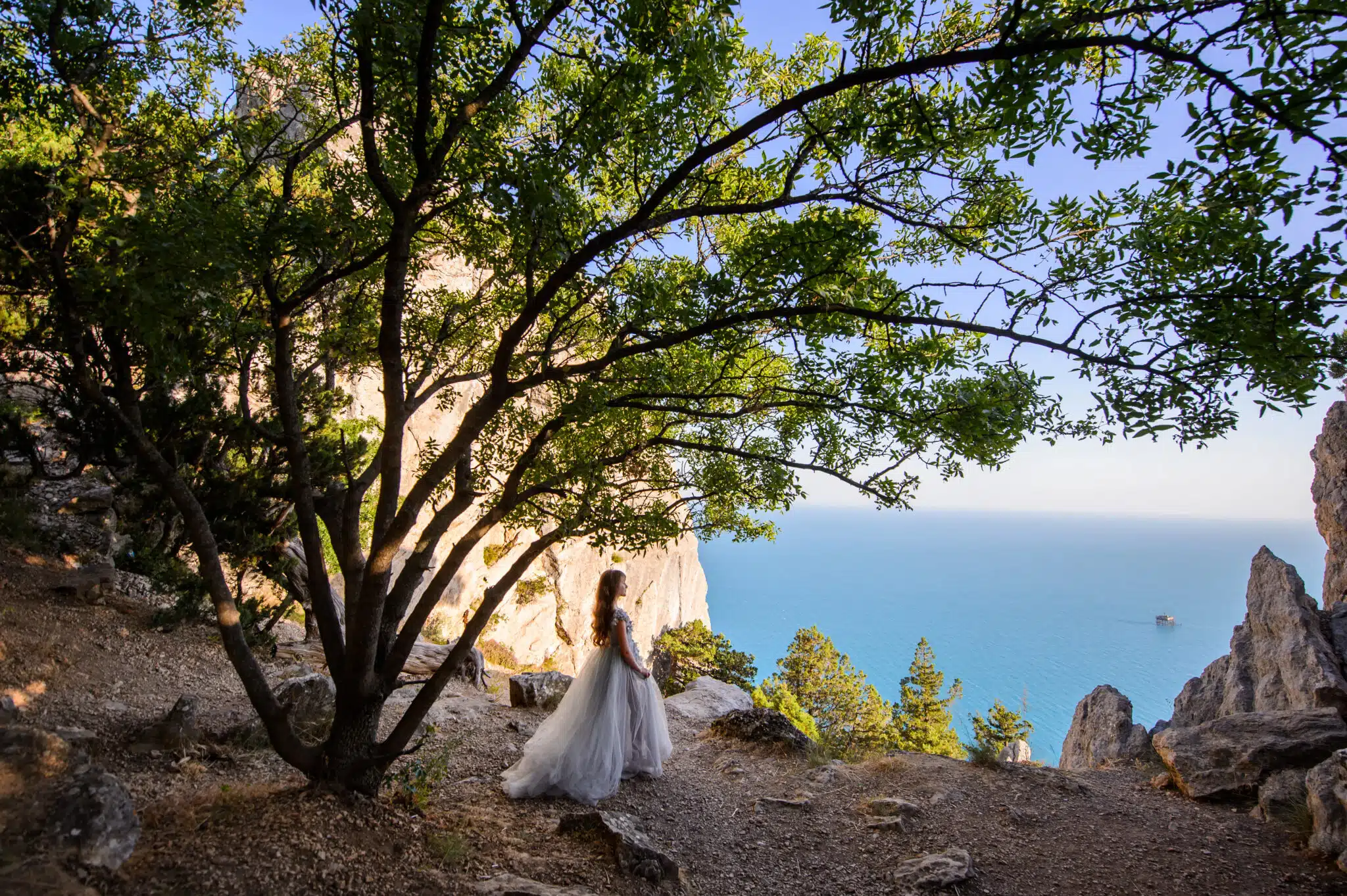
“Dover Beach” by Matthew Arnold
The sea is calm tonight.
The tide is full, the moon lies fair
Upon the straits; on the French coast, the light
Gleams and is gone; the cliffs of England stand,
Glimmering and vast, out in the tranquil bay.
Come to the window, sweet is the night-air!
Only, from the long line of spray
Where the sea meets the moon-blanched land,
Listen! you hear the grating roar
Of pebbles which the waves draw back, and fling,
At their return, up the high strand,
Begin, and cease, and then again begin,
With tremulous cadence slow, and bring
The eternal note of sadness in.
Sophocles long ago
Heard it on the Aegean, and it brought
Into his mind the turbid ebb and flow
Of human misery; we
Find also in the sound a thought,
Hearing it by this distant northern sea.
The Sea of Faith
Was once, too, at the full, and round earth’s shore
Lay like the folds of a bright girdle furled.
But now I only hear
Its melancholy, long, withdrawing roar,
Retreating, to the breath
Of the night-wind, down the vast edges drear
And naked shingles of the world.
Ah, love, let us be true
To one another! for the world, which seems
To lie before us like a land of dreams,
So various, so beautiful, so new,
Hath really neither joy, nor love, nor light,
Nor certitude, nor peace, nor help for pain;
And we are here as on a darkling plain
Swept with confused alarms of struggle and flight,
Where ignorant armies clash by night.
“The Sun Rising” by John Donne
Busy old fool, unruly Sun,
Why dost thou thus,
Through windows, and through curtains, call on us?
Must to thy motions lovers’ seasons run?
Saucy pedantic wretch, go chide
Late school-boys and sour prentices,
Go tell court-huntsmen that the king will ride,
Call country ants to harvest offices;
Love, all alike, no season knows nor clime,
Nor hours, days, months, which are the rags of time.
Thy beams so reverend, and strong
Why shouldst thou think?
I could eclipse and cloud them with a wink,
But that I would not lose her sight so long.
If her eyes have not blinded thine,
Look, and to-morrow late tell me,
Whether both th’ Indias of spice and mine
Be where thou left’st them, or lie here with me.
Ask for those kings whom thou saw’st yesterday,
And thou shalt hear, “All here in one bed lay.”
She’s all states, and all princes I;
Nothing else is;
Princes do but play us; compared to this,
All honour’s mimic, all wealth alchemy.
Thou, Sun, art half as happy as we,
In that the world’s contracted thus;
Thine age asks ease, and since thy duties be
To warm the world, that’s done in warming us.
Shine here to us, and thou art everywhere;
This bed thy center is, these walls thy sphere.
“When We Two Parted” by George Gordon Byron
When we two parted
In silence and tears,
Half broken-hearted
To sever for years,
Pale grew thy cheek and cold,
Colder thy kiss;
Truly that hour foretold
Sorrow to this.
The dew of the morning
Sunk chill on my brow—
It felt like the warning
Of what I feel now.
Thy vows are all broken,
And light is thy fame;
I hear thy name spoken,
And share in its shame.
They name thee before me,
A knell to mine ear;
A shudder comes o’er me—
Why wert thou so dear?
They know not I knew thee,
Who knew thee too well—
Long, long shall I rue thee,
Too deeply to tell.
In secret we met—
In silence I grieve,
That thy heart could forget,
Thy spirit deceive.
If I should meet thee
After long years,
How should I greet thee?—
With silence and tears.
“Desiderata” by Max Ehrmann
Go placidly amid the noise and haste,
and remember what peace there may be in silence.
As far as possible without surrender
be on good terms with all persons.
Speak your truth quietly and clearly;
and listen to others,
even the dull and the ignorant;
they too have their story.
Avoid loud and aggressive persons,
they are vexations to the spirit.
If you compare yourself with others,
you may become vain and bitter;
for always there will be greater and lesser persons than yourself.
Enjoy your achievements as well as your plans.
Keep interested in your own career, however humble;
it is a real possession in the changing fortunes of time.
Exercise caution in your business affairs;
for the world is full of trickery.
But let this not blind you to what virtue there is;
many persons strive for high ideals;
and everywhere life is full of heroism.
Be yourself.
Especially, do not feign affection.
Neither be cynical about love;
for in the face of all aridity and disenchantment
it is as perennial as the grass.
Take kindly the counsel of the years,
gracefully surrendering the things of youth.
Nurture strength of spirit to shield you in sudden misfortune.
But do not distress yourself with dark imaginings.
Many fears are born of fatigue and loneliness.
Beyond a wholesome discipline,
be gentle with yourself.
You are a child of the universe,
no less than the trees and the stars;
you have a right to be here.
And whether or not it is clear to you,
no doubt the universe is unfolding as it should.
Therefore be at peace with God,
whatever you conceive Him to be,
and whatever your labors and aspirations,
in the noisy confusion of life keep peace with your soul.
With all its sham, drudgery, and broken dreams,
it is still a beautiful world.
Be cheerful.
Strive to be happy.
“The Passionate Shepherd to His Love” by Christopher Marlowe
Come live with me and be my love,
And we will all the pleasures prove
That valleys, groves, hills, and fields,
Woods, or steepy mountain yields.
And we will sit upon the rocks,
Seeing the shepherds feed their flocks,
By shallow rivers to whose falls
Melodious birds sing madrigals.
And I will make thee beds of roses
And a thousand fragrant posies,
A cap of flowers, and a kirtle
Embroidered all with leaves of myrtle;
A gown made of the finest wool
Which from our pretty lambs we pull;
Fair lined slippers for the cold,
With buckles of the purest gold;
A belt of straw and ivy buds,
With coral clasps and amber studs:
And if these pleasures may thee move,
Come live with me, and be my love.
The shepherds’ swains shall dance and sing
For thy delight each May morning:
If these delights thy mind may move,
Then live with me and be my love.
“Ulysses” by Alfred, Lord Tennyson
It little profits that an idle king,
By this still hearth, among these barren crags,
Matched with an aged wife, I mete and dole
Unequal laws unto a savage race,
That hoard, and sleep, and feed, and know not me.
I cannot rest from travel; I will drink
Life to the lees. All times I have enjoyed
Greatly, have suffered greatly, both with those
That loved me, and alone; on shore, and when
Through scudding drifts the rainy Hyades
Vext the dim sea. I am become a name;
For always roaming with a hungry heart
Much have I seen and known—cities of men
And manners, climates, councils, governments,
Myself not least, but honored of them all,—
And drunk delight of battle with my peers,
Far on the ringing plains of windy Troy.
I am a part of all that I have met;
Yet all experience is an arch wherethrough
Gleams that untraveled world whose margin fades
For ever and for ever when I move.
How dull it is to pause, to make an end,
To rust unburnished, not to shine in use!
As though to breathe were life! Life piled on life
Were all too little, and of one to me
Little remains; but every hour is saved
From that eternal silence, something more,
A bringer of new things; and vile it were
For some three suns to store and hoard myself,
And this gray spirit yearning in desire
To follow knowledge like a sinking star,
Beyond the utmost bound of human thought.
This is my son, mine own Telemachus,
To whom I leave the scepter and the isle,
Well-loved of me, discerning to fulfill
This labor, by slow prudence to make mild
A rugged people, and through soft degrees
Subdue them to the useful and the good.
Most blameless is he, centered in the sphere
Of common duties, decent not to fail
In offices of tenderness, and pay
Meet adoration to my household gods,
When I am gone. He works his work, I mine.
There lies the port; the vessel puffs her sail;
There gloom the dark, broad seas. My mariners,
Souls that have toiled, and wrought, and thought with me,
That ever with a frolic welcome took
The thunder and the sunshine, and opposed
Free hearts, free foreheads—you and I are old;
Old age hath yet his honor and his toil.
Death closes all; but something ere the end,
Some work of noble note, may yet be done,
Not unbecoming men that strove with gods.
The lights begin to twinkle from the rocks;
The long day wanes; the slow moon climbs; the deep
Moans round with many voices. Come, my friends,
‘Tis not too late to seek a newer world.
Push off, and sitting well in order smite
The sounding furrows; for my purpose holds
To sail beyond the sunset, and the baths
Of all the western stars, until I die.
It may be that the gulfs will wash us down;
It may be we shall touch the Happy Isles,
And see the great Achilles, whom we knew.
Though much is taken, much abides; and though
We are not now that strength which in old days
Moved earth and heaven, that which we are, we are,
One equal temper of heroic hearts,
Made weak by time and fate, but strong in will
To strive, to seek, to find, and not to yield.
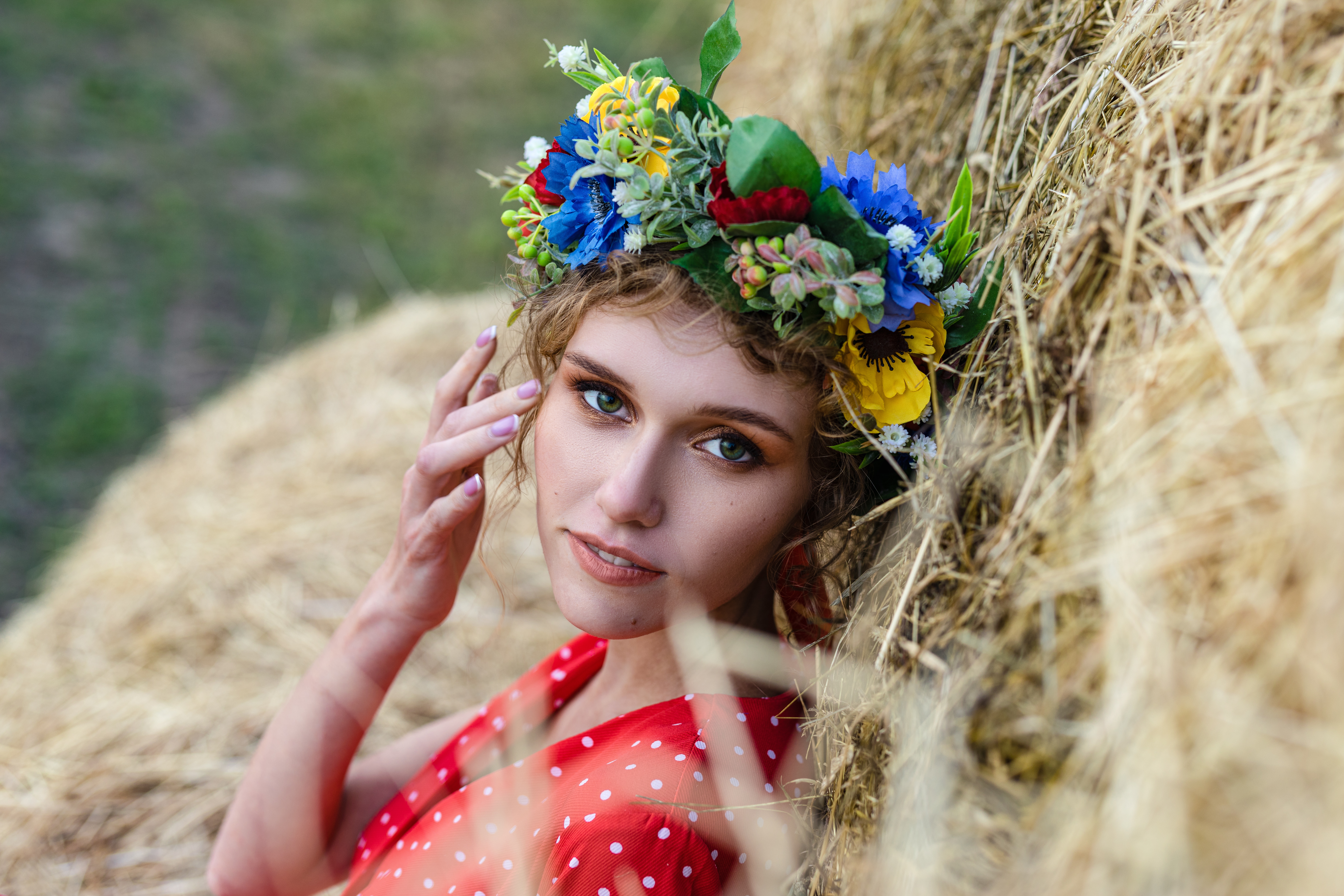
“Roses Are Red” by Mother Goose
The rose is red,
The violet’s blue,
Sugar is sweet,
And so are you.
“My Heart and I” by Elizabeth Barrett Browning
I.
Enough! we’re tired, my heart and I.
We sit beside the headstone thus,
And wish that name were carved for us.
The moss reprints more tenderly
The hard types of the mason’s knife,
As heaven’s sweet life renews earth’s life
With which we’re tired, my heart and I.
II.
You see we’re tired, my heart and I.
We dealt with books, we trusted men,
And in our own blood drenched the pen,
As if such colours could not fly.
We walked too straight for fortune’s end,
We loved too true to keep a friend;
At last we’re tired, my heart and I.
III.
How tired we feel, my heart and I!
We seem of no use in the world;
Our fancies hang grey and uncurled
About men’s eyes indifferently;
Our voice which thrilled you so, will let
You sleep; our tears are only wet:
What do we here, my heart and I?
IV.
So tired, so tired, my heart and I!
It was not thus in that old time
When Ralph sat with me ‘neath the lime
To watch the sunset from the sky.
Dear love, you’re looking tired,’ he said;
I, smiling at him, shook my head:
‘Tis now we’re tired, my heart and I.
V.
So tired, so tired, my heart and I!
Though now none takes me on his arm
To fold me close and kiss me warm
Till each quick breath end in a sigh
Of happy languor. Now, alone,
We lean upon this graveyard stone,
Uncheered, unkissed, my heart and I.
VI.
Tired out we are, my heart and I.
Suppose the world brought diadems
To tempt us, crusted with loose gems
Of powers and pleasures? Let it try.
We scarcely care to look at even
A pretty child, or God’s blue heaven,
We feel so tired, my heart and I.
VII.
Yet who complains? My heart and I?
In this abundant earth no doubt
Is little room for things worn out:
Disdain them, break them, throw them by
And if before the days grew rough
We once were loved, used, well enough,
I think, we’ve fared, my heart and I.
“Time Is” by Henry van Dyke
Time is
Too Slow for those who Wait,
Too Swift for those who Fear,
Too Long for those who Grieve,
Too Short for those who Rejoice;
But for those who Love,
Time is not.
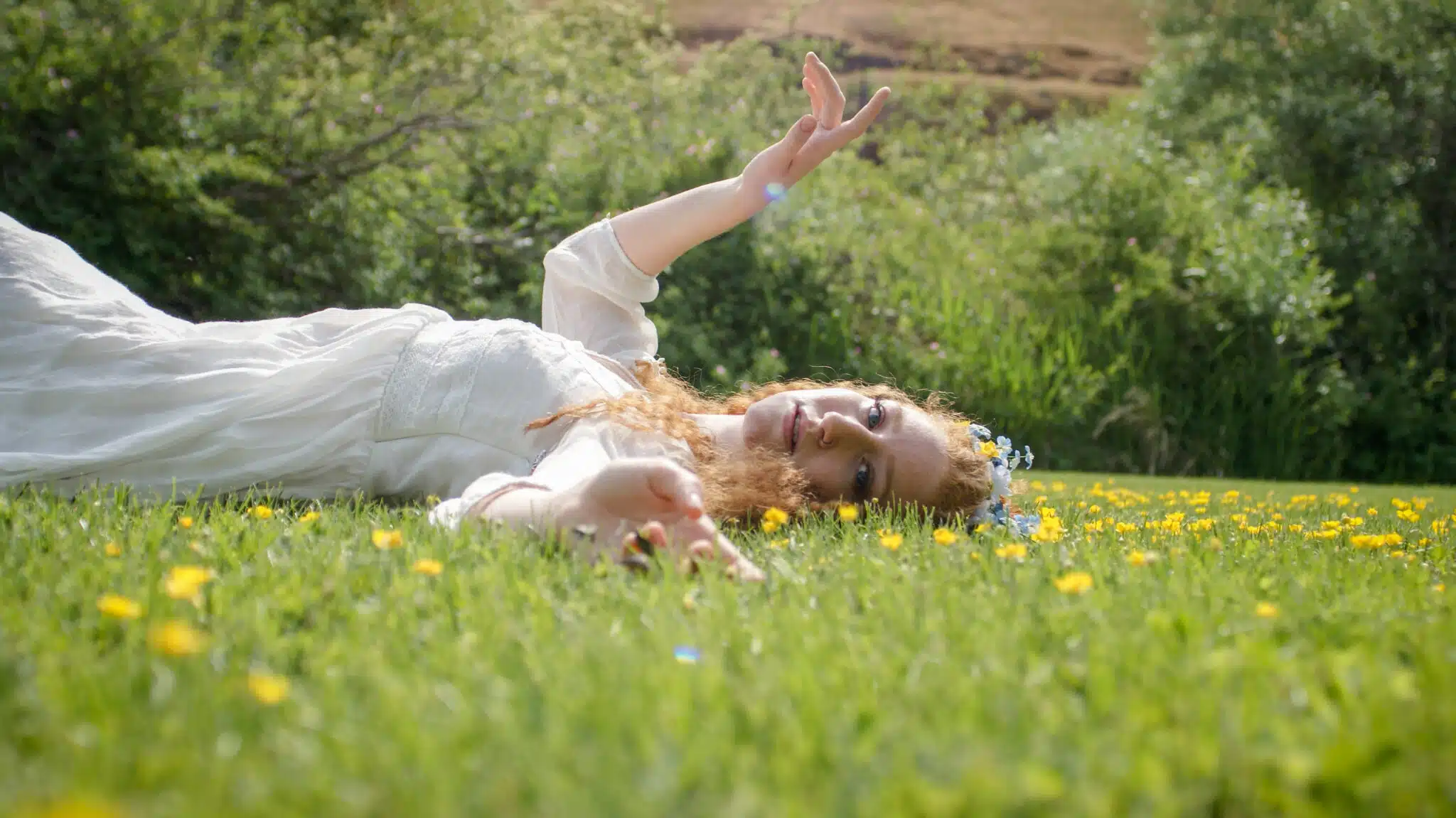
“Riposte” by William Carlos Williams
Love is like water or the air
my townspeople;
it cleanses, and dissipates evil gases.
It is like poetry too
and for the same reasons.
Love is so precious
my townspeople
that if I were you I would
have it under lock and key—
like the air or the Atlantic or
like poetry!
“To the Virgins, to Make Much of Time” by Robert Herrick
Gather ye rosebuds while ye may,
Old time is still a-flying;
And this same flower that smiles today
Tomorrow will be dying.
The glorious lamp of heaven the sun,
The higher he’s a-getting,
The sooner will his race be run,
And nearer he’s to setting.
That age is best which is the first,
When youth and blood are warmer;
But being spent, the worse, and worst
Times still succeed the former.
Then be not coy, but use your time,
And, while ye may, go marry;
For, having lost but once your prime,
You may forever tarry.
“The Broken Heart” by John Donne
He is stark mad, whoever says,
That he hath been in love an hour,
Yet not that love so soon decays,
But that it can ten in less space devour;
Who will believe me, if I swear
That I have had the plague a year?
Who would not laugh at me, if I should say
I saw a flash of powder burn a day?
Ah, what a trifle is a heart,
If once into love’s hands it come!
All other griefs allow a part
To other griefs, and ask themselves but some;
They come to us, but us love draws;
He swallows us and never chaws;
By him, as by chain’d shot, whole ranks do die;
He is the tyrant pike, our hearts the fry.
If ’twere not so, what did become
Of my heart when I first saw thee?
I brought a heart into the room,
But from the room I carried none with me.
If it had gone to thee, I know
Mine would have taught thine heart to show
More pity unto me; but Love, alas!
At one first blow did shiver it as glass.
Yet nothing can to nothing fall,
Nor any place be empty quite;
Therefore I think my breast hath all
Those pieces still, though they be not unite;
And now, as broken glasses show
A hundred lesser faces, so
My rags of heart can like, wish, and adore,
But after one such love, can love no more.
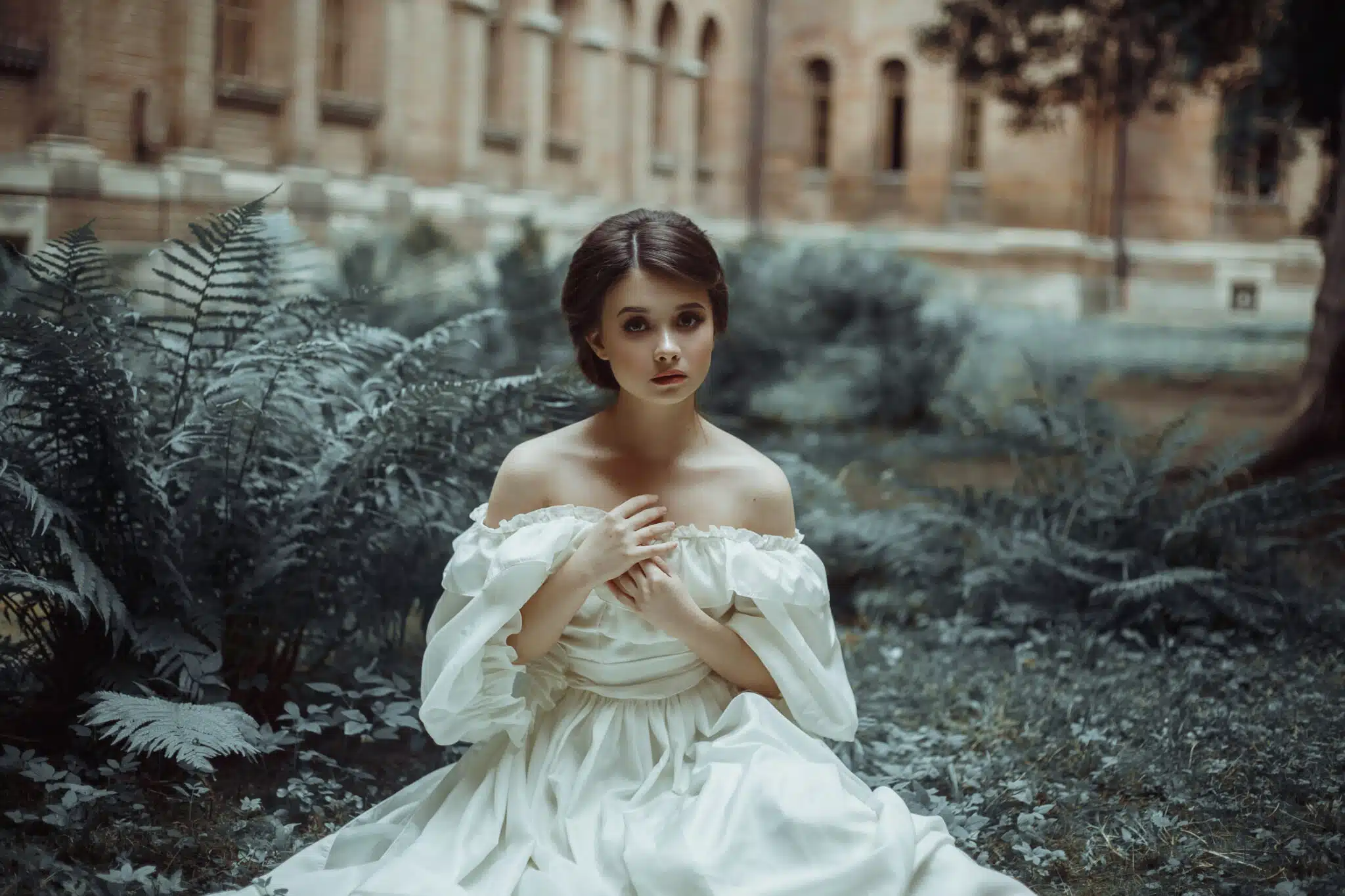
“I Do Not Love Thee” by Caroline Elizabeth Sarah Norton
I do not love thee!—no! I do not love thee!
And yet when thou art absent I am sad;
And envy even the bright blue sky above thee,
Whose quiet stars may see thee and be glad.
I do not love thee!—yet, I know not why,
Whate’er thou dost seems still well done, to me:
And often in my solitude I sigh
That those I do love are not more like thee!
I do not love thee!—yet, when thou art gone,
I hate the sound (though those who speak be dear)
Which breaks the lingering echo of the tone
Thy voice of music leaves upon my ear.
I do not love thee!—yet thy speaking eyes,
With their deep, bright, and most expressive blue,
Between me and the midnight heaven arise,
Oftener than any eyes I ever knew.
I know I do not love thee! yet, alas!
Others will scarcely trust my candid heart;
And oft I catch them smiling as they pass,
Because they see me gazing where thou art.
“I Taught Myself to Live Simply” by Anna Akhmatova
I taught myself to live simply and wisely,
to look at the sky and pray to God,
and to wander long before evening
to tire my superfluous worries.
When the burdocks rustle in the ravine
and the yellow-red rowanberry cluster droops
I compose happy verses
about life’s decay, decay and beauty.
I come back. The fluffy cat
licks my palm, purrs so sweetly
and the fire flares bright
on the saw-mill turret by the lake.
Only the cry of a stork landing on the roof
occasionally breaks the silence.
If you knock on my door
I may not even hear.
“Oh Could I Raise the Darken’d Veil” by Nathaniel Hawthorne
Oh could I raise the darken’d veil,
Which hides my future life from me,
Could unborn ages slowly sail,
Before my view—and could I see
My every action painted there,
To cast one look I would not dare.
There poverty and grief might stand,
And dark Despair’s corroding hand,
Would make me seek the lonely tomb
To slumber in its endless gloom.
Then let me never cast a look,
Within Fate’s fix’d mysterious book.
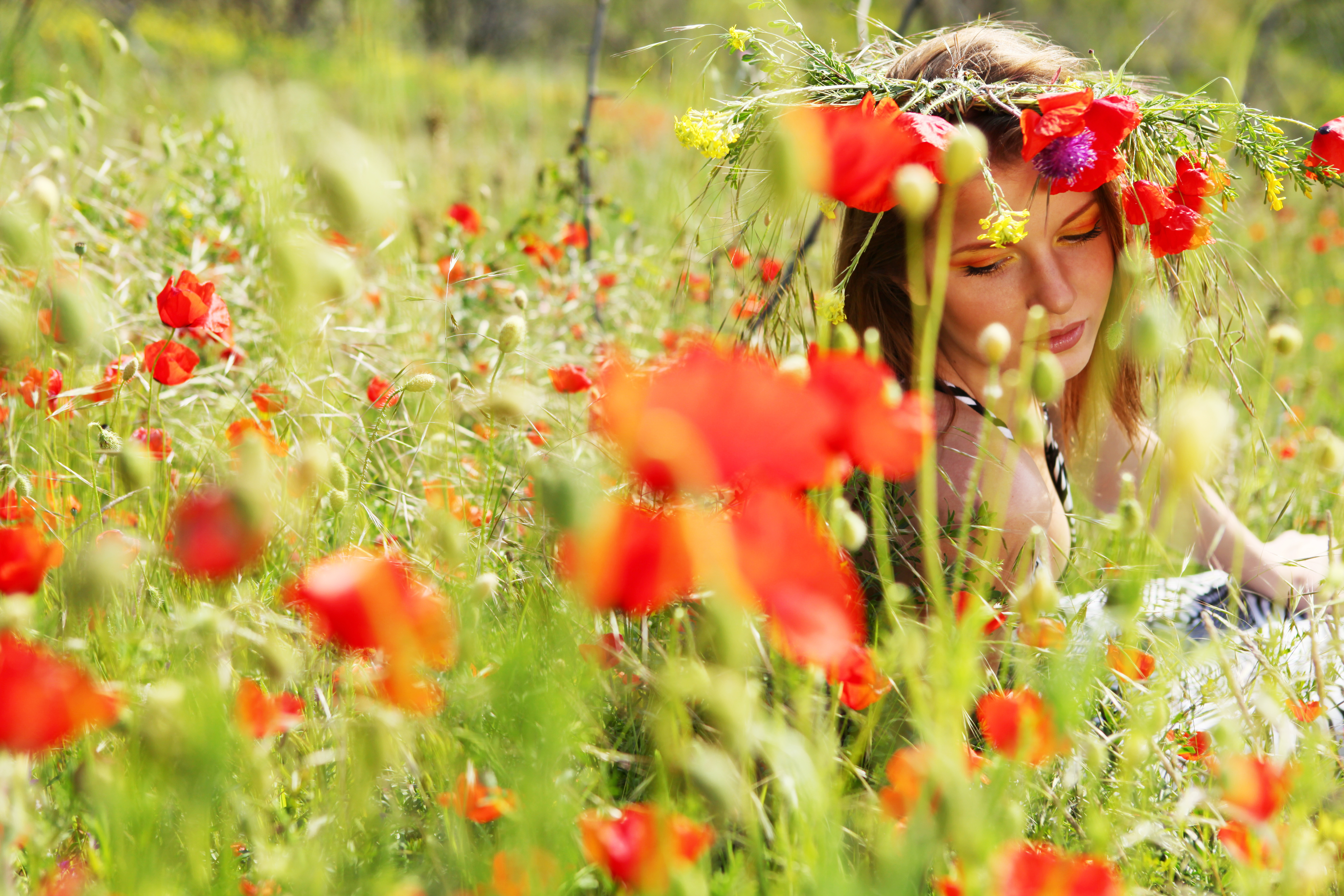
“Poppies on Ludlow Castle” by Willa Cather
Through halls of vanished pleasure,
And hold of vanished power,
And crypt of faith forgotten,
A came to Ludlow tower.
A-top of arch and stairway,
Of crypt and donjan cell,
Of council hall, and chamber,
Of wall, and ditch, and well,
High over grated turrets
Where clinging ivies run,
A thousand scarlet poppies
Enticed the rising sun,
Upon the topmost turret,
With death and damp below,–
Three hundred years of spoilage,–
The crimson poppies grow.
This hall it was that bred him,
These hills that knew him brave,
The gentlest English singer
That fills an English grave.
How have they heart to blossom
So cruel and gay and red,
When beauty so hath perished
And valour so hath sped?
When knights so fair are rotten,
And captains true asleep,
And singing lips are dust-stopped
Six English earth-feet deep?
When ages old remind me
How much hath gone for naught,
What wretched ghost remaineth
Of all that flesh hath wrought;
Of love and song and warring,
Of adventure and play,
Of art and comely building,
Of faith and form and fray–
I’ll mind the flowers of pleasure,
Of short-lived youth and sleep,
That drunk the sunny weather
A-top of Ludlow keep.
“Ultimately” by Ernest Hemingway
He tried to spit out the truth;
Dry mouthed at first,
He drooled and slobbed in the end;
Truth dribbling his chin.
“Journey” by Edna St. Vincent Millay
Ah, could I lay me down in this long grass
And close my eyes, and let the quiet wind
Blow over me,—I am so tired, so tired
Of passing pleasant places! All my life,
Following Care along the dusty road,
Have I looked back at loveliness and sighed;
Yet at my hand an unrelenting hand
Tugged ever, and I passed. All my life long
Over my shoulder have I looked at peace
And now I fain would lie in this long grass
And close my eyes.
Yet onward!
Cat-birds call
Through the long afternoon, and creeks at dusk
Are guttural. Whip-poor-wills wake and cry,
Drawing the twilight close about their throats.
Only my heart makes answer. Eager vines
Go up the rocks and wait; flushed apple-trees
Pause in their dance and break the ring for me;
Dim, shady wood-roads, redolent of fern
And bayberry, that through sweet bevies thread
Of round-faced roses, pink and petulant,
Look back and beckon ere they disappear.
Only my heart, only my heart responds.
Yet, ah, my path is sweet on either side
All through the dragging day,—sharp underfoot,
And hot, and like dead mist the dry dust hangs—
But far, oh, far as passionate eye can reach,
And long, ah, long as rapturous eye can cling,
The world is mine: blue hill, still silver lake,
Broad field, bright flower, and the long white road
A gateless garden, and an open path:
My feet to follow, and my heart to hold.
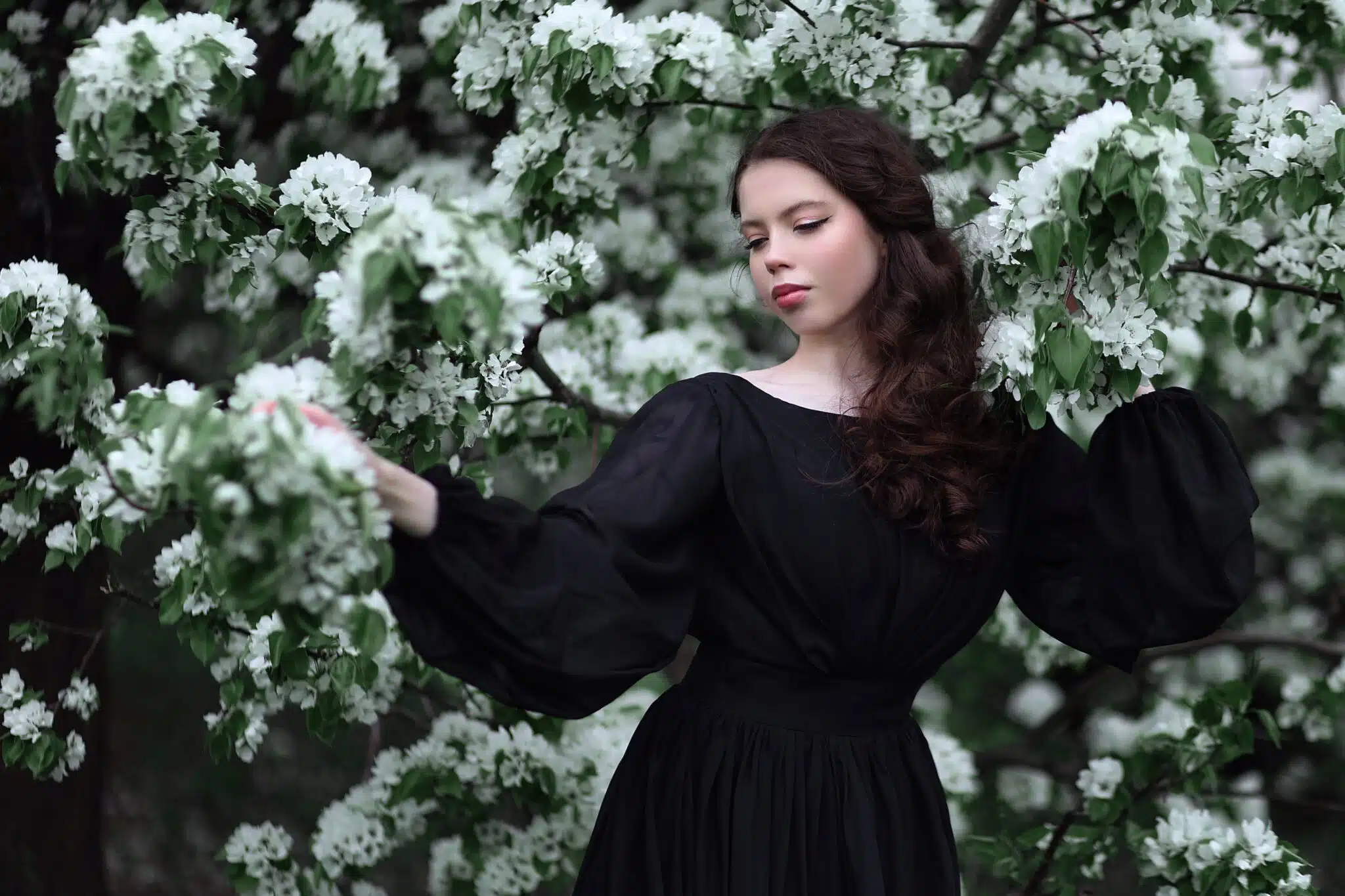
“Transfiguration” by Louisa May Alcott
Mysterious death! who in a single hour
Life’s gold can so refine,
And by thy art divine
Change mortal weakness to immortal power!
Bending beneath the weight of eighty years,
Spent with the noble strife
Of a victorious life,
We watched her fading heavenward, through our tears.
But ere the sense of loss our hearts had wrung,
A miracle was wrought;
And swift as happy thought
She lived again,–brave, beautiful, and young.
Age, pain, and sorrow dropped the veils they wore
And showed the tender eyes
Of angels in disguise,
Whose discipline so patiently she bore.
The past years brought their harvest rich and fair;
While memory and love,
Together, fondly wove
A golden garland for the silver hair.
How could we mourn like those who are bereft,
When every pang of grief
Found balm for its relief
In counting up the treasures she had left?–
Faith that withstood the shocks of toil and time;
Hope that defied despair;
Patience that conquered care;
And loyalty, whose courage was sublime;
The great deep heart that was a home for all,–
Just, eloquent, and strong
In protest against wrong;
Wide charity, that knew no sin, no fall;
The spartan spirit that made life so grand,
Mating poor daily needs
With high, heroic deeds,
That wrested happiness from Fate’s hard hand.
We thought to weep, but sing for joy instead,
Full of the grateful peace
That follows her release;
For nothing but the weary dust lies dead.
Oh, noble woman! never more a queen
Than in the laying down
Of sceptre and of crown
To win a greater kingdom, yet unseen;
Teaching us how to seek the highest goal,
To earn the true success,–
To live, to love, to bless,–
And make death proud to take a royal soul.
“The Song of Wandering Aengus” by William Butler Yeats
I went out to the hazel wood,
Because a fire was in my head,
And cut and peeled a hazel wand,
And hooked a berry to a thread;
And when white moths were on the wing,
And moth-like stars were flickering out,
I dropped the berry in a stream
And caught a little silver trout.
When I had laid it on the floor
I went to blow the fire a-flame,
But something rustled on the floor,
And someone called me by my name:
It had become a glimmering girl
With apple blossom in her hair
Who called me by my name and ran
And faded through the brightening air.
Though I am old with wandering
Through hollow lands and hilly lands,
I will find out where she has gone,
And kiss her lips and take her hands;
And walk among long dappled grass,
And pluck till time and times are done,
The silver apples of the moon,
The golden apples of the sun.
“Last Lines” by Emily Brontë
No coward soul is mine,
No trembler in the world’s storm-troubled sphere:
I see Heaven’s glories shine,
And faith shines equal, arming me from fear.
O God within my breast,
Almighty, ever-present Deity!
Life—that in me has rest,
As I—undying Life—have power in Thee!
Vain are the thousand creeds
That move men’s hearts: unutterably vain;
Worthless as wither’d weeds,
Or idlest froth amid the boundless main,
To waken doubt in one
Holding so fast by Thine infinity;
So surely anchor’d on
The steadfast rock of immortality.
With wide-embracing love
Thy Spirit animates eternal years,
Pervades and broods above,
Changes, sustains, dissolves, creates, and rears.
Though earth and man were gone,
And suns and universes cease to be,
And Thou were left alone,
Every existence would exist in Thee.
There is not room for Death,
Nor atom that his might could render void:
Thou—Thou art Being and Breath,
And what Thou art may never be destroyed.

“Piano” by D. H. Lawrence
Softly, in the dusk, a woman is singing to me;
Taking me back down the vista of years, till I see
A child sitting under the piano, in the boom of the
tingling strings
And pressing the small, poised feet of a mother who
smiles as she sings.
In spite of myself, the insidious mastery of song
Betrays me back, till the heart of me weeps to belong
To the old Sunday evenings at home, with winter
outside
And hymns in the cosy parlour, the tinkling piano
our guide.
So now it is vain for the singer to burst into clamour
With the great black piano appassionato. The
glamour
Of childish days is upon me, my manhood is cast
Down in the flood of remembrance, I weep like a
child for the past.
“Grown-Up” by Edna St. Vincent Millay
Was it for this I uttered prayers,
And sobbed and cursed and kicked the stairs,
That now, domestic as a plate,
I should retire at half-past eight?
“Lines on Ale” by Edgar Allan Poe
Filled with mingled cream and amber,
I will drain that glass again.
Such hilarious visions clamber
Through the chamber of my brain.
Quaintest thoughts, queerest fancies
Come to life and fade away.
What care I how time advances;
I am drinking ale today.

“The Dying Christian to His Soul” by Alexander Pope
Vital spark of heav’nly flame!
Quit, O quit this mortal frame:
Trembling, hoping, ling’ring, flying,
O the pain, the bliss of dying!
Cease, fond Nature, cease thy strife,
And let me languish into life.
Hark! they whisper; angels say,
Sister Spirit, come away!
What is this absorbs me quite?
Steals my senses, shuts my sight,
Drowns my spirits, draws my breath?
Tell me, my soul, can this be death?
The world recedes; it disappears!
Heav’n opens on my eyes! my ears
With sounds seraphic ring!
Lend, lend your wings! I mount! I fly!
O Grave! where is thy victory?
O Death! where is thy sting?
“Sorrow” by Aubrey Thomas de Vere
‘Because somewhere there’s simplicity and light,’
Count each affliction, whether light or grave,
God’s messenger sent down to thee; do thou
With courtesy receive him; rise and bow;
And, ere his shadow pass thy threshold, crave
Permission first his heavenly feet to lave;
Then lay before him all thou hast; allow
No cloud of passion to usurp thy brow,
Or mar thy hospitality; no wave
Of mortal tumult to obliterate
The soul’s marmoreal calmness: Grief should be,
Like joy, majestic, equable, sedate;
Confirming, cleansing, raising, making free;
Strong to consume small troubles; to commend
Great thoughts, grave thoughts, thoughts lasting to the end.
“Nothing Will Die” by Alfred Lord Tennyson
When will the stream be aweary of flowing
Under my eye?
When will the wind be aweary of blowing
Over the sky?
When will the clouds be aweary of fleeting?
When will the heart be aweary of beating?
And nature die?
Never, O, never, nothing will die;
The stream flows,
The wind blows,
The cloud fleets,
The heart beats,
Nothing will die.
Nothing will die;
All things will change
Thro’ eternity.
’Tis the world’s winter;
Autumn and summer
Are gone long ago;
Earth is dry to the centre,
But spring, a new comer,
A spring rich and strange,
Shall make the winds blow
Round and round,
Thro’ and thro’,
Here and there,
Till the air
And the ground
Shall be fill’d with life anew.
The world was never made;
It will change, but it will not fade.
So let the wind range;
For even and morn
Ever will be
Thro’ eternity.
Nothing was born;
Nothing will die;
All things will change.
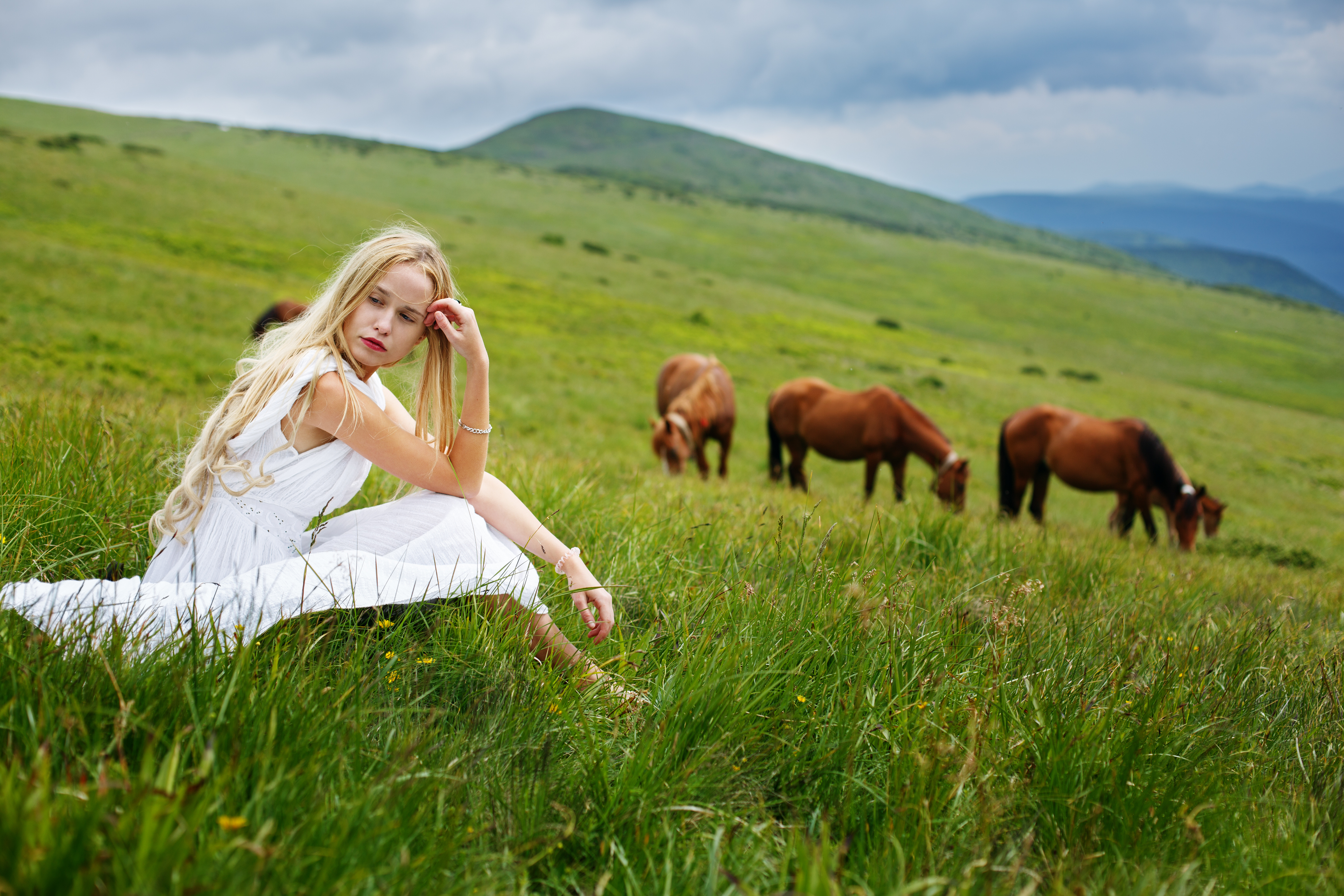
“Pastoral” by William Carlos Williams
The little sparrows
hop ingenuously
about the pavement
quarreling
with sharp voices
over those things
that interest them.
But we who are wiser
shut ourselves in
on either hand
and no one knows
whether we think good
or evil.
Meanwhile,
the old man who goes about
gathering dog-lime
walks in the gutter
without looking up
and his tread
is more majestic than
that of the Episcopal minister
approaching the pulpit
of a Sunday.
These things
astonish me beyond words.
“Winter in the Boulevard” by D. H. Lawrence
The frost has settled down upon the trees
And ruthlessly strangled off the fantasies
Of leaves that have gone unnoticed, swept like old
Romantic stories now no more to be told.
The trees down the boulevard stand naked in
thought,
Their abundant summery wordage silenced, caught
In the grim undertow; naked the trees confront
Implacable winter’s long, cross-questioning brunt.
Has some hand balanced more leaves in the depths
of the twigs?
Some dim little efforts placed in the threads of the
birch?—
It is only the sparrows, like dead black leaves on
the sprigs,
Sitting huddled against the cerulean, one flesh with
their perch.
The clear, cold sky coldly bethinks itself.
Like vivid thought the air spins bright, and all
Trees, birds, and earth, arrested in the after-thought
Awaiting the sentence out from the welkin brought.
“There Will Come Soft Rains” by Sara Teasdale
There will come soft rains and the smell of the ground,
And swallows circling with their shimmering sound;
And frogs in the pools, singing at night,
And wild plum trees in tremulous white,
Robins will wear their feathery fire,
Whistling their whims on a low fence-wire;
And not one will know of the war, not one
Will care at last when it is done.
Not one would mind, neither bird nor tree,
If mankind perished utterly;
And Spring herself, when she woke at dawn,
Would scarcely know that we were gone.
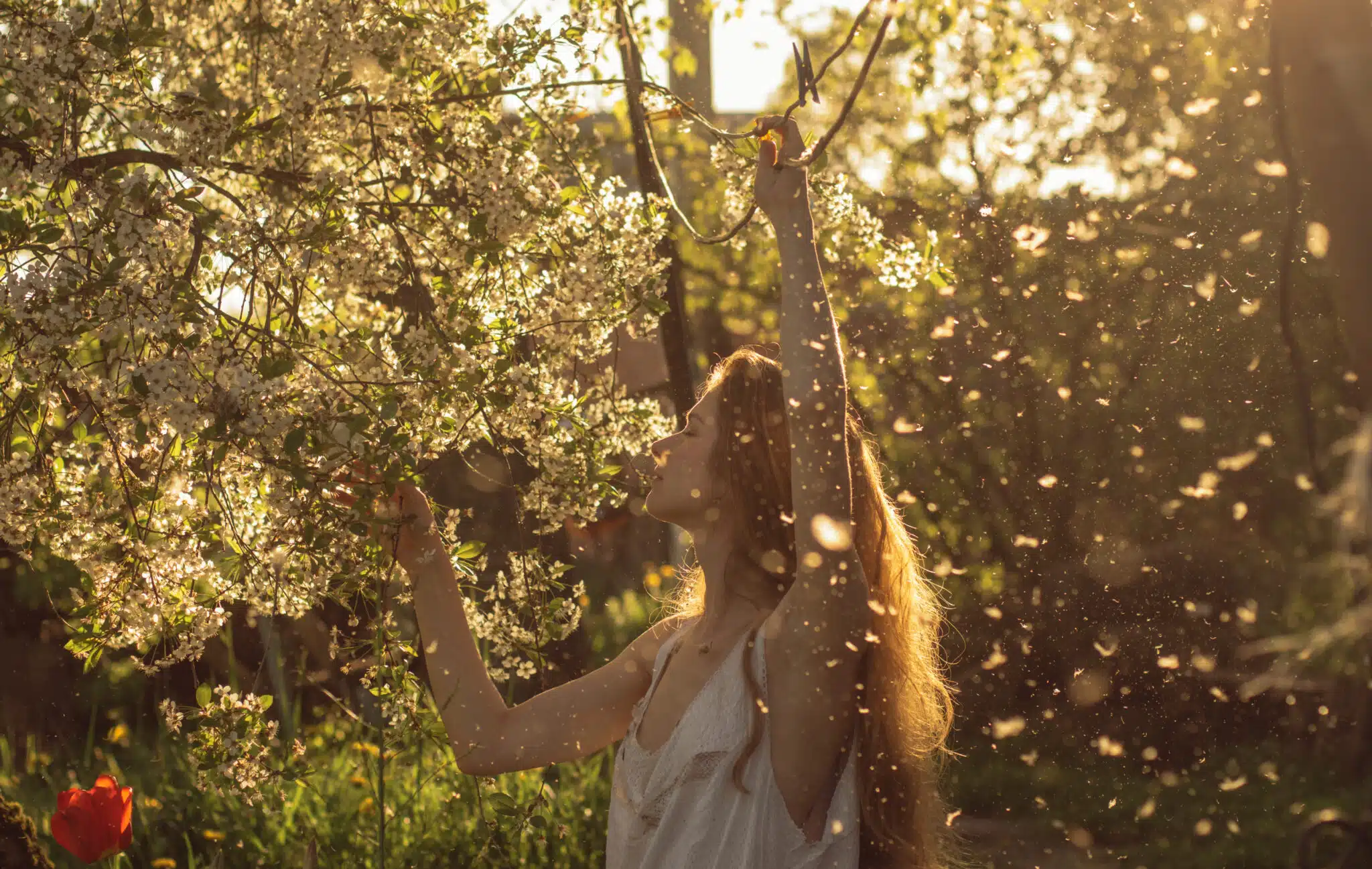
“It Was an April Morning: Fresh and Clear” by William Wordsworth
It was an April morning: fresh and clear
The Rivulet, delighting in its strength,
Ran with a young man’s speed; and yet the voice
Of waters which the winter had supplied
Was softened down into a vernal tone.
The spirit of enjoyment and desire,
And hopes and wishes, from all living things
Went circling, like a multitude of sounds.
The budding groves seemed eager to urge on
The steps of June; as if their various hues
Were only hindrances that stood between
Them and their object: but, meanwhile, prevailed
Such an entire contentment in the air
That every naked ash, and tardy tree
Yet leafless, showed as if the countenance
With which it looked on this delightful day
Were native to the summer.–Up the brook
I roamed in the confusion of my heart,
Alive to all things and forgetting all.
At length I to a sudden turning came
In this continuous glen, where down a rock
The Stream, so ardent in its course before,
Sent forth such sallies of glad sound, that all
Which I till then had heard, appeared the voice
Of common pleasure: beast and bird, the lamb,
The shepherd’s dog, the linnet and the thrush
Vied with this waterfall, and made a song,
Which, while I listened, seemed like the wild growth
Or like some natural produce of the air,
That could not cease to be. Green leaves were here;
But ’twas the foliage of the rocks–the birch,
The yew, the holly, and the bright green thorn,
With hanging islands of resplendent furze:
And, on a summit, distant a short space,
By any who should look beyond the dell,
A single mountain-cottage might be seen.
I gazed and gazed, and to myself I said,
‘Our thoughts at least are ours; and this wild nook,
My EMMA, I will dedicate to thee.’
—-Soon did the spot become my other home,
My dwelling, and my out-of-doors abode.
And, of the Shepherds who have seen me there,
To whom I sometimes in our idle talk
Have told this fancy, two or three, perhaps,
Years after we are gone and in our graves,
When they have cause to speak of this wild place,
May call it by the name of EMMA’S DELL.
“Wishes” by Dora Sigerson Shorter
I wish we could live as the flowers live,
To breathe and to bloom in the summer and sun;
To slumber and sway in the heart of the night,
And to die when our glory had done.
I wish we could love as the bees love,
To rest or to roam without sorrow or sigh;
With laughter, when, after the wooer had won,
Love flew with a whispered good-bye.
I wish we could die as the birds die,
To fly and to fall when our beauty was best:
No trammels of time on the years of our face;
And to leave but an empty nest.
“An Ancient Pond…” by Matsuo Bashō (William George Aston, Translator)
An ancient pond…
An ancient pond!
With a sound from the water
Of the frog as it plunges in
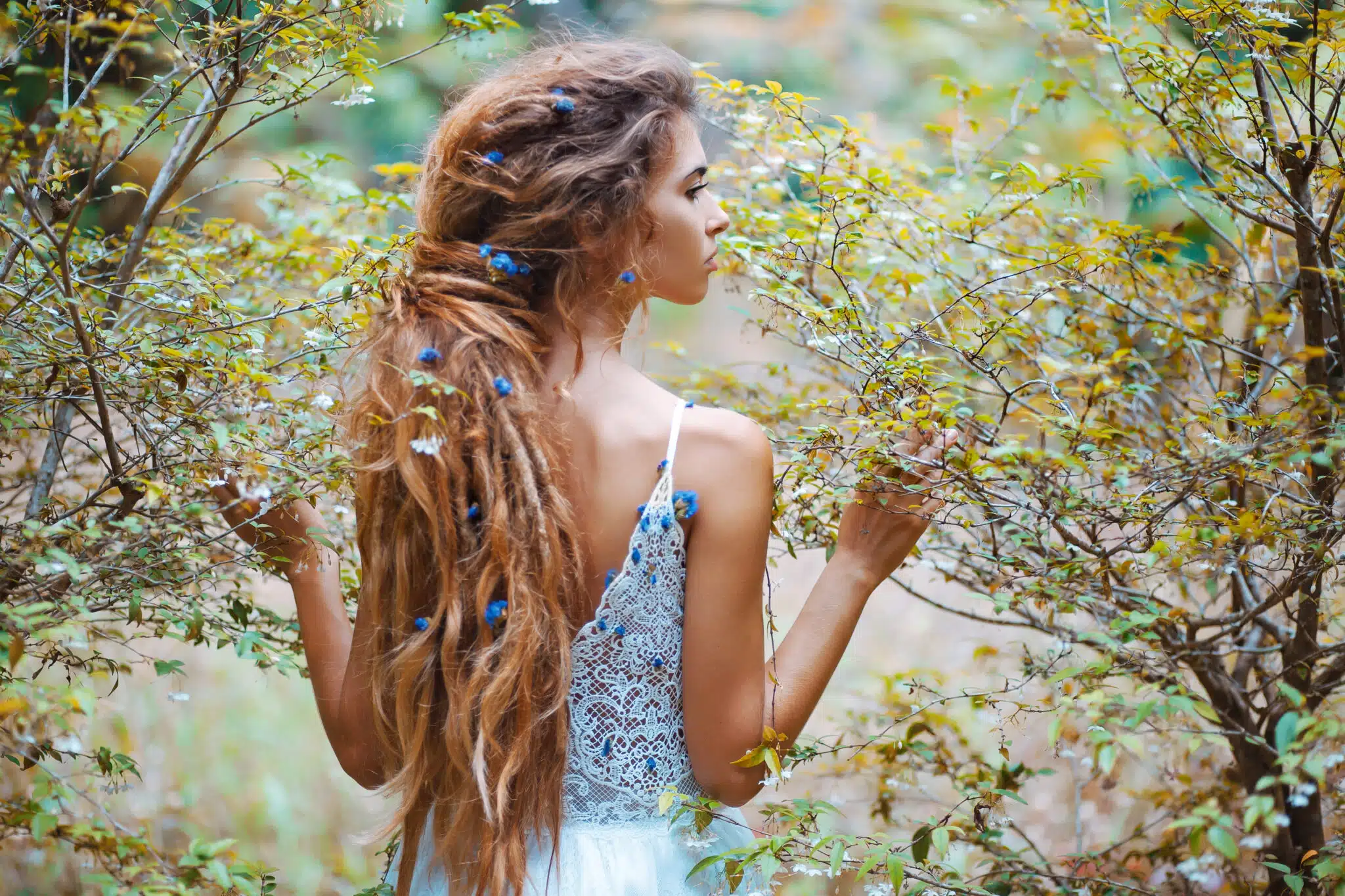
“Magdalen Walks” by Oscar Wilde
The little white clouds are racing over the sky,
And the fields are strewn with the gold of the flower of March,
The daffodil breaks under foot, and the tasselled larch
Sways and swings as the thrush goes hurrying by.
A delicate odour is borne on the wings of the morning breeze,
The odour of deep wet grass, and of brown new-furrowed earth,
The birds are singing for joy of the Spring’s glad birth,
Hopping from branch to branch on the rocking trees.
And all the woods are alive with the murmur and sound of Spring,
And the rose-bud breaks into pink on the climbing briar,
And the crocus-bed is a quivering moon of fire
Girdled round with the belt of an amethyst ring.
And the plane to the pine-tree is whispering some tale of love
Till it rustles with laughter and tosses its mantle of green,
And the gloom of the wych-elm’s hollow is lit with the iris sheen
Of the burnished rainbow throat and the silver breast of a dove.
See! the lark starts up from his bed in the meadow there,
Breaking the gossamer threads and the nets of dew,
And flashing adown the river, a flame of blue!
The kingfisher flies like an arrow, and wounds the air.
“A Night Thought” by William Wordsworth
Lo! where the Moon along the sky
Sails with her happy destiny;
Oft is she hid from mortal eye
Or dimly seen,
But when the clouds asunder fly
How bright her mien!
Far different we–a froward race,
Thousands though rich in Fortune’s grace
With cherished sullenness of pace
Their way pursue,
Ingrates who wear a smileless face
The whole year through.
If kindred humours e’er would make
My spirit droop for drooping’s sake,
From Fancy following in thy wake,
Bright ship of heaven!
A counter impulse let me take
And be forgiven.
“The Inward Morning” by Henry David Thoreau
Packed in my mind lie all the clothes
Which outward nature wears,
And in its fashion’s hourly change
It all things else repairs.
In vain I look for change abroad,
And can no difference find,
Till some new ray of peace uncalled
Illumes my inmost mind.
What is it gilds the trees and clouds,
And paints the heavens so gay,
But yonder fast-abiding light
With its unchanging ray?
Lo, when the sun streams through the wood,
Upon a winter’s morn,
Where’er his silent beams intrude
The murky night is gone.
How could the patient pine have known
The morning breeze would come,
Or humble flowers anticipate
The insect’s noonday hum,—
Till the new light with morning cheer
From far streamed through the aisles,
And nimbly told the forest trees
For many stretching miles?
I’ve heard within my inmost soul
Such cheerful morning news,
In the horizon of my mind
Have seen such orient hues,
As in the twilight of the dawn,
When the first birds awake,
Are heard within some silent wood,
Where they the small twigs break,
Or in the eastern skies are seen,
Before the sun appears,
The harbingers of summer heats
Which from afar he bears.

“A Day of Sunshine” by Henry Wadsworth Longfellow
O gift of God! O perfect day:
Whereon shall no man work, but play;
Whereon it is enough for me,
Not to be doing, but to be!
Through every fibre of my brain,
Through every nerve, through every vein,
I feel the electric thrill, the touch
Of life, that seems almost too much.
I hear the wind among the trees
Playing celestial symphonies;
I see the branches downward bent,
Like keys of some great instrument.
And over me unrolls on high
The splendid scenery of the sky,
Where through a sapphire sea the sun
Sails like a golden galleon,
Towards yonder cloud-land in the West,
Towards yonder Islands of the Blest,
Whose steep sierra far uplifts
Its craggy summits white with drifts.
Blow, winds! and waft through all the rooms
The snow-flakes of the cherry-blooms!
Blow, winds! and bend within my reach
The fiery blossoms of the peach!
O Life and Love! O happy throng
Of thoughts, whose only speech is song!
O heart of man! canst thou not be
Blithe as the air is, and as free?
“Daylight and Moonlight” by Henry Wadsworth Longfellow
In broad daylight, and at noon,
Yesterday I saw the moon
Sailing high, but faint and white,
As a school-boy’s paper kite.
In broad daylight, yesterday,
I read a Poet’s mystic lay;
And it seemed to me at most
As a phantom, or a ghost.
But at length the feverish day
Like a passion died away,
And the night, serene and still,
Fell on village, vale, and hill.
Then the moon, in all her pride,
Like a spirit glorified,
Filled and overflowed the night
With revelations of her light.
And the Poet’s song again
Passed like music through my brain;
Night interpreted to me
All its grace and mystery.
“A Certain Lady” by Dorothy Parker
Oh, I can smile for you, and tilt my head,
And drink your rushing words with eager lips,
And paint my mouth for you a fragrant red,
And trace your brows with tutored finger-tips.
When you rehearse your list of loves to me,
Oh, I can laugh and marvel, rapturous-eyed.
And you laugh back, nor can you ever see,
The thousand little deaths my heart has died.
And you believe, so well I know my part,
That I am gay as morning, light as snow,
And all the straining things within my heart
You’ll never know.
Oh, I can laugh and listen, when we meet,
And you bring tales of fresh adventurings,—
Of ladies delicately indiscreet,
Of lingering hands, and gently whispered things.
And you are pleased with me, and strive anew
To sing me sagas of your late delights.
Thus do you want me—marveling, gay, and true,
Nor do you see my staring eyes of nights.
And when, in search of novelty, you stray,
Oh, I can kiss you blithely as you go….
And what goes on, my love, while you’re away,
You’ll never know.
Famous Short Poems
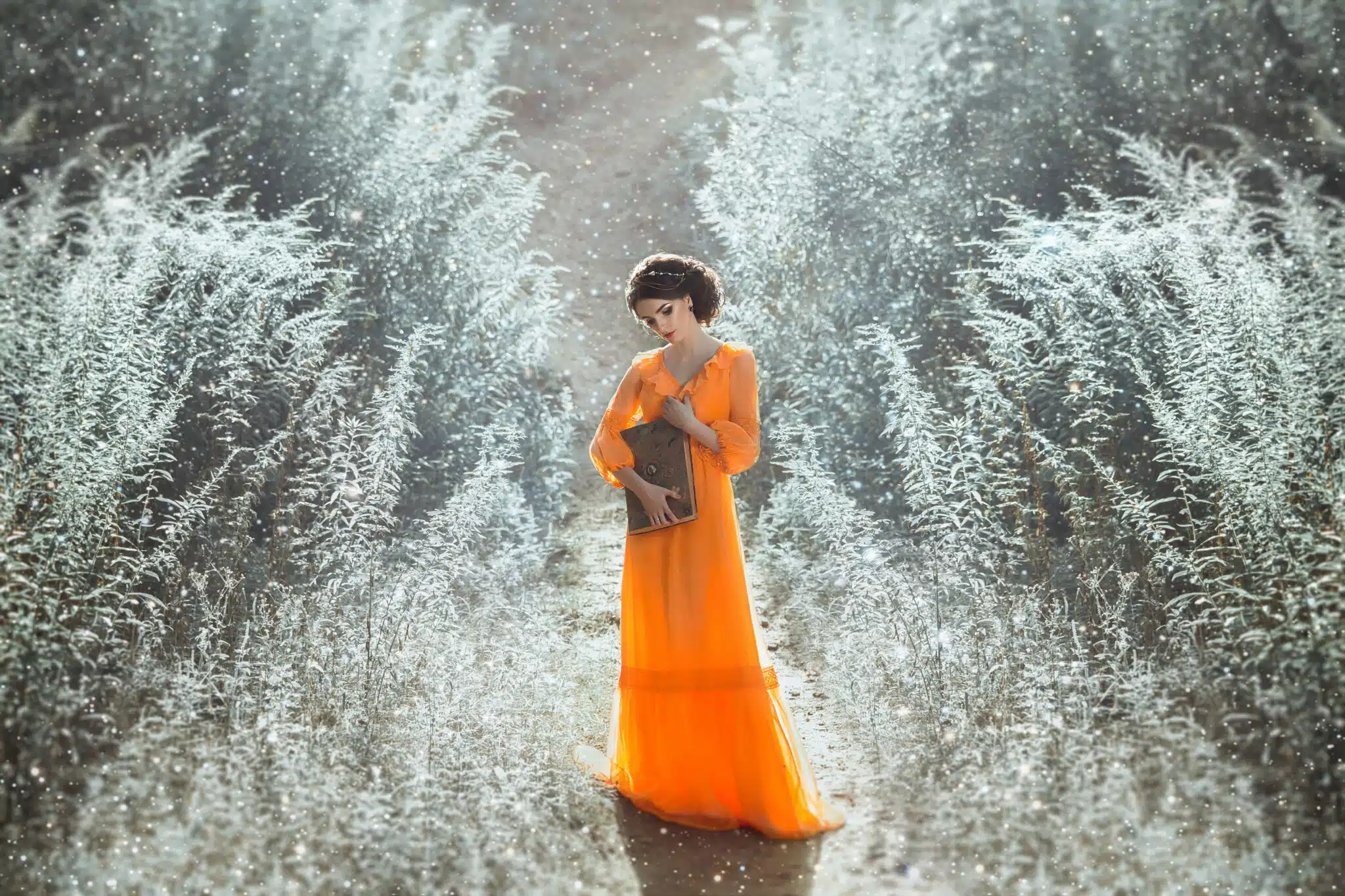
“To Dianeme” by Robert Herrick
Sweet, be not proud of those two eyes,
Which starlike sparkle in their skies;
Nor be you proud that you can see
All hearts your captives, yours yet free.
Be you not proud of that rich hair,
Which wantons with the lovesick air;
Whenas that ruby which you wear,
Sunk from the tip of your soft ear,
Will last to be a precious stone
When all your world of beauty ’s gone.
“Love” by Emily Dickinson
Love is anterior to life,
Posterior to death,
Initial of creation, and
The exponent of breath.
“Cupido” by Ralph Waldo Emerson
The solid, solid universe
Is pervious to Love;
With bandaged eyes he never errs,
Around, below, above.
His blinding light
He flingeth white
On God’s and Satan’s brood,
And reconciles
By mystic wiles
The evil and the good.
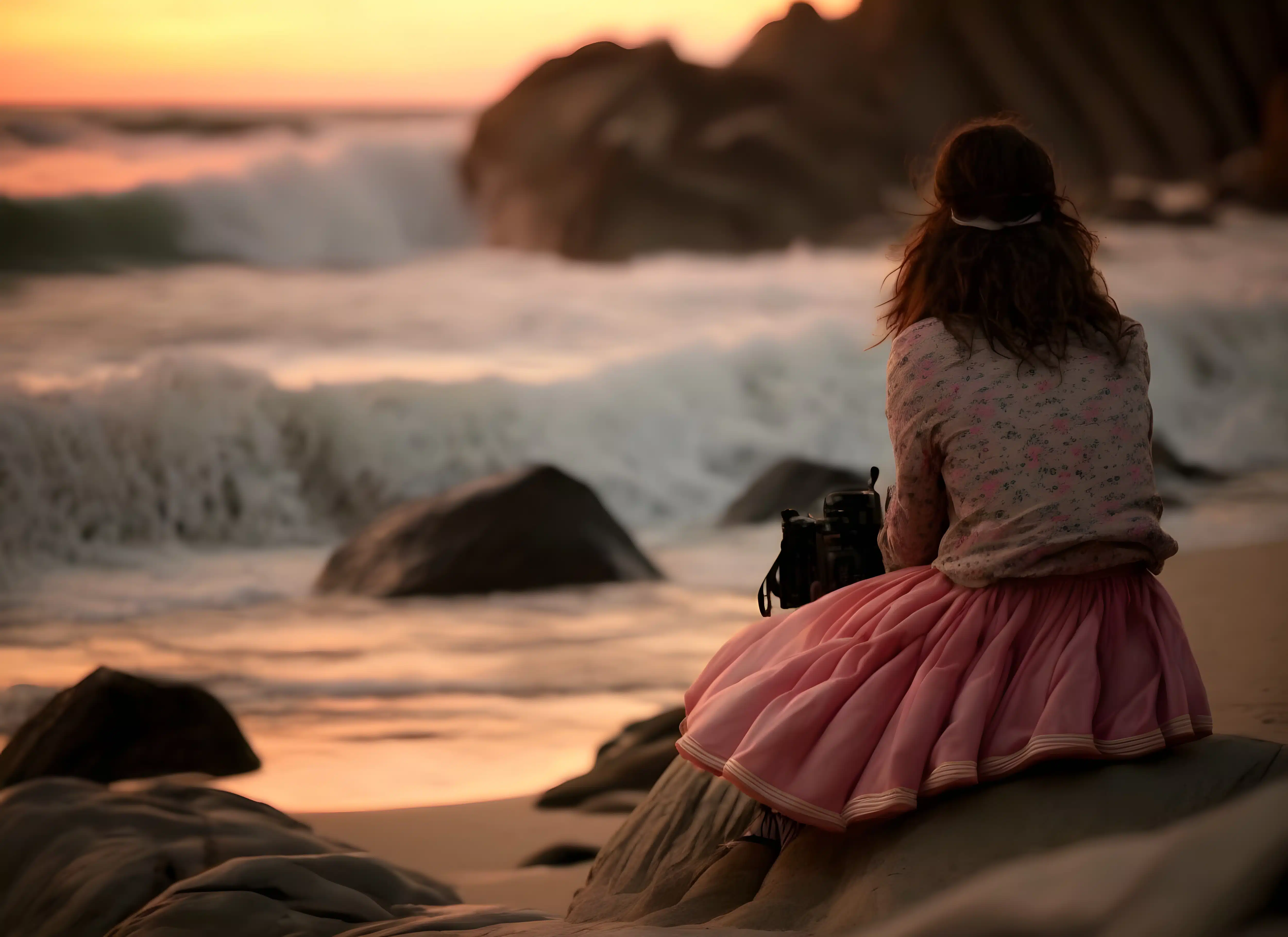
“With Rue My Heart Is Laden” by A. E. Housman
With rue my heart is laden
For golden friends I had,
For many a rose-lipt maiden
And many a lightfoot lad.
By brooks too broad for leaping
The lightfoot boys are laid;
The rose-lipt girls are sleeping
In fields where roses fade.
“May” by Sara Teasdale
The wind is tossing the lilacs,
The new leaves laugh in the sun,
And the petals fall on the orchard wall,
But for me the spring is done.
Beneath the apple blossoms
I go a wintry way,
For love that smiled in April
Is false to me in May.
“I Hide Myself Within My Flower” by Emily Dickinson
I hide myself within my flower,
That wearing on your breast,
You, unsuspecting, wear me too—
And angels know the rest.
I hide myself within my flower,
That, fading from your vase,
You, unsuspecting, feel for me
Almost a loneliness.

“Proud of My Broken Heart Since Thou Didst Break It” by Emily Dickinson
Proud of my broken heart since thou didst break it,
Proud of the pain I did not feel till thee,
Proud of my night since thou with moons dost slake it,
Not to partake thy passion, my humility.
“Who Has Seen the Wind?” by Christina Rossetti
Who has seen the wind?
Neither I nor you.
But when the leaves hang trembling,
The wind is passing through.
Who has seen the wind?
Neither you nor I.
But when the trees bow down their heads,
The wind is passing by.
“The Cry of the Cicada” by Matsuo Bashō (William George Aston, Translator)
The cry of the cicada
Gives us no sign
That presently it will die.

“A Cloud of Flowers!” by Matsuo Bashō (William George Aston, Translator)
A cloud of flowers!
Is the bell Uyeno
Or Asakusa?
“Dust of Snow” by Robert Frost
The way a crow
Shook down on me
The dust of snow
From a hemlock tree
Has given my heart
A change of mood
And saved some part
Of a day I had rued.
“Song” by Langston Hughes
Lovely, dark, and lonely one,
Bare your bosom to the sun,
Do not be afraid of light
You who are a child of night.
Open wide your arms to life,
Whirl in the wind of pain and strife,
Face the wall with the dark closed gate,
Beat with bare, brown fists
And wait.
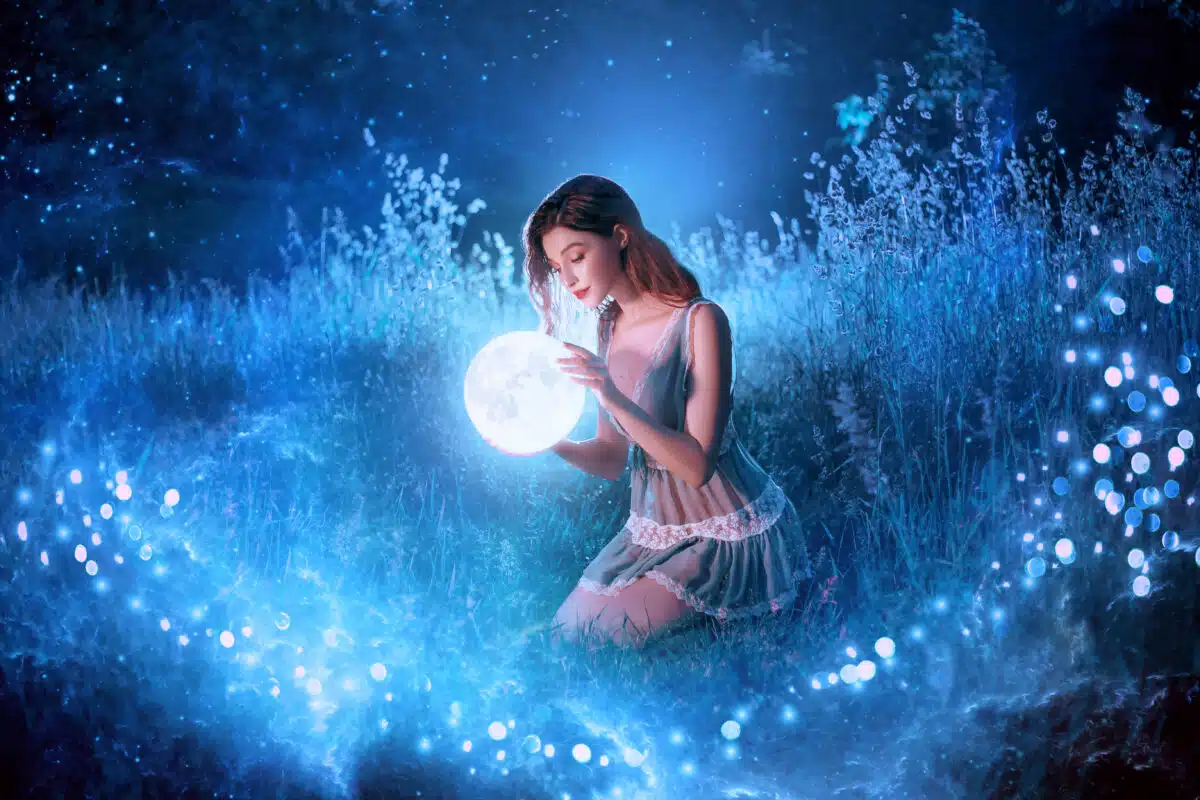
“‘Twas the New Moon!” by Matsuo Bashō (William George Aston, Translator)
‘Twas the new moon!
Since then I waited—
And lo! to-night!
[I have my reward!]
“In a Station of the Metro” by Ezra Pound
The apparition of these faces in the crowd;
Petals on a wet, black bough.
“First Fig” by Edna St. Vincent Millay
My candle burns at both ends;
It will not last the night ;
But ah, my foes, and oh, my friends–
It gives a lovely light!
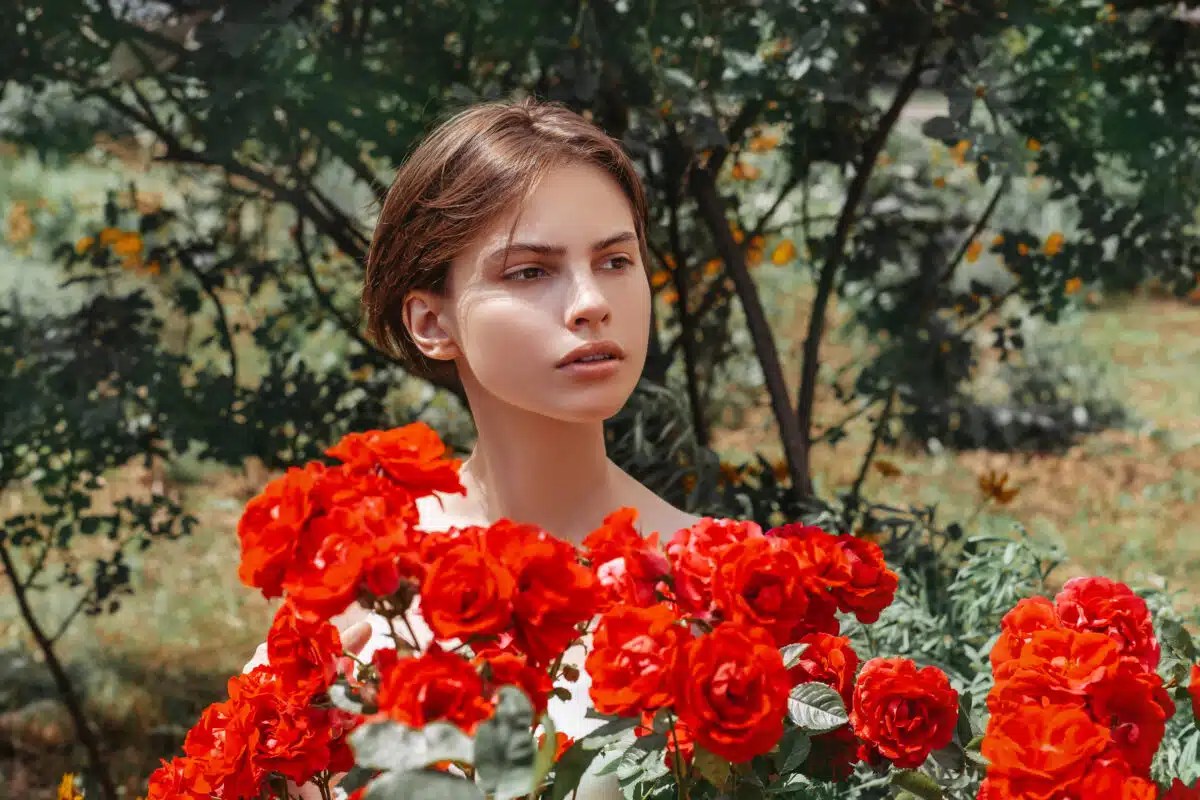
“The Rose Family” by Robert Frost
The rose is a rose,
And was always a rose.
But now the theory goes
That the apple’s a rose,
And the pear is, and so’s
The plum, I suppose.
The dear only knows
What will next prove a rose.
You, of course, are a rose,
But were always a rose.
“It’s All I Have to Bring Today” by Emily Dickinson
It’s all I have to bring today—
This, and my heart beside—
This, and my heart, and all the fields—
And all the meadows wide—
Be sure you count—should I forget
Some one the sum could tell—
This, and my heart, and all the Bees
Which in the Clover dwell.
“My Life Has Been the Poem I Would Have Writ” by Henry David Thoreau
My life has been the poem I would have writ
But I could not both live and utter it.
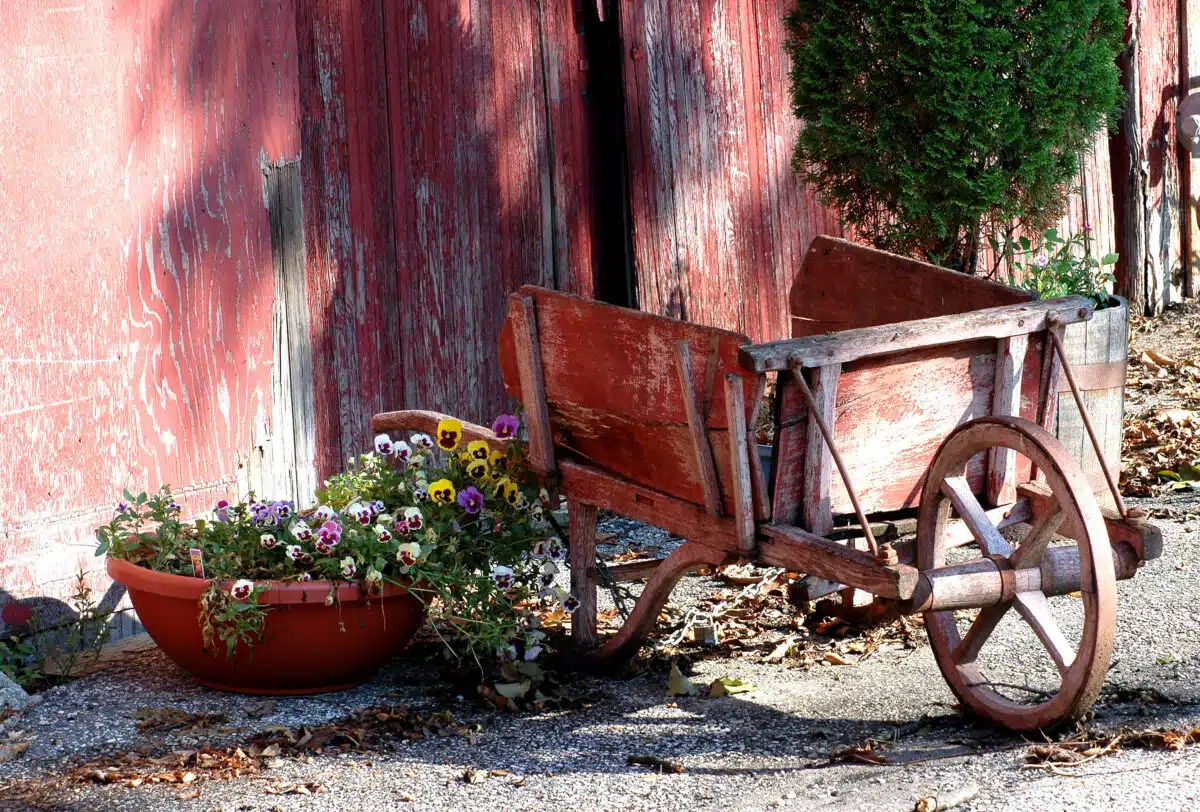
“The Red Wheelbarrow” by William Carlos Williams
so much depends
upon
a red wheel
barrow
glazed with rain
water
beside the white
chickens.
“The Realists” by William Butler Yeats
Hope that you may understand.
What can books, of men that wive
In a dragon-guarded land;
Paintings of the dolphin drawn;
Sea nymphs, in their pearly waggons,
Do but wake the hope to live
That had gone
With the dragons.
“The Span of Life” by Robert Frost
The old dog barks backwards without getting up.
I can remember when he was a pup.
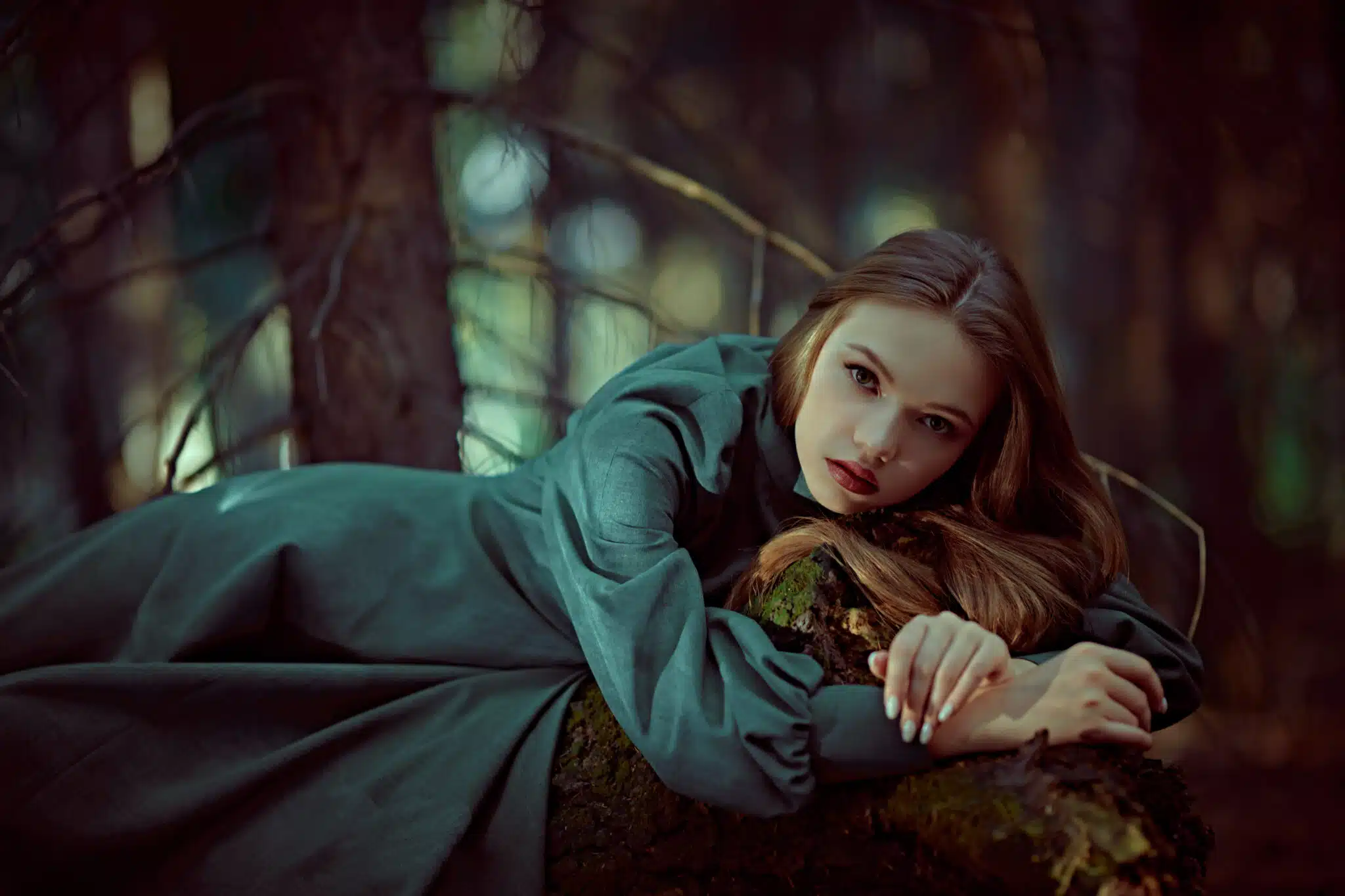
“Sweet Little Fairy” by Eugene Field
Sweet little fairy,
Tender and airy,
Come, let us dance on the good baby-eyes;
Merrily skipping,
Cheerily tripping,
Murmur we ever our soft lullabies.
“Perseverance” by Leonardo da Vinci (William Wetmore Story, Translator)
In facile natures fancies quickly grow,
But such quick fancies have but little root.
Soon the narcissus flowers and dies, but slow
The tree whose blossoms shall mature to fruit.
Grace is a moment’s happy feeling, Power
A life’s slow growth; and we for many an hour
Must strain and toil, and wait and weep, if we
The perfect fruit of all we are would see.
“Memory” by William Butler Yeats
One had a lovely face,
And two or three had charm.
But charm and face were in vain,
Because the mountain grass
Cannot but keep the form
Where the mountain hare has lain.
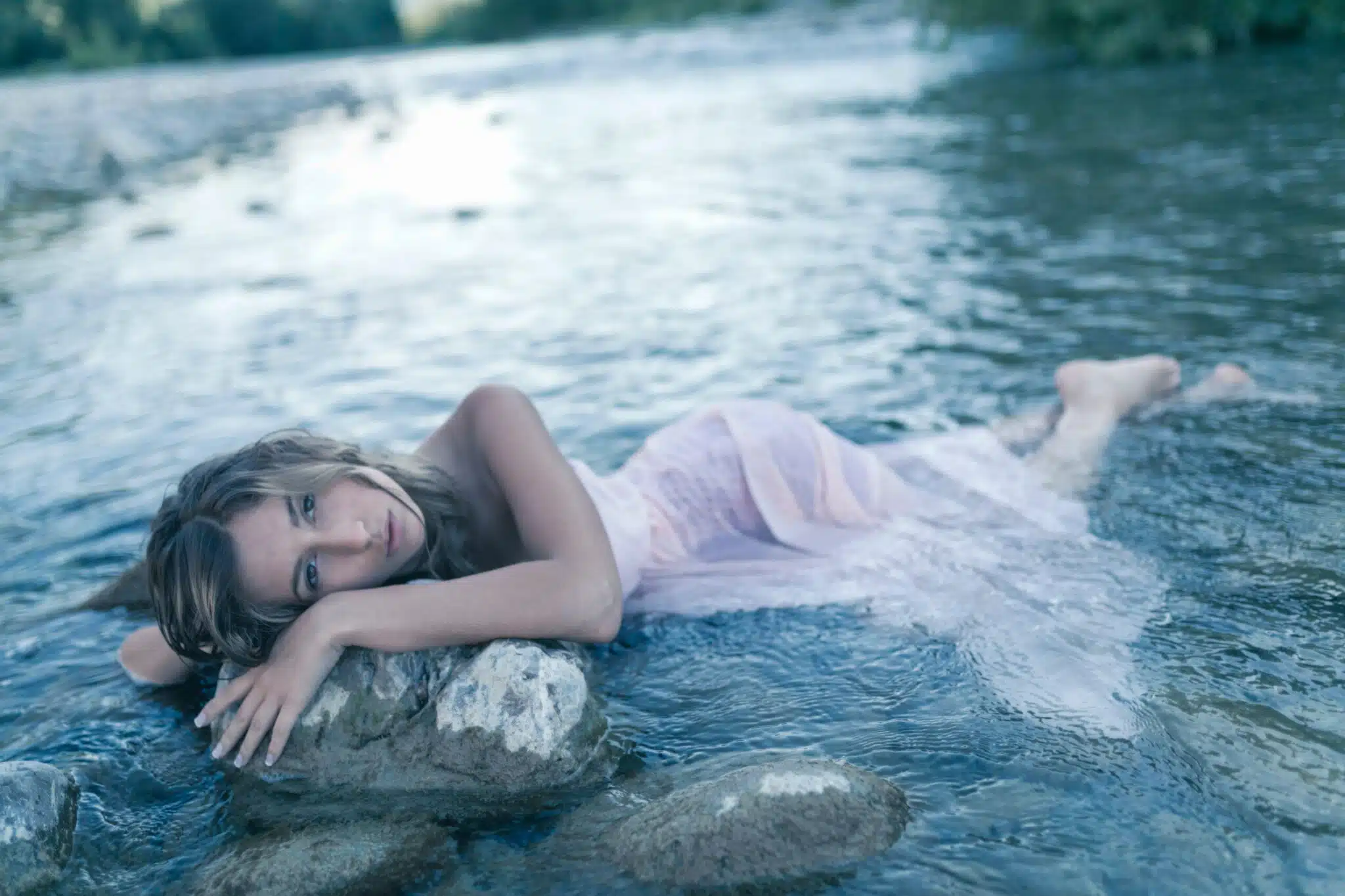
“This Living Hand” by John Keats
This living hand, now warm and capable
Of earnest grasping, would, if it were cold
And in the icy silence of the tomb,
So haunt thy days and chill thy dreaming nights
That thou would wish thine own heart dry of blood
So in my veins red life might stream again,
And thou be conscience-calm’d–see here it is–
I hold it towards you.
“Love” by Ralph Waldo Emerson
Love on his errand bound to go
Can swim the flood and wade through snow,
Where way is none, ‘t will creep and wind
And eat through Alps its home to find.
“At Night” by Sara Teasdale
Love said, “Wake still and think of me,”
Sleep, “Close your eyes till break of day,”
But Dreams came by and smilingly
Gave both to Love and Sleep their way.
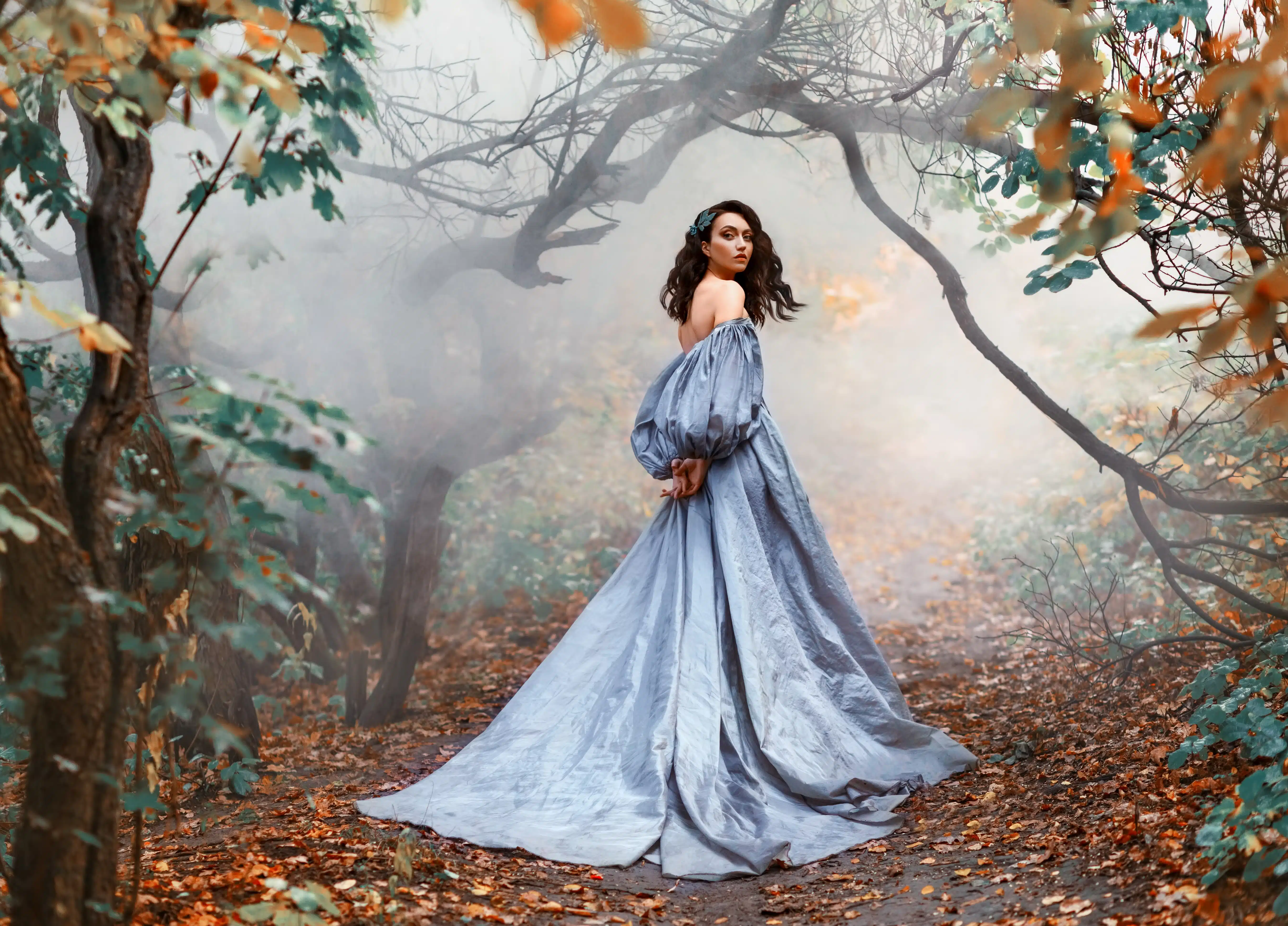
“The Falling of the Leaves” by William Butler Yeats
Autumn is over the long leaves that love us,
And over the mice in the barley sheaves;
Yellow the leaves of the rowan above us,
And yellow the wet wild-strawberry leaves.
The hour of the waning of love has beset us,
And weary and worn are our sad souls now;
Let us patt, ere the season of passion forget us,
With a kiss and a tear on thy drooping brow.
“Parting at Morning” by Robert Browning
Round the cape of a sudden came the sea,
And the sun looked over the mountain’s rim
And straight was a path of gold for him,
And the need of a world of men for me.
“Superiority to Fate” by Emily Dickinson
Superiority to fate
Is difficult to learn.
‘T is not conferred by any,
But possible to earn
A pittance at a time,
Until, to her surprise,
The soul with strict economy
Subsists till Paradise.
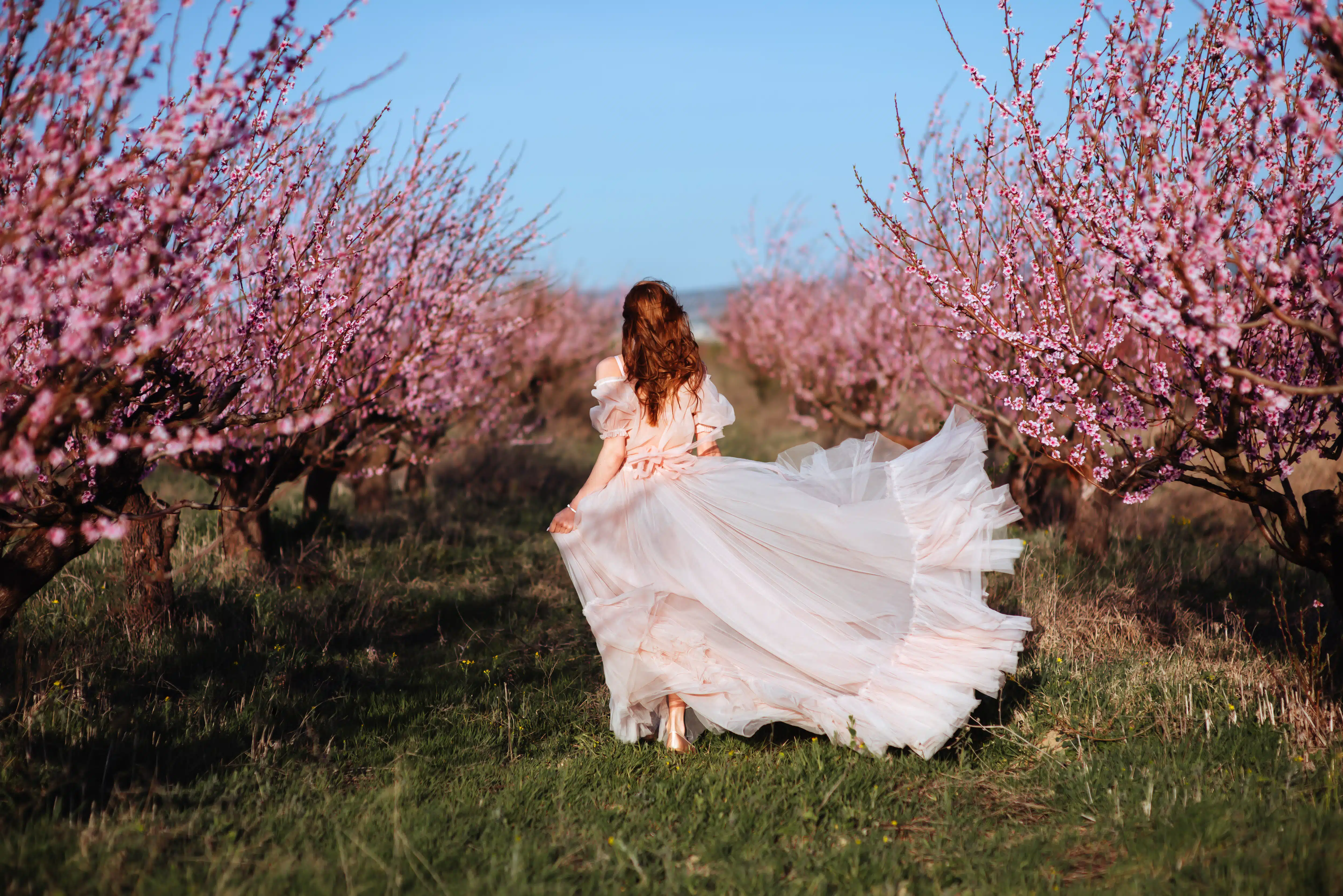
“We Outgrow Love Like Other Things” by Emily Dickinson
We outgrow love like other things
And put it in the drawer,
Till it an antique fashion shows
Like costumes grandsires wore.
“Devotion” by Robert Frost
The heart can think of no devotion
Greater than being shore to the ocean,
Holding the curve of one position,
Counting an endless repetition.
“The Lover’s Song” by William Butler Yeats
Bird sighs for the air,
Thought for I know not where,
For the womb the seed sighs.
Now sinks the same rest
On mind, on nest,
On straining thighs.
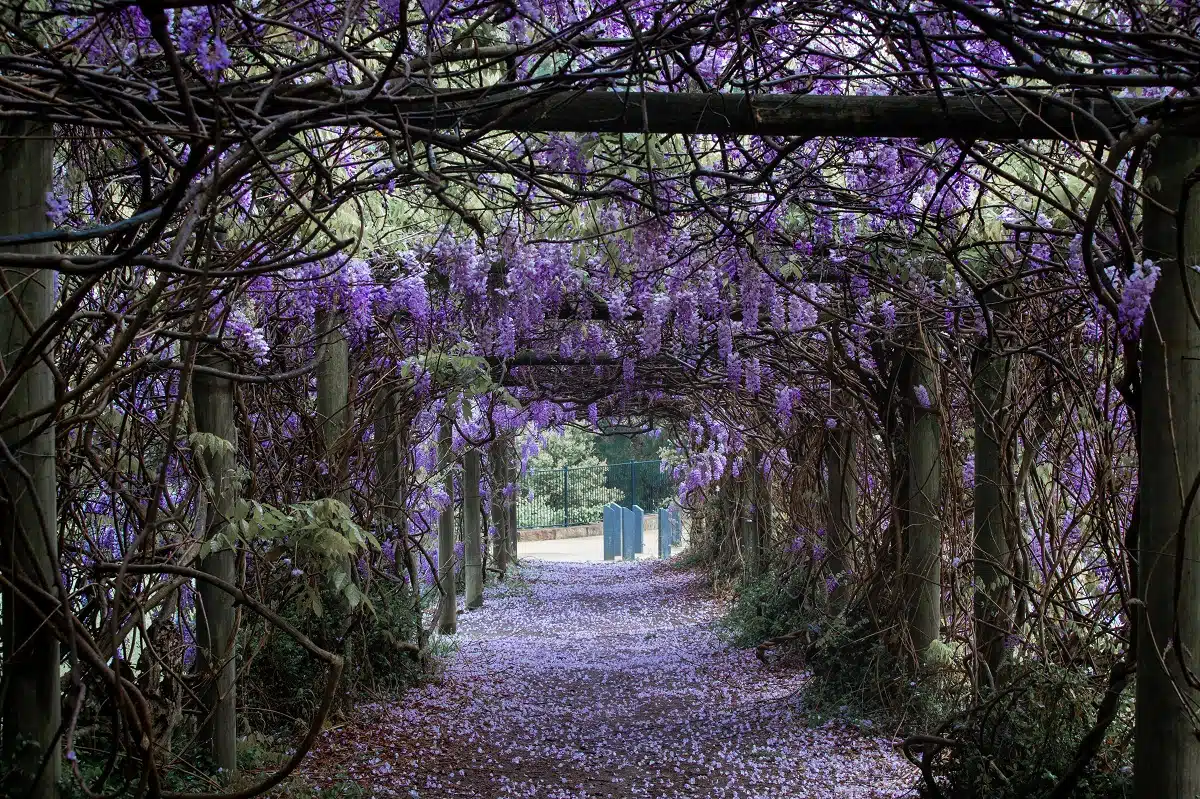
“I Come Weary” by Matsuo Bashō (William George Aston, Translator)
I come weary,
In search of an inn—
Ah! These wisteria flowers!
“A Heine Love Song” by Eugene Field
The image of the moon at night
All trembling in the ocean lies,
But she, with calm and steadfast light,
Moves proudly through the radiant skies,
How like the tranquil moon thou art–
Thou fairest flower of womankind!
And, look, within my fluttering heart
Thy image trembling is enshrined!
“If It Chance Your Eye Offend You” by A. E. Housman
If it chance your eye offend you,
Pluck it out, lad, and be sound:
’Twill hurt, but here are salves to friend you,
And many a balsam grows on ground.
And if your hand or foot offend you,
Cut it off, lad, and be whole;
But play the man, stand up and end you,
When your sickness is your soul.
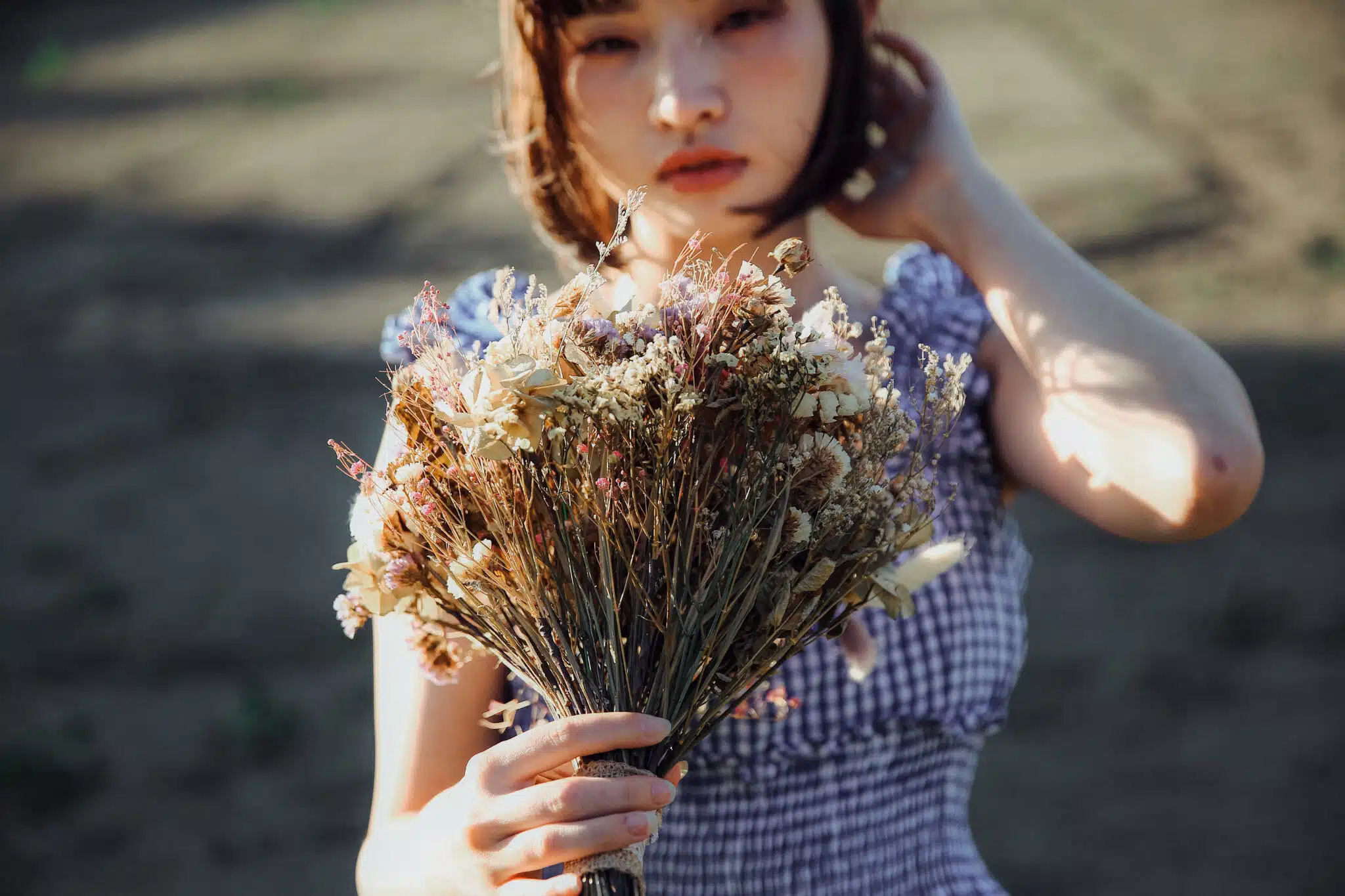
“Gifts” by Ralph Waldo Emerson
Gifts of one who loved me,—
’T was high time they came;
When he ceased to love me,
Time they stopped for shame.
“February Twilight” by Sara Teasdale
I stood beside a hill
Smooth with new-laid snow,
A single star looked out
From the cold evening glow.
There was no other creature
That saw what I could see
I stood and watched the evening star
As long as it watched me.
“Plowmen” by Robert Frost
I hear men say to plow the snow.
They cannot mean to plant it, though—
Unless in bitterness to mock
At having cultivated rock.
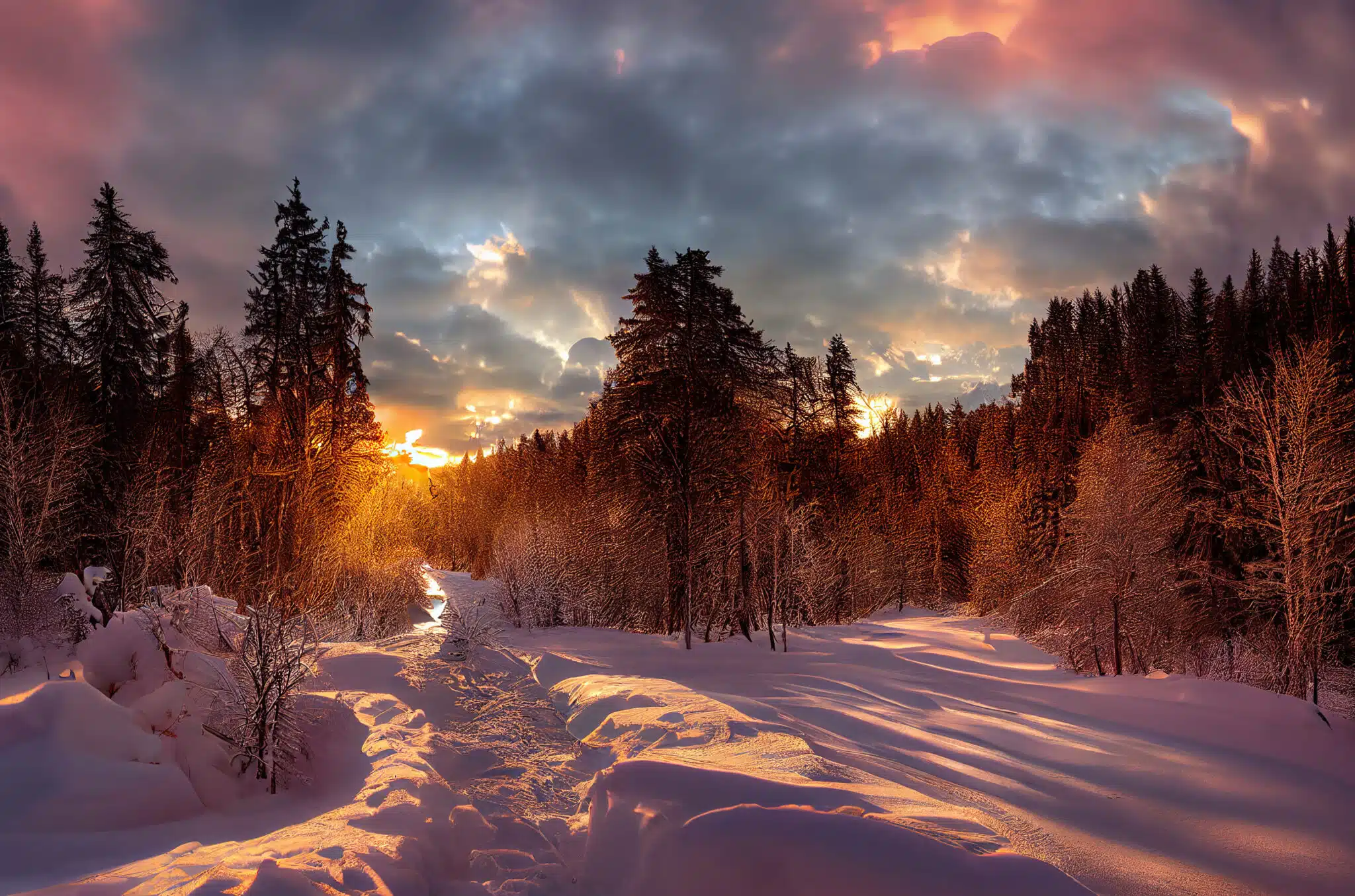
“Power” by Ralph Waldo Emerson
His tongue was framed to music,
And his hand was armed with skill;
His face was the mould of beauty,
And his heart the throne of will.
“A Question” by Robert Frost
A voice said, Look me in the stars
And tell me truly, men of earth,
If all the soul-and-body scars
Were not too much to pay for birth.
“Life’s Opera” by Ella Wheeler Wilcox
Like an opera-house is the world, I ween,
Where the passionate lover of music is seen
In the balcony near the roof:
While the very best seat in the first stage-box
Is filled by the person who laughs and talks
Through the harmony’s warp and woof.
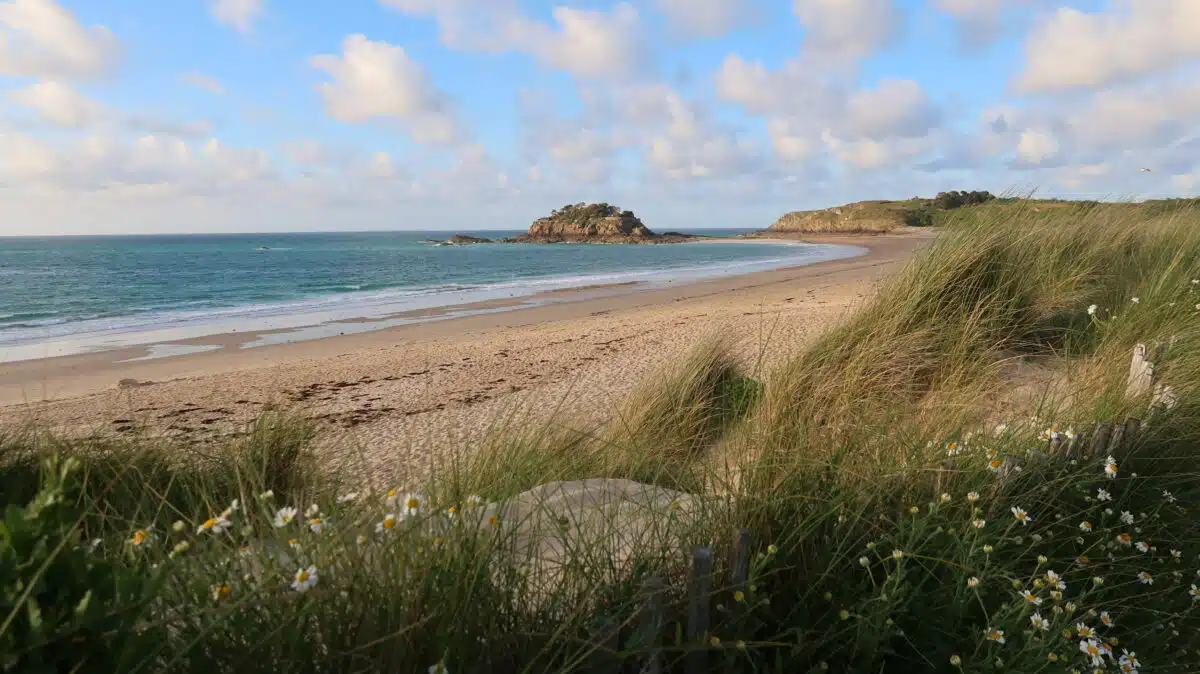
“Daisies” by Bliss Carman (William)
Over the shoulders and slopes of the dune
I saw the white daisies go down to the sea,
A host in the sunshine, an army in June,
The people God sends us to set our heart free.
The bobolinks rallied them up from the dell,
The orioles whistled them out of the wood;
And all of their singing was, “Earth, it is well!”
And all of their dancing was, “Life, thou art good!”
“Hope” by Alice Dunbar-Nelson
Wild seas of tossing, writhing waves,
A wreck half-sinking in the tortuous gloom;
One man clings desperately, while Boreas raves,
And helps to blot the rays of moon and star,
Then comes a sudden flash of light, which gleams on shores afar.
“Life’s Priestess” by Rose Hawthorne Lathrop
All to herself a woman never sings
A happy song. Oh no! but it is so
As when the thrush has closed down his wings
Within the wood, and hears his hidden woe
From his own bill fill aisles of leaves, and go
About the wood and come to him again.
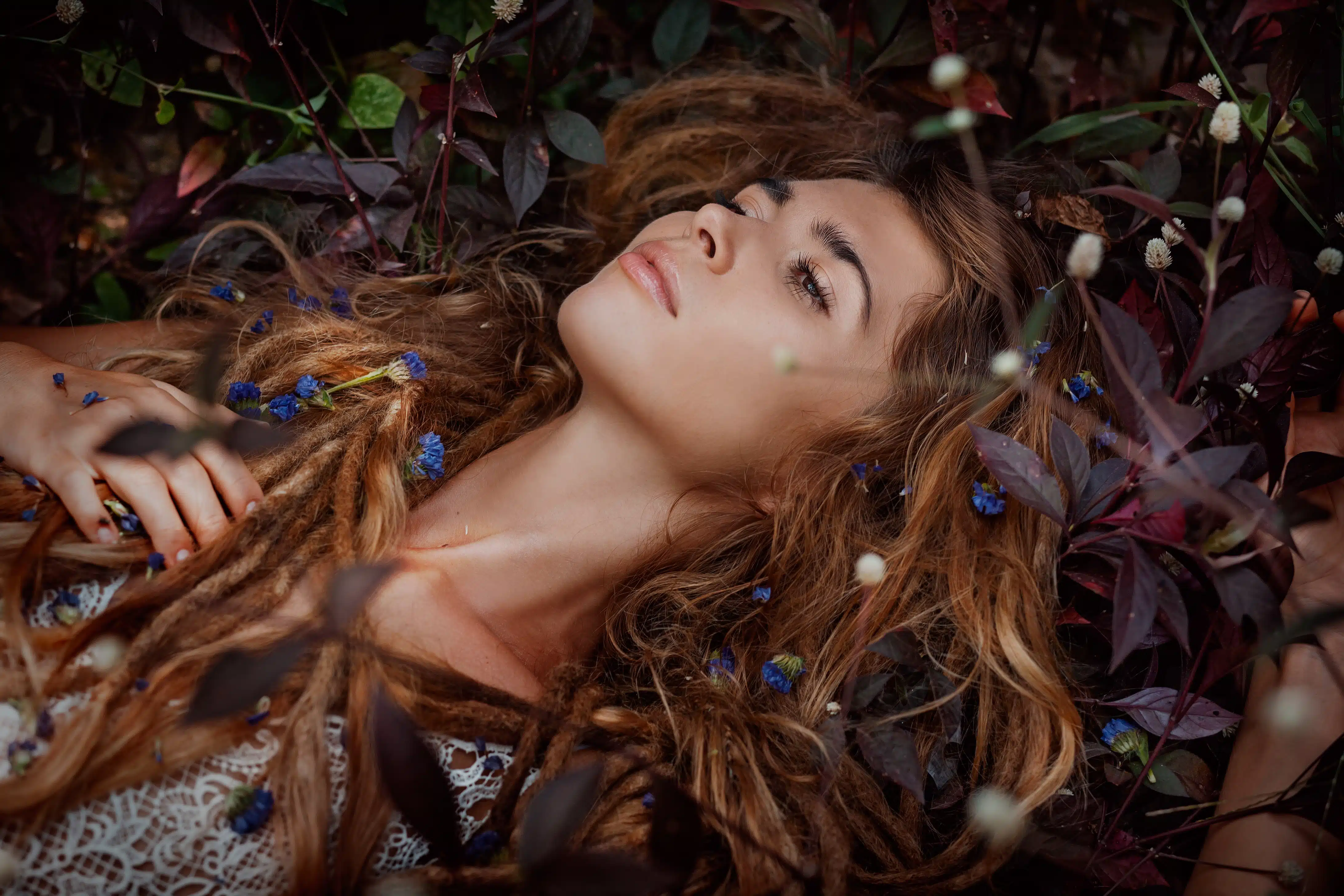
“Secrets” by Bliss Carman (William)
Three secrets that never were said:
The stir of the sap in the spring,
The desire of a man to a maid,
The urge of a poet to sing.
“Heroism” by Ralph Waldo Emerson
Ruby wine is drunk by knaves,
Sugar spends to fatten slaves,
Rose and vine-leaf deck buffoons;
Thunder-clouds are Jove’s festoons,
Drooping oft in wreaths of dread,
Lightning-knotted round his head;
The hero is not fed on sweets,
Daily his own heart he eats;
Chambers of the great are jails,
And head-winds right for royal sails.
“Fragmentary Blue” by Robert Frost
Why make so much of fragmentary blue
In here and there a bird, or butterfly,
Or flower, or wearing-stone, or open eye,
When heaven presents in sheets the solid hue?
Since earth is earth, perhaps, not heaven (as yet)—
Though some savants make earth include the sky;
And blue so far above us comes so high,
It only gives our wish for blue a whet.
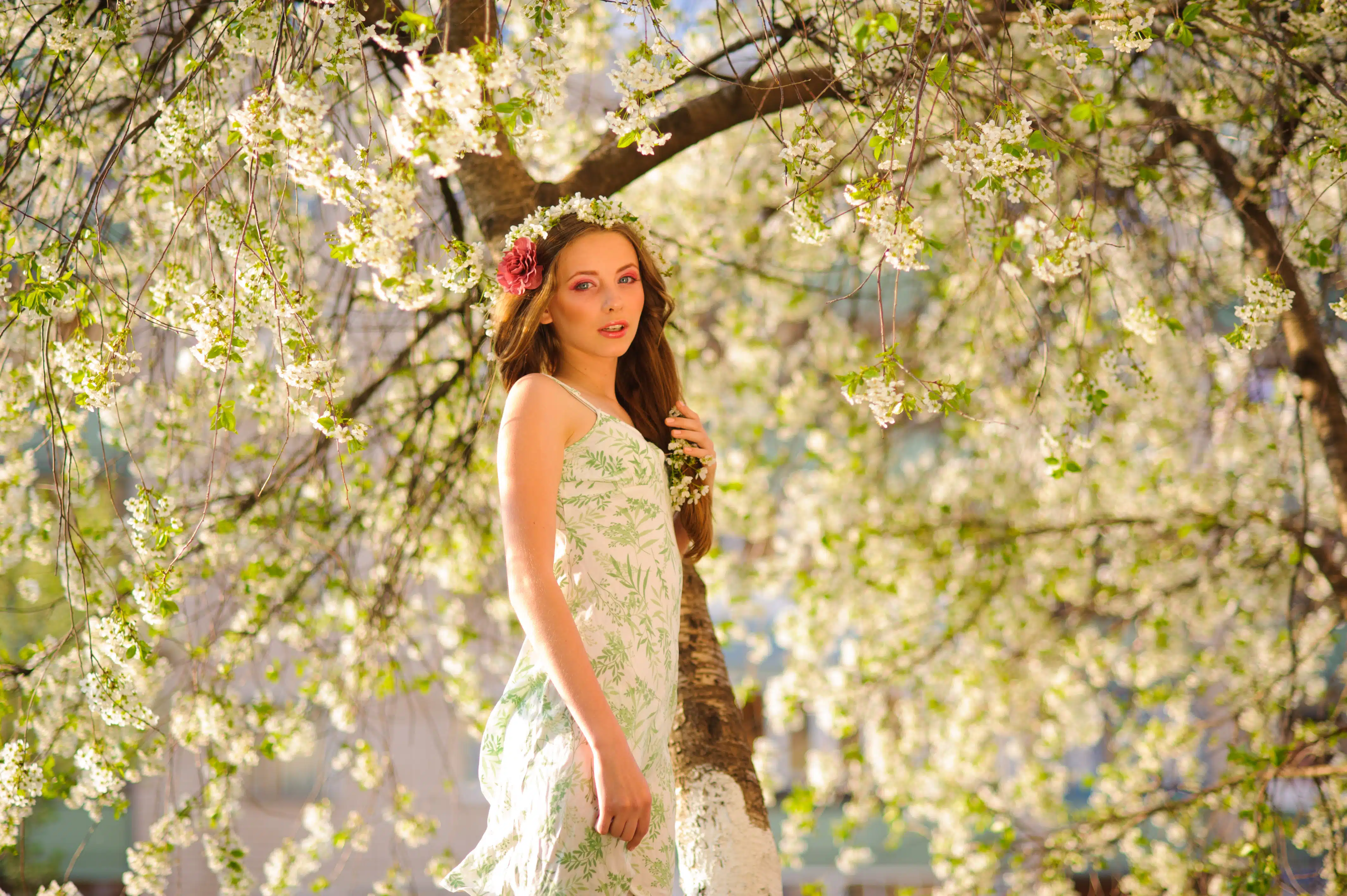
“In a Garden” by Bliss Carman (William)
Thought is a garden wide and old
For airy creatures to explore,
Where grow the great fantastic flowers
With truth for honey at the core.
There like a wild marauding bee
Made desperate by hungry fears,
From gorgeous If to dark Perhaps
I blunder down the dusk of years.
“Comment” by Dorothy Parker
Oh, life is a glorious cycle of song,
A medley of extemporanea;
And love is a thing that can never go wrong;
And I am Marie of Roumania.
“A Good-By” by Bliss Carman (William)
For love of the roving foot
And joy of the roving eye,
God send you store of morrows fair
And a good rest by and by!

“Love Compared” by Nizar Qabbani
I do not resemble your other lovers, my lady
should another give you a cloud
I give you rain
Should he give you a lantern, I
will give you the moon
Should he give you a branch
I will give you the trees
And if another gives you a ship
I shall give you the journey.
“Love-Free” by Sara Teasdale
I am free of love as a bird flying south in the autumn,
Swift and intent, asking no joy from another,
Glad to forget all of the passion of April
Ere it was love-free.
I am free of love, and I listen to music lightly,
But if he returned, if he should look at me deeply,
I should awake, I should awake and remember
I am my lover’s.
“Indifference” by Edna St. Vincent Millay
I said,—for Love was laggard, O, Love was slow to come,—
“I’ll hear his step and know his step when I am warm in bed;
But I’ll never leave my pillow, though there be some
As would let him in—and take him in with tears!” I said.
I lay,—for Love was laggard, O, he came not until dawn,—
I lay and listened for his step and could not get to sleep;
And he found me at my window with my big cloak on,
All sorry with the tears some folks might weep!

“I Am He That Aches With Love” by Walt Whitman
I am he that aches with amorous love;
Does the earth gravitate? Does not all matter, aching, attract all matter?
So the Body of me, to all I meet, or know.
“From the Mountain” by Johann Wolfgang Von Goethe
If I, dearest Lily, did not love thee,
How this prospect would enchant my sight!
And yet if I, Lily, did not love thee,
Could I find, or here, or there, delight?
“With a Flower” by Emily Dickinson
When roses cease to bloom, dear,
And violets are done,
When bumble-bees in solemn flight
Have passed beyond the sun,
The hand that paused to gather
Upon this summer’s day
Will idle lie, in Auburn, —
Then take my flower, pray!
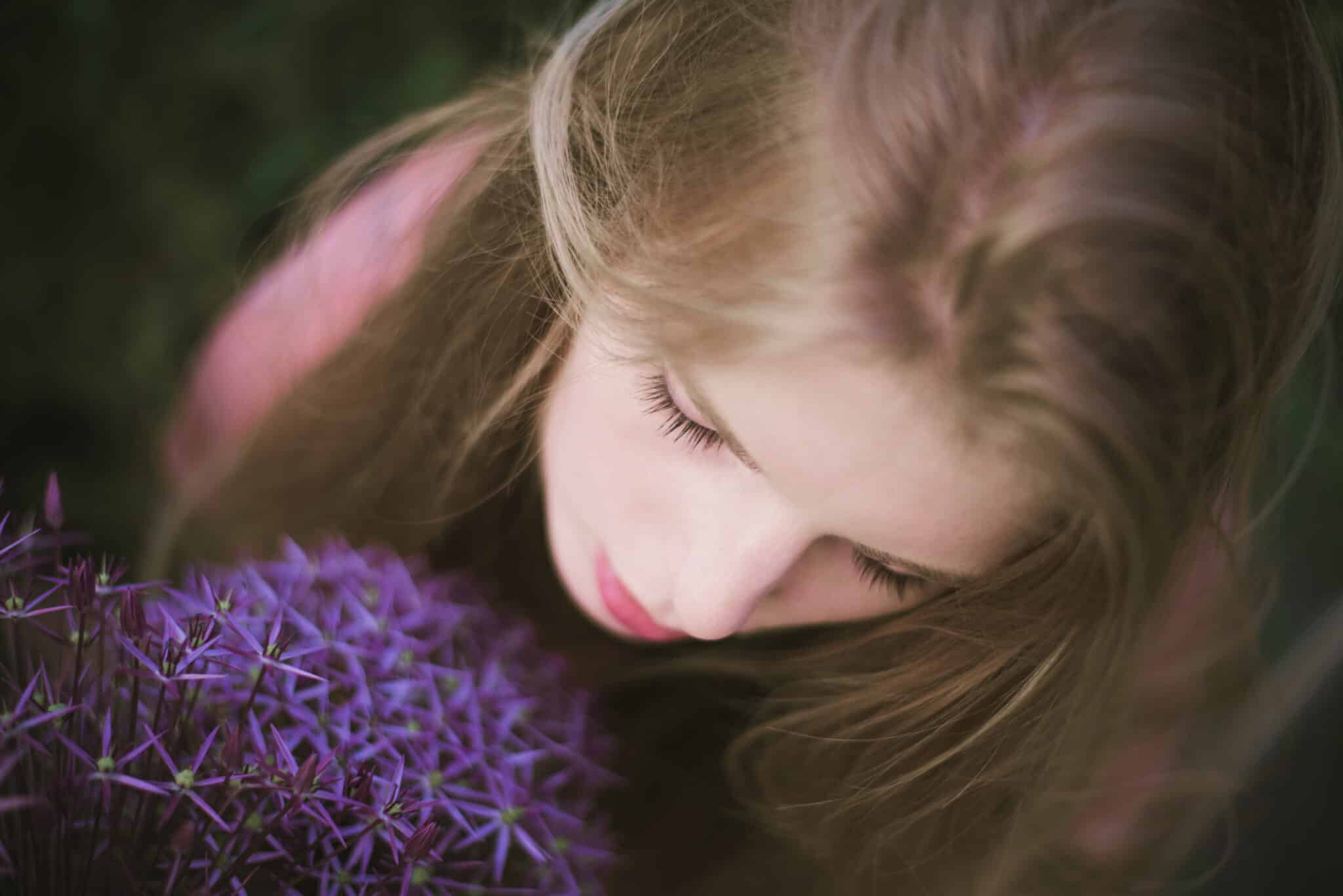
“Olivia” by William Shakespeare
Twelfth Night,” Act I. Sc. 5.
VIOLA.—’T is beauty truly blent, whose red and white
Nature’s own sweet and cunning hand laid on:
Lady, you are the cruel’st she alive,
If you will lead these graces to the grave,
And leave the world no copy.
“I Would Live In Your Love” by Sara Teasdale
I would live in your love as the sea-grasses live in the sea,
Borne up by each wave as it passes, drawn down by each wave that recedes;
I would empty my soul of the dreams that have gathered in me,
I would beat with your heart as it beats, I would follow your soul
as it leads.
“The Outlet” by Emily Dickinson
My river runs to thee:
Blue sea, wilt welcome me?
My river waits reply.
Oh sea, look graciously!
I ’ll fetch thee brooks
From spotted nooks,—
Say, sea,
Take me!
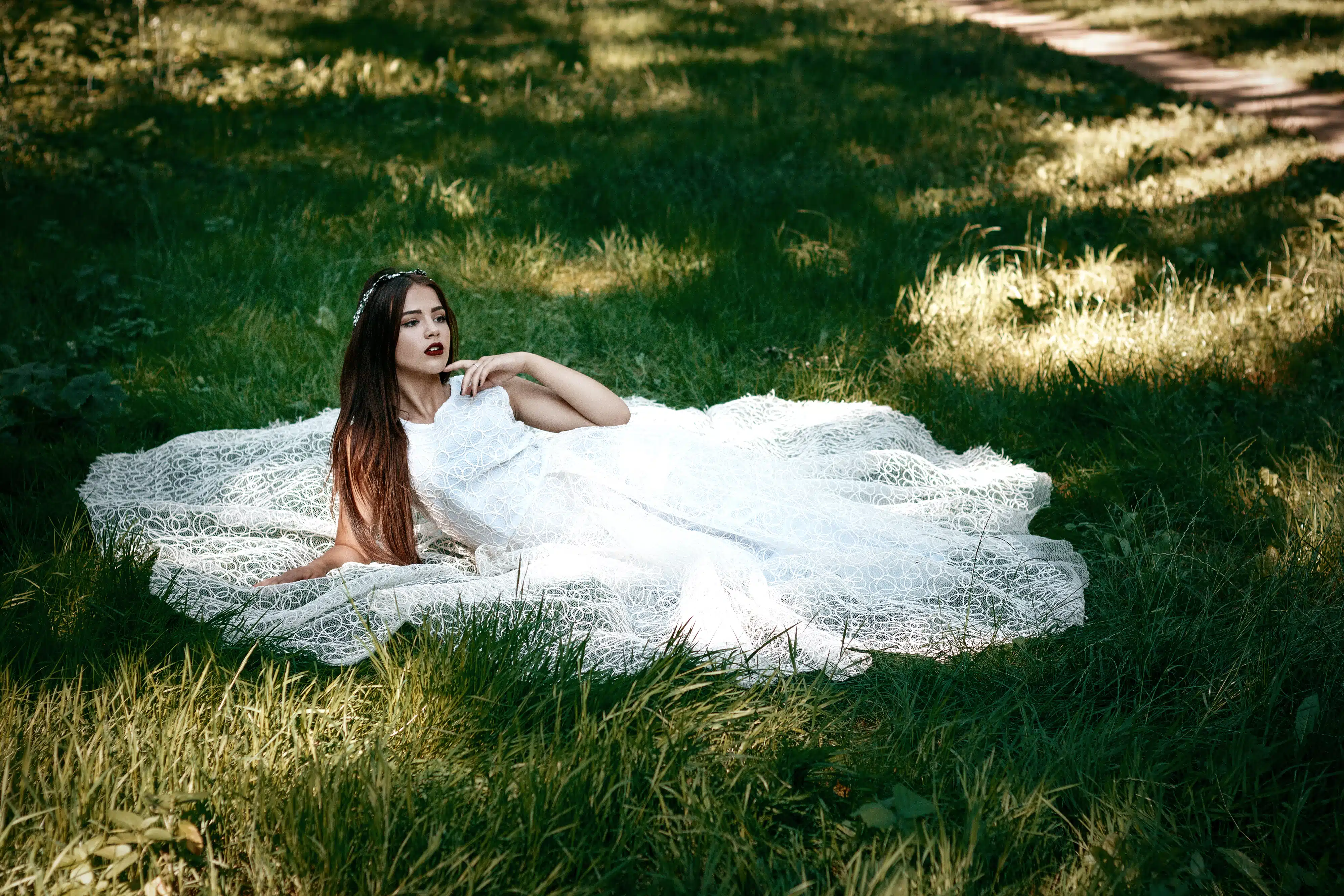
“He Loved Three Things, Alive” by Anna Akhmatova
He loved three things, alive:
White peacocks, songs at eve,
And antique maps of America.
Hated when children cried,
And raspberry jam with tea,
And feminine hysteria.
…And he had married me.
Notable Poems by Famous Poets
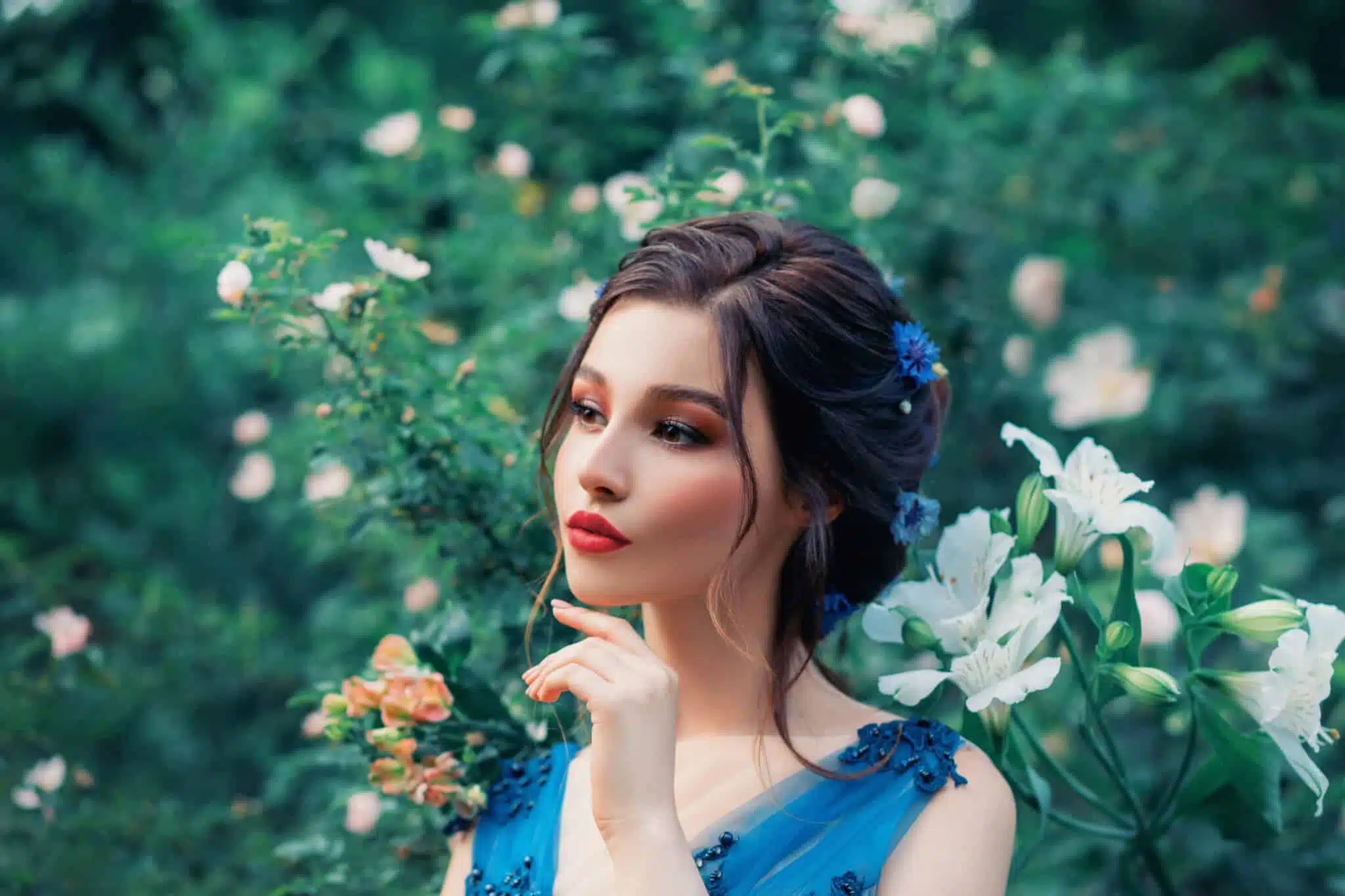
“Under Her Dark Veil” by Anna Akhmatova
Under her dark veil she wrung her hands.
‘Why are you so pale today?’
‘Because I made him drink of stinging grief
Until he got drunk on it.
How can I forget? He staggered out,
His mouth twisted in agony.
I ran down not touching the bannister
And caught up with him at the gate.
I cried: ‘A joke!
That’s all it was. If you leave, I’ll die.’
He smiled calmly and grimly
And told me: ‘Don’t stand here in the wind.’
“White Night” by Anna Akhmatova
I haven’t locked the door,
Nor lit the candles,
You don’t know, don’t care,
That tired I haven’t the strength
To decide to go to bed.
Seeing the fields fade in
The sunset murk of pine-needles,
And to know all is lost,
That life is a cursed hell:
I’ve got drunk
On your voice in the doorway.
I was sure you’d come back.
“Sunbeam” by Anna Akhmatova
I pray to the sunbeam from the window –
It is pale, thin, straight.
Since morning I have been silent,
And my heart – is split.
The copper on my washstand
Has turned green,
But the sunbeam plays on it
So charmingly.
How innocent it is, and simple,
In the evening calm,
But to me in this deserted temple
It’s like a golden celebration,
And a consolation.
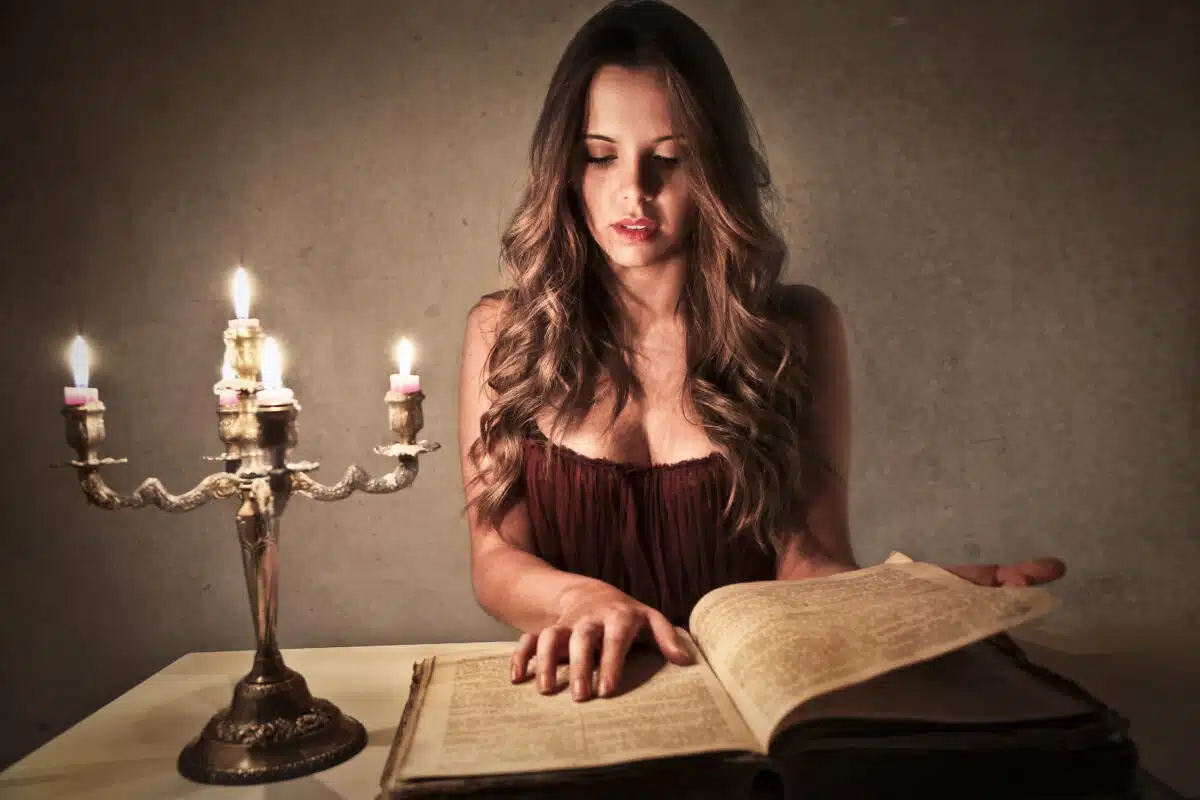
“A Home-Made Fairy Tale” by James Whitcomb Riley
Bud, come here to your uncle a spell,
And I’ll tell you something you mustn’t tell–
For it’s a secret and shore-‘nuf true,
And maybe I oughtn’t to tell it to you–!
But out in the garden, under the shade
Of the apple-trees, where we romped and played
Till the moon was up, and you thought I’d gone
Fast asleep–, That was all put on!
For I was a-watchin’ something queer
Goin’ on there in the grass, my dear–!
‘Way down deep in it, there I see
A little dude-Fairy who winked at me,
And snapped his fingers, and laughed as low
And fine as the whine of a mus-kee-to!
I kept still– watchin’ him closer– and
I noticed a little guitar in his hand,
Which he leant ‘ginst a little dead bee– and laid
His cigarette down on a clean grass-blade,
And then climbed up on the shell of a snail–
Carefully dusting his swallowtail–
And pulling up, by a waxed web-thread,
This little guitar, you remember. I said!
And there he trinkled and trilled a tune–,
“My Love, so Fair, Tans in the Moon!”
Till presently, out of the clover-top
He seemed to be singing to, came k’pop!
The purtiest, daintiest Fairy face
In all this world, or any place!
Then the little ser’nader waved his hand,
As much as to say, “We’ll excuse you!” and
I heard, as I squinted my eyelids to,
A kiss like the drip of a drop of dew!
“A Sudden Shower” by James Whitcomb Riley
Barefooted boys scud up the street
Or skurry under sheltering sheds;
And schoolgirl faces, pale and sweet,
Gleam from the shawls about their heads.
Doors bang; and mother-voices call
From alien homes; and rusty gates
Are slammed; and high above it all,
The thunder grim reverberates.
And then, abrupt,–the rain! the rain!–
The earth lies gasping; and the eyes
Behind the streaming window-pane
Smile at the trouble of the skies.
The highway smokes; sharp echoes ring;
The cattle bawl and cowbells clank;
And into town comes galloping
The farmer’s horse, with streaming flank.
The swallow dips beneath the eaves,
And flirts his plumes and folds his wings;
And under the catawba leaves
The caterpillar curls and clings.
The bumble-bee is pelted down
The wet stem of the hollyhock;
And sullenly, in spattered brown,
The cricket leaps the garden walk.
Within, the baby claps his hands
And crows with rapture strange and vague;
Without, beneath the rosebush stands
A dripping rooster on one leg.
“A Song” by James Whitcomb Riley
There is ever a song somewhere, my dear;
There is ever a something sings alway:
There’s the song of the lark when the skies are clear,
And the song of the thrush when the skies are gray.
The sunshine showers across the grain,
And the bluebird trills in the orchard tree;
And in and out, when the eaves dip rain,
The swallows are twittering ceaselessly.
There is ever a song somewhere, my dear,
Be the skies above or dark or fair,
There is ever a song that our hearts may hear—
There is ever a song somewhere, my dear
There is ever a song somewhere!
There is ever a song somewhere, my dear,
In the midnight black, or the mid-day blue:
The robin pipes when the sun is here,
And the cricket chirrups the whole night through.
The buds may blow, and the fruit may grow,
And the autumn leaves drop crisp and sear;
But whether the sun, or the rain, or the snow,
There is ever a song somewhere, my dear.
There is ever a song somewhere, my dear,
Be the skies above or dark or fair,
There is ever a song that our hearts may hear—
There is ever a song somewhere, my dear—
There is ever a song somewhere!
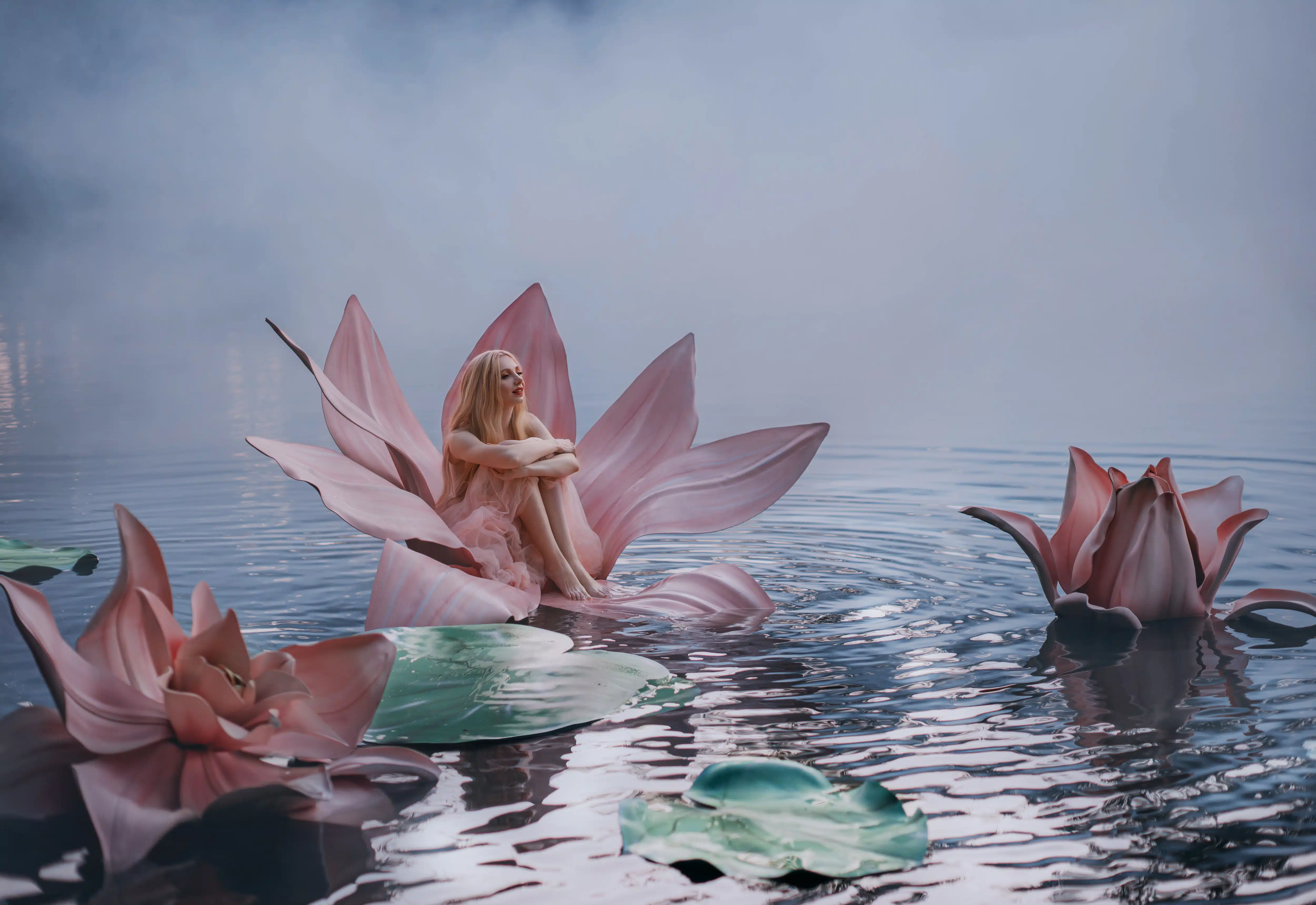
“The Water Lily” by Henry Lawson
A lonely young wife
In her dreaming discerns
A lily-decked pool
With a border of ferns,
And a beautiful child,
With butterfly wings,
Trips down to the edge of the water and sings:
‘Come, mamma! come!
‘Quick! follow me—
‘Step out on the leaves of the water-lily!’
And the lonely young wife,
Her heart beating wild,
Cries, ‘Wait till I come,
‘Till I reach you, my child!’
But the beautiful child
With butterfly wings
Steps out on the leaves of the lily and sings:
‘Come, mamma! come!
‘Quick! follow me!
‘And step on the leaves of the water-lily!
And the wife in her dreaming
Steps out on the stream,
But the lily leaves sink
And she wakes from her dream.
Ah, the waking is sad,
For the tears that it brings,
And she knows ’tis her dead baby’s spirit that sings:
‘Come, mamma! come!
‘Quick! follow me!
‘Step out on the leaves of the water-lily!’
“At the Beating of a Drum” by Henry Lawson
Fear ye not the stormy future, for the Battle Hymn is strong,
And the armies of Australia shall not march without a song;
The glorious words and music of Australia’s song shall come
When her true hearts rush together at the beating of a drum.
We may not be there to hear it – ’twill be written in the night,
And Australia’s foes shall fear it in the hour before the fight.
The glorious words and music from a lonely heart shall come
When our sons shall rush to danger at the beating of the drum.
He shall be unknown who writes it; he shall soon forgotten be,
But the song shall ring through ages as a song of liberty.
And I say the words and music of our battle hymn shall come,
When Australia wakes in anger at the beating of a drum.
“The Things We Dare Not Tell” by Henry Lawson
The fields are fair in autumn yet, and the sun’s still shining there,
But we bow our heads and we brood and fret, because of the masks we wear;
Or we nod and smile the social while, and we say we’re doing well,
But we break our hearts, oh, we break our hearts! for the things we must not tell.
There’s the old love wronged ere the new was won, there’s the light of long ago;
There’s the cruel lie that we suffer for, and the public must not know.
So we go through life with a ghastly mask, and we’re doing fairly well,
While they break our hearts, oh, they kill our hearts! do the things we must not tell.
We see but pride in a selfish breast, while a heart is breaking there;
Oh, the world would be such a kindly world if all men’s hearts lay bare!
We live and share the living lie, we are doing very well,
While they eat our hearts as the years go by, do the things we dare not tell.
We bow us down to a dusty shrine, or a temple in the East,
Or we stand and drink to the world-old creed, with the coffins at the feast;
We fight it down, and we live it down, or we bear it bravely well,
But the best men die of a broken heart for the things they cannot tell.
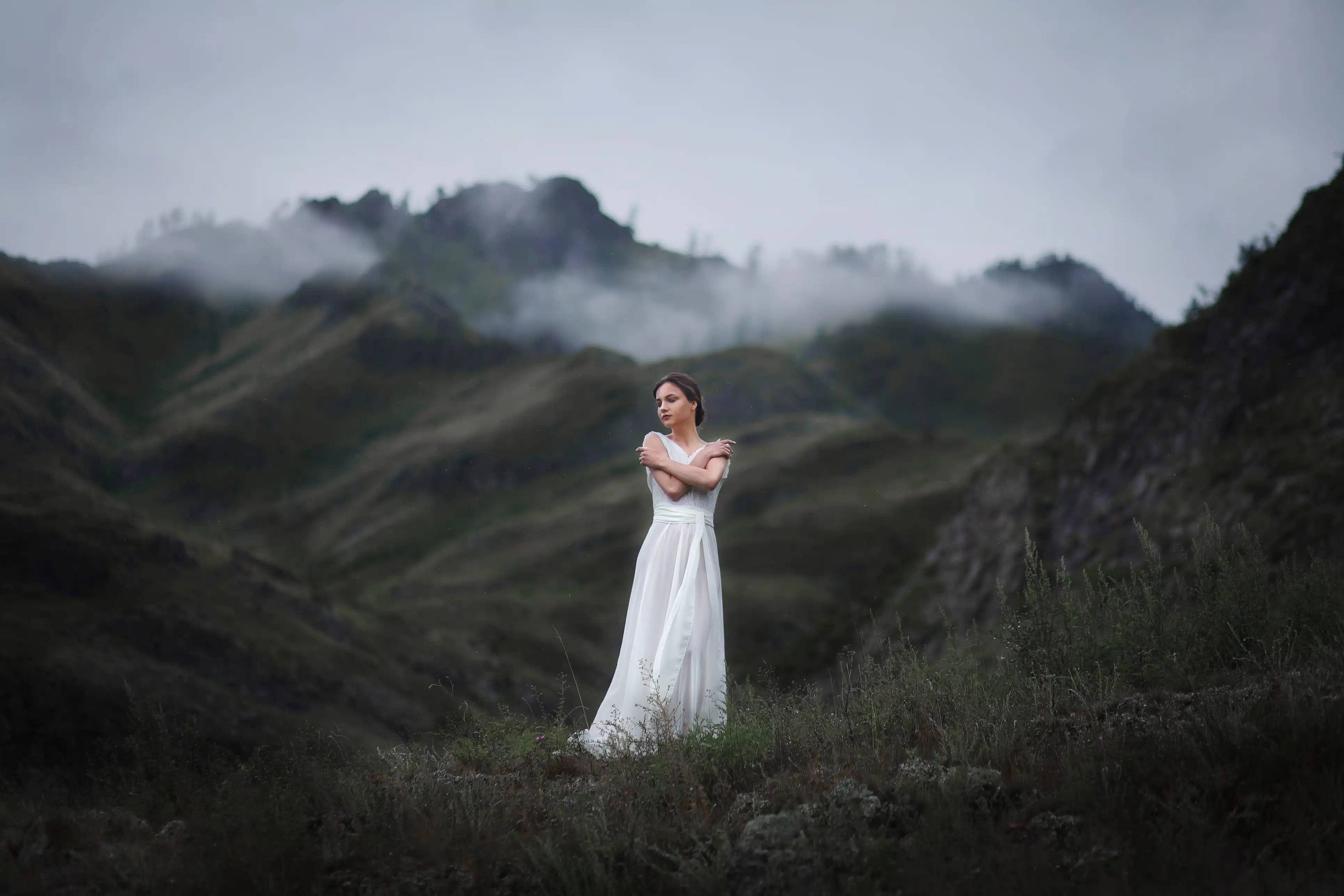
“Requiescat” by Matthew Arnold
Strew on her roses, roses,
And never a spray of yew!
In quiet she reposes;
Ah, would that I did too!
Her mirth the world required;
She bathed it in smiles of glee.
But her heart was tired, tired,
And now they let her be.
Her life was turning, turning,
In mazes of heat and sound.
But for peace her soul was yearning,
And now peace laps her round.
Her cabin’d, ample spirit,
It flutter’d and fail’d for breath.
To-night it doth inherit
The vasty hall of death.
“Morality” by Matthew Arnold
We cannot kindle when we will
The fire which in the heart resides;
The spirit bloweth and is still,
In mystery our soul abides.
But tasks in hours of insight will’d
Can be through hours of gloom fulfill’d.
With aching hands and bleeding feet
We dig and heap, lay stone on stone;
We bear the burden and the heat
Of the long day, and wish ’twere done.
Not till the hours of light return,
All we have built do we discern.
Then, when the clouds are off the soul,
When thou dost bask in Nature’s eye,
Ask, how she view’d thy self-control,
Thy struggling, task’d morality—
Nature, whose free, light, cheerful air,
Oft made thee, in thy gloom, despair.
And she, whose censure thou dost dread,
Whose eye thou wast afraid to seek,
See, on her face a glow is spread,
A strong emotion on her cheek!
“Ah, child!” she cries, “that strife divine,
Whence was it, for it is not mine?
“There is no effort on my brow—
I do not strive, I do not weep;
I rush with the swift spheres and glow
In joy, and when I will, I sleep.
Yet that severe, that earnest air,
I saw, I felt it once—but where?
“I knew not yet the gauge of time,
Nor wore the manacles of space;
I felt it in some other clime,
I saw it in some other place.
‘Twas when the heavenly house I trod,
And lay upon the breast of God.”
“Philomela” by Matthew Arnold
Hark! ah, the nightingale—
The tawny-throated!
Hark, from that moonlit cedar what a burst!
What triumph! hark!—what pain!
O wanderer from a Grecian shore,
Still, after many years, in distant lands,
Still nourishing in thy bewilder’d brain
That wild, unquench’d, deep-sunken, old-world pain—
Say, will it never heal?
And can this fragrant lawn
With its cool trees, and night,
And the sweet, tranquil Thames,
And moonshine, and the dew,
To thy rack’d heart and brain
Afford no balm?
Dost thou to-night behold,
Here, through the moonlight on this English grass,
The unfriendly palace in the Thracian wild?
Dost thou again peruse
With hot cheeks and sear’d eyes
The too clear web, and thy dumb sister’s shame?
Dost thou once more assay
Thy flight, and feel come over thee,
Poor fugitive, the feathery change
Once more, and once more seem to make resound
With love and hate, triumph and agony,
Lone Daulis, and the high Cephissian vale?
Listen, Eugenia—
How thick the bursts come crowding through the leaves!
Again—thou hearest?
Eternal passion!
Eternal pain!
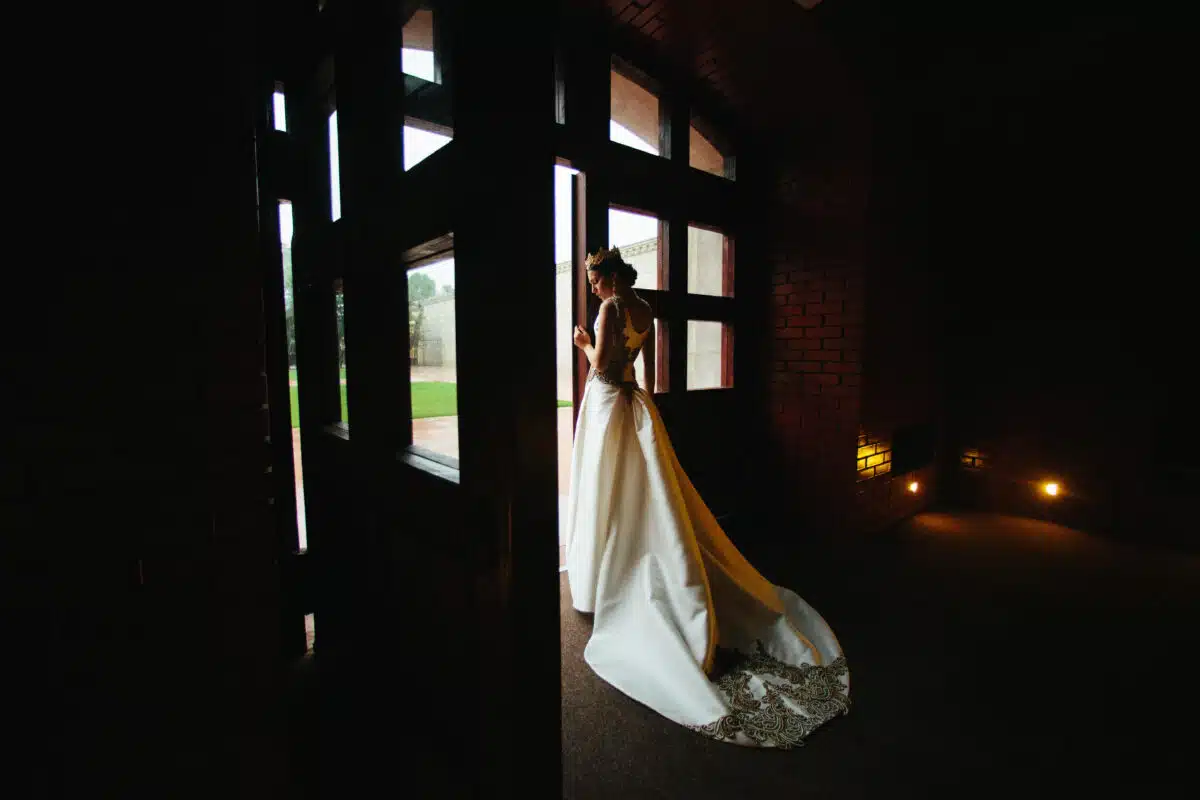
“Near the Wall of a House” by Yehuda Amichai (Chana Bloch and Stephen Mitchell, Translators)
Near the wall of a house painted
to look like stone,
I saw visions of God.
A sleepless night that gives others a headache
gave me flowers
opening beautifully inside my brain.
And he who was lost like a dog
will be found like a human being
and brought back home again.
Love is not the last room: there are others
after it, the whole length of the corridor
that has no end.
“Quick and Bitter” by Yehuda Amichai
The end was quick and bitter.
Slow and sweet was the time between us,
slow and sweet were the nights
when my hands did not touch one another in despair but in the love
of your body which came
between them.
And when I entered into you
it seemed then that great happiness
could be measured with precision
of sharp pain. Quick and bitter.
Slow and sweet were the nights.
Now is bitter and grinding as sand—
“Let’s be sensible” and similiar curses.
And as we stray further from love
we multiply the words,
words and sentences so long and orderly.
Had we remained together
we could have become a silence.
“Forgetting Someone” by Yehuda Amichai (Chana Bloch, Translator)
Forgetting someone is like forgetting to turn off the light
in the backyard so it stays lit all the next day
But then it is the light that makes you remember.

“Laugh and Be Merry” by John Masefield
Laugh and be merry, remember, better the world with a song,
Better the world with a blow in the teeth of a wrong.
Laugh, for the time is brief, a thread the length of a span.
Laugh and be proud to belong to the old proud pageant of man.
Laugh and be merry: remember, in olden time.
God made Heaven and Earth for joy He took in a rhyme,
Made them, and filled them full with the strong red wine of
His mirth
The splendid joy of the stars: the joy of the earth.
So we must laugh and drink from the deep blue cup of the sky,
Join the jubilant song of the great stars sweeping by,
Laugh, and battle, and work, and drink of the wine outpoured
In the dear green earth, the sign of the joy of the Lord.
Laugh and be merry together, like brothers akin,
Guesting awhile in the rooms of a beautiful inn,
Glad till the dancing stops, and the lilt of the music ends.
Laugh till the game is played; and be you merry, my friends.
“The Island of Skyros” by John Masefield
Here, where we stood together, we three men,
Before the war had swept us to the East
Three thousand miles away, I stand again
And hear the bells, and breathe, and go to feast.
We trod the same path, to the selfsame place,
Yet here I stand, having beheld their graves,
Skyros whose shadows the great seas erase,
And Seddul Bahr that ever more blood craves.
So, since we communed here, our bones have been
Nearer, perhaps, than they again will be,
Earth and the worldwide battle lie between,
Death lies between, and friend-destroying sea.
Yet here, a year ago, we talked and stood
As I stnad now, with pulses beating blood.
I saw her like a shadow on the sky
In the last light, a blur upon the sea,
Then the gale’s darkness put the shadow by,
But from one grave that island talked to me;
And, in the midnight, in the breaking storm,
I saw its blackness and a blinking light,
And thought, “So death obscures your gentle form,
So memory strives to make the darkness bright;
And, in that heap of rocks, your body lies,
Part of the island till the planet ends,
My gentle comrade, beautiful and wise,
Part of this crag this bitter surge offends,
While I, who pass, a little obscure thing,
War with this force, and breathe, and am its king.”
“Mother, I Cannot Mind My Wheel” by Walter Savage Landor
Mother, I cannot mind my wheel;
My fingers ache, my lips are dry:
O, if you felt the pain I feel!
But O, who ever felt as I?
No longer could I doubt him true—
All other men may use deceit;
He always said my eyes were blue,
And often swore my lips were sweet.
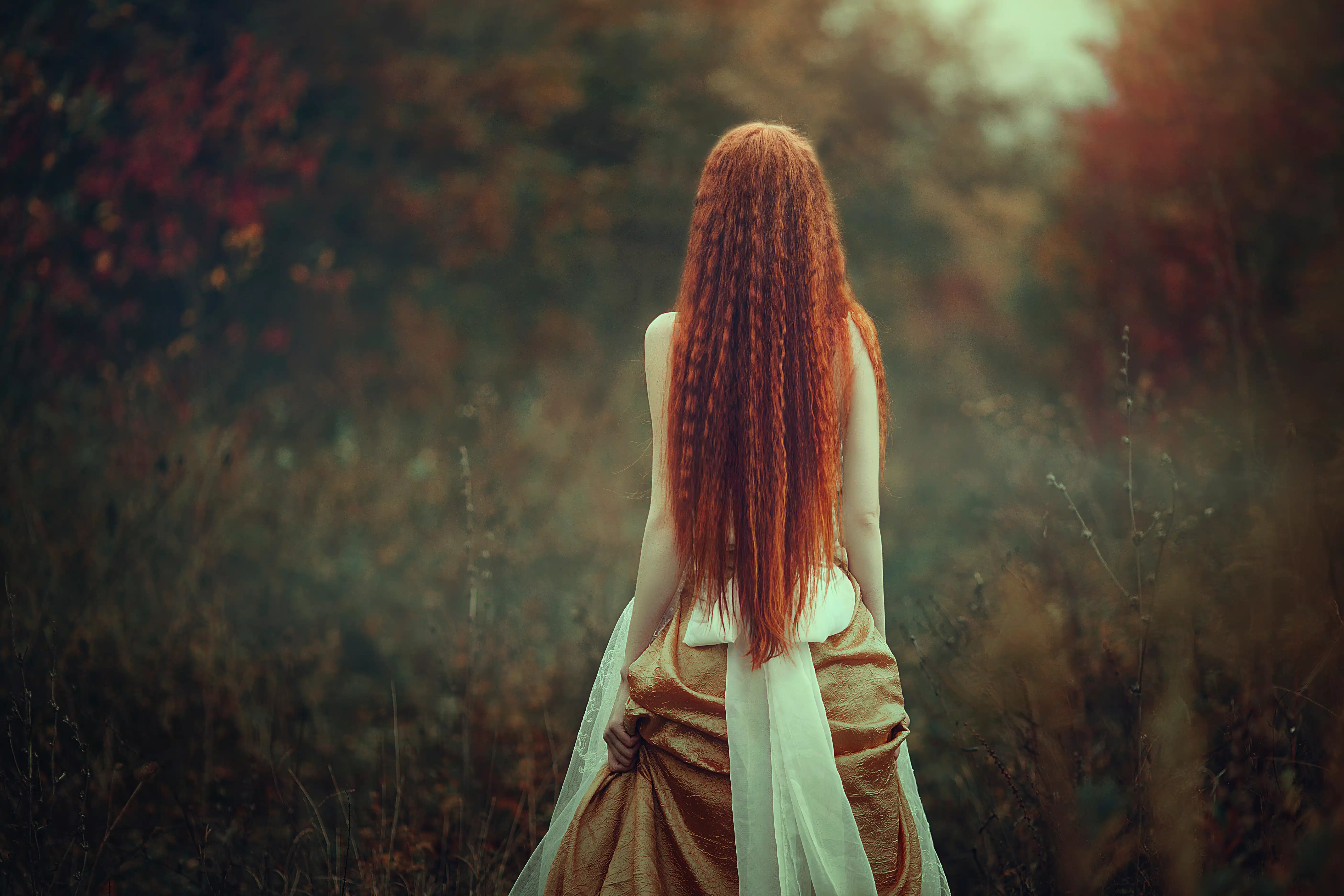
“To the River” by Edgar Allan Poe
Fair river! in thy bright, clear flow
Of crystal, wandering water,
Thou art an emblem of the glow
Of beauty, the unhidden heart,
The playful maziness of art
In old Alberto’s daughter;
But when within thy wave she looks,
Which glistens then, and trembles,
Why, then, the prettiest of brooks
Her worshiper resembles;
For in his heart, as in thy stream,
Her image deeply lies,
His heart which trembles at the beam
Of her soul-searching eyes.
